Bernie Madoff
description: an American financier convicted of running a Ponzi scheme
274 results
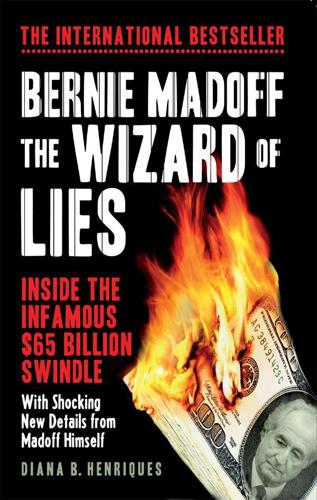
Bernie Madoff, the Wizard of Lies: Inside the Infamous $65 Billion Swindle
by Diana B. Henriques · 1 Aug 2011 · 598pp · 169,194 words
Secret Life and Public Power of the Mutual Fund Giant The Machinery of Greed: Public Authority Abuse and What to Do About It BERNIE MADOFF, THE WIZARD OF LIES BERNIE MADOFF, THE WIZARD OF LIES INSIDE THE INFAMOUS $65 BILLION SWINDLE DIANA B. HENRIQUES A Oneworld Book First published in Great Britain and the
…
Commonwealth by Oneworld Publications 2011 First published in the USA and Canada as The Wizard of Lies: Bernie Madoff and the Death of Trust by Times Books, 2011 This ebook edition published by Oneworld Publications 2011 Published by arrangement with Times Books, an imprint
…
THE MADOFF FAMILY Bernie Madoff, founder of Bernard L. Madoff Investment Securities Ruth Madoff (née Alpern), his wife Mark Madoff, their elder son, born 1964 Andrew Madoff, their younger son, born 1966 Peter Madoff, Bernie Madoff’s younger brother Shana Madoff, his daughter Roger Madoff, his son Ralph Madoff, Bernie Madoff’s father Sylvia Madoff (née Muntner), Bernie Madoff’s
…
mother AT BERNARD
…
L. MADOFF INVESTMENT
…
SECURITIES Eleanor Squillari, Bernie Madoff’s secretary Irwin Lipkin, Madoff’s first employee Daniel Bonventre, the
…
Grosso, a manager of the Kingate fund, based in London Rodrigo Echenique Gordillo, a Banco Santander director in Madrid COHMAD SECURITIES Maurice J. “Sonny” Cohn, Bernie Madoff’s partner in this firm Marcia Beth Cohn, his daughter WHISTLE-BLOWERS Michael Ocrant, a writer for an elite hedge fund newsletter Erin Arvedlund, a
…
do what, but a Friday appointment should give him enough time to sort things out. In his nineteenth-floor office on this cold, blustery Monday, Bernie Madoff starts going through the motions. Around him, the setting is incongruously serene: black lacquer furnishings against silvery carpets and darker grey walls, a graceful staircase
…
. The investigative machinery grinds into motion. The FBI musters its financial crime team. The SEC, not for the first time, opens a case file labelled “Madoff, Bernard L.” It’s not precisely clear how Madoff spends the rest of this day, the last day he will be able to go anywhere unrecognized
…
a few hours, the forty-eight-year-old firm called Bernard L. Madoff Investment Securities has been seized by regulators, who will shut it down and dismantle it. Sometime on this day, federal investigators remove a thick stack of cheques from Bernie Madoff’s office. Made out at DiPascali’s direction and signed yesterday
…
to publicly document it. By the late 1970s, Frank Avellino and Michael Bienes realized that they simply had to do something about their arrangement with Bernie Madoff. The process that Saul Alpern had begun a decade earlier—receiving cheques from investors, logging in the individual profits, mailing out cheques for the withdrawals
…
to purchase preferred stock and short the common stock,” he recalled. So it seemed possible—perhaps Stanley Chais persuaded himself it was even plausible—that Bernie Madoff could have used legitimate arbitrage strategies to generate steady, reliable profits on the money Chais collected for the Lambeth, Brighton, and Popham accounts at Madoff
…
, they also unwittingly helped pave the path to Bernie Madoff. One regional brokerage firm that became a trusted conduit for Madoff investors was Engler & Budd in Minneapolis. Mendel “Mike” Engler founded the firm in 1961, and the relationship between his firm and Bernard L. Madoff Investment Securities represented an important step forward in the
…
exchange’s board. Those positions—they were, after all, directors of a recognized regional stock exchange—added to Madoff’s visibility with regulators. In 1979, Bernie Madoff also became a member of the NASD committee that helped create an electronic system linking all the regional stock exchanges (including Cincinnati) with the New
…
the magazine reported. “Obscure outside investment banking circles, the 48-year-old Madoff doesn’t seek much publicity.” Even if the general public still considered Bernie Madoff obscure, his influence in industry circles was beginning to outstrip the relatively modest size of his family firm—even though it seemed to be growing
…
conditions in the marketplace that are indescribable; gigantic losses, it’s staggering.” It seemed that the much-ballyhooed market of the future—one in which Bernie Madoff had made his reputation—had utterly and unexpectedly failed. The Madoff firm, dealing as a wholesaler for largely institutional clients, was buffered from the worst
…
president. The American Jewish Congress was a melting pot for wealthy donors to Jewish causes and institutions, and it was there that Squadron first met Bernie Madoff. A tireless recruit on numerous educational and cultural boards, Squadron was instrumental in the rescue of the New York City Center, an important cultural institution
…
, enlisted Madoff’s support. In time, important people at the American Jewish Congress and City Center would become clients of Squadron’s good friend Bernie Madoff, and Madoff himself would join the City Center board—where his fellow board members would include Squadron’s wife and a member of the Wilpon family, which
…
lead in dealing with the SEC’s interest in the firm. So, most likely, he was the one who called and broke the news to Bernie Madoff. Madoff did two things. First, he called his friend and longtime investor Howard Squadron and asked if his law firm would take on the case. Squadron
…
, “and indicated they were still grappling to understand how such results have been achieved for so long.” The following week, a similarly sceptical view about Bernie Madoff’s money management operation was expressed by another writer, Erin Arvedlund, in Barron’s magazine, a mainstream financial publication likely to reach far more investors
…
available, it seemed unlikely that those spots would be claimed by anyone but raw recruits. In the years ahead, increasingly creative Wall Street criminals like Bernie Madoff would be policed by increasingly inexperienced and ill-trained SEC investigators. The dishonestly bullish reports that Wall Street analysts had turned out on flimsy technology
…
earlier, when a Rampart executive asked him to investigate why Rampart’s options hedging strategies could not achieve the kind of returns routinely posted by Bernie Madoff. The son of immigrant Greek restaurant owners in Erie, Pennsylvania, Markopolos had earned a bachelor’s degree in business administration from Loyola University of Maryland
…
became potential hedge fund customers. Indeed, a growing number of them had already moved their “self-directed” individual retirement accounts (IRAs) into the hands of Bernie Madoff. A self-directed IRA was typically one that contained investments other than the traditional (and traditionally regulated) stocks, bonds, and mutual funds. These alternatives ranged
…
including hedge funds. By 2003 countless smaller pension plans also were investing in these higher-risk “alternatives”—indeed, dozens of them were already investing in Bernie Madoff. As early as 1989, six small trade unions in upstate New York had started investing pension assets with Madoff through an investment advisory firm on
…
his deathbed was to say good-bye to his dear friend Bernie. His son would recall that Levy’s last words to his children were: “Bernie Madoff, trust Bernie Madoff.” Levy died on September 9, 2005, at the age of ninety-three. He had named Madoff as the executor for his financial assets, which
…
funds were separately audited by one of the world’s largest firms, PricewaterhouseCoopers, not Friehling & Horowitz. Any audits done for the Madoff brokerage firm were Bernie Madoff’s business, not theirs. They didn’t share what they had learned about the Friehling firm with their concerned investors. Instead, they put out sales
…
safety. And, of course, his investors—whether hedge fund managers or heartland retirees, leading economists or lagging industrial unions—all privately convinced themselves that, with Bernie Madoff, they were somehow getting both. Beneath the surface of public attention, things were already crumbling by late summer of 2007—for Madoff and for the
…
Bernard L. Madoff. “I think the larger question is if the Risk Group is comfortable with BLM counterparty risk.” It used to be. Is it still? SUNDAY, SEPTEMBER 7, 2008 The weather is hot and humid, but a soft west wind is making the Long Island shore a little more comfortable. Bernie Madoff’s
…
derivatives designed to track the performance of the Fairfield Sentry fund. Vijayvergiya listens as the bank staffer poses a series of questions about—what else?—Bernie Madoff. The bank’s questions have become more frequent and insistent, and nothing Fairfield Greenwich says about Madoff seems satisfactory. Then the bank sends in
…
—has supposedly grown to more than $85 million. At today’s routine meeting, Merkin recommends that NYU invest directly in a fund run by Bernie Madoff. True, Madoff clears his own trades—there is no third-party custodian holding the assets—but he has offered a good steady return year after year, Merkin
…
cyberspace devoted to Ruth Madoff and her sons, few, if any, commentators asked the obvious question: What if they were innocent? Perhaps they simply trusted Bernie Madoff, without question—as all his victims did. Perhaps they honestly assumed they were the lucky beneficiaries of his obsessively private but hugely successful hedge fund
…
of the wardrobe restrictions, handcuffed, escorted downstairs, and eased into the rear passenger seat of the waiting government sedan. Once, Bonventre had so closely resembled Bernie Madoff that employees joked that they were twins separated at birth. The similarity was lost now. Bonventre had grown a neatly trimmed white beard and lost
…
are honest with themselves, they will have to admit that he was recognizably, shamefully human every step of the way—just like the last Bernie Madoff and the first Bernie Madoff. That is the most enduring lesson of the Madoff scandal: in a world full of lies, the most dangerous ones are those we
…
hold a 9 percent stake in Cohmad Securities, formed by his brother and Maurice J. “Sonny” Cohn in 1985. But, unlike Bernard L. Madoff Investment Securities, that firm was not under Bernie Madoff’s control; he himself owned only a minority stake in it. 48 he and Sylvia would sometimes help Bernie by riding
…
. Over time, it became a choice venue for Jewish weddings, receptions, and charitable events. When the Wall Street division of the American Jewish Committee honored Bernie Madoff in 1999, the reception was held at the Harmonie Club. 72 after six years at Cowen & Company: Central Registration Depository (CRD) records for Marcia
…
Mensch,” New York, Mar. 2, 2009, p. 18. Fishman noted that “Ezra took Bernard L. Madoff Investment Securities places Bernie couldn’t have dreamed of going by himself. The list of people and institutions that Ezra Merkin put with Bernie Madoff is a kind of Jewish social register. There was Mort Zuckerman, the media
…
:05-cr-01036-CM-1. 148 One of his last calls from his deathbed: Confidential interview with a longtime friend of the Levy family. 148 “Bernie Madoff, trust Bernie Madoff”: Fox Business News interview with Francis Levy, “Bulls and Bears,” January 2009, from a transcript of Money for Breakfast, Jan. 9, 2009, posted on
…
CEOWire and retrieved from BNET. 148 He had named Madoff as the executor: SIPC v. Bernard L. Madoff Investment Securities, Debtor; In re: Bernard L. Madoff, Debtor (hereafter Main Madoff
…
of Bernard L. Madoff Investment Securities employee lists, and interviews with Squillari, BLM, three confidential sources who attended the 2007 office party, and confidential sources familiar with the operation of the Madoff firm. 183 On Madoff’s calendar, this evening belongs to New York City Center: BLM appointment calendar for 2008. 183 Bernie Madoff
…
figures are all drawn from the relevant SIPC annual reports, available online at its Web site, www.sipc.org. 224 their first confidential meeting with Bernie Madoff and his lawyers: This passage has been reconstructed from confidential interviews with as many of the participants as possible and from Madoff’s own recollections
…
Protection, www.investoraction.org. 324 promised to introduce a stronger replacement: Press Release, “NIAP President Ron Stein Statement Welcoming Legislation to Protect Investors Defrauded by Bernie Madoff,” Network for Investor Action and Protection, Dec. 20, 2010. 325 “Equitable Treatment of Investors Act”: Congressman Scott Garrett, a Republican from New Jersey, introduced the
…
, 194, 206, 228 Bell, Kevin, 244 Benbassat, Mario, 168 Bennett, Gordon, 232–33, 341 Benton, Thomas Hart, 317 Bernanke, Ben, 228 Bernard L. Madoff Investment Securities. See also feeder funds; Madoff, Bernard L.; Madoff Securities International, Ltd; Madoff victims; Securities and Exchange Commission; and specific employees, family members, feeder accounts, and investors appearance of
…
, 19, 226, 230, 274, 324 illness of, 3, 135, 285 lawsuits vs., 285–87, 294–95, 321, 324 loans to, 161, 179, 198 Madoff, Bernard L. See also Bernard L. Madoff Investment Securities; Madoff Securities International, Ltd.; Madoff victims; and specific agencies, funds, and individuals arbitrage and, 38–41, 52 arrest of, 12–16
…
Piedrahita, Andrés, 108 Piedrahita, Corina Noel, 108 Pink Sheets, 26–27, 44–46 Pitt, Harvey, 327 Polaroid, 35 Pollard, Jonathan, 332 Ponzi schemes. See also Madoff, Bernard L. Bayou Group exposed as, 147–49 bull markets and, 25 Chaitment suit and liquidation rules for, 260–62 defined, 29 derivatives, and, 155 lessons
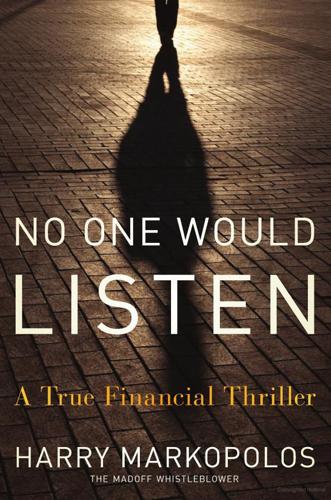
No One Would Listen: A True Financial Thriller
by Harry Markopolos · 1 Mar 2010 · 431pp · 132,416 words
Data: Markopolos, Harry. No one would listen : a true financial thriller / Harry Markopolos. p. cm. Includes index. eISBN : 978-0-470-62576-7 1. Madoff, Bernard L. 2. Ponzi schemes—United States. 3. Investment advisors—Corrupt practices—United States. 4. Hedge funds—United States. 5. Securities fraud—United States—Prevention. 6
…
legitimate. Madoff’s story shows that investors are attracted to too-good-to-be-true situations despite the red flags. How statistically different was Bernie Madoff’s track record from General Electric’s 100-quarter record of continual earnings growth or Cisco’s 13-quarter record of beating analysts’ quarterly estimates
…
kid gloves, imposes meaningless nondeterring fines, and emphasizes relatively unimportant things like record keeping rather than the substance of important things—like investors being swindled. Bernie Madoff epitomized the problem. When he was legit, Madoff was a large broker-dealer and the former chairman of NASDAQ. He was not famous as
…
attorneys, Ira Lee Sorkin and Nicole DeBello. Eventually Madoff was escorted into the room by a guard, who carefully unlocked and removed his handcuffs. Bernie Madoff had been a king of the financial industry, the widely respected cofounder and former chairman of NASDAQ, the owner of one of Wall Street’s
…
previous nine years I had been working secretly with three highly motivated men who worked in various positions in the financial industry to bring the Bernie Madoff fraud to the attention of the SEC. We had invested countless hours and risked our lives, and had saved no one—although eventually, after
…
and identify the single most corrupt operation in the world? (Or at least I certainly hope he was the most corrupt one.) Our investigation of Bernie Madoff started with these conversations between Frank Casey and me. A properly managed firm invests its clients’ money in a variety of financial products. The
…
he always returned a profit. There was no existing mathematical model that could explain that consistency. The whole thing made no sense to me. Bernie Madoff was among the most powerful and respected men on Wall Street. He had founded and operated an extremely successful broker-dealer firm. How could he
…
they assumed that even if Bernie got caught, their ill-gotten profits would end but their money was safe. How could it not be safe? Bernie Madoff was a respected businessman, a respected philanthropist, a respected political donor, a self-proclaimed cofounder of NASDAQ, and a great man. We were beginning
…
obviously that was a number I got very wrong. Chapter 3 Falling Down the Rabbit Hole If possible, Ed Manion was more determined to expose Bernie Madoff’s scheme than I was. After reading my submission, he believed firmly that it was strong enough to convince the Securities and Exchange Commission (
…
He might be running upwards of seven billion dollars.” Ocrant nodded. “Okay, it’s a bet. Who is it?” Frank said quietly, “Bernie Madoff.” Ocrant whipped his head around in surprise. “Bernard Madoff Securities? The market maker?” “Yep.” “No, that’s not possible. He’s not running hedge funds.” “I told you that was
…
maker? No, neither of them knew anything about it. They had been working in the industry for years, but had never heard a word about Bernie Madoff’s money management operation. That’s sort of strange, he thought. Then he expanded his investigation, casually questioning several knowledgeable contacts in the business.
…
, owners of Hartz Mountain. Whatever the original purpose of the call, eventually Ocrant found himself asking the now-familiar question: “Have you ever heard about Bernie Madoff managing money?” “God,” Taylor responded. “It’s funny you should mention that, because I just came back from a conference, and me and a
…
a manager who will use a ‘split-strike strategy’ and make whatever investment decisions he chooses”—although they were very careful never to specifically identify Bernie Madoff. When I went to the Fairfield Greenwich web site I was immediately struck by its extensive claims about how the firm protected its investors’
…
awards; in his career he has conducted a thousand interviews with powerful executives trying desperately and forcefully to convince him to accept their positions. And Bernie Madoff snowed him. There is a reason Madoff was able pull off the largest financial crime in history. Madoff was so smooth, so convincing, that
…
him a position to meet even more people. So rather than our investigation being sidetracked, as we physically moved further apart, the pursuit of Bernie Madoff became the glue that held the team together. Chapter 5 The Goddess of Justice Wears a Blindfold If I needed a reminder of how potentially
…
different form. I just didn’t feel the industry was providing products that people should be buying. Basically, I was getting really bored. Investigating Bernie Madoff, as well as the work I had started doing on the market-timing cases, convinced me I could be successful at fraud investigation. And I
…
this profession would require its members to report criminal activity upon discovery. Lots of large banks, particularly European banks, ended up in bed with Bernie Madoff—which should give all investors pause when trusting any financial institution with their hard-earned money. In finance, 90 percent of the skullduggery takes place
…
commonsense safeguard. Investors may have wired their money to prestigious Custody Bank A but unbeknownst to them, this bank then wired the money straight to Bernie Madoff who, acting as sub-custodian, “self-custodied” the assets himself and then stole every dime. Obviously these large custody banks “rented” their “good names”
…
investors didn’t realize they were being hoodwinked. Third party plan administrators who are charged with record keeping and performance accounting were also fooled by Bernie Madoff—or were they? HFOFs like to brag about their use of these so-called third party plan administrators as an additional investor safeguard, but
…
him, “Check out Bloomberg. It’s the headline. Madoff turned himself in.” Neil turned and looked at the Bloomberg terminal. The headline confirmed it. Bernie Madoff had been arrested for running a $50 billion Ponzi scheme. Neil took a deep breath, then turned away from the monitor and went back to
…
could really show his contrition to his family and friends and clients whose money he had lost. Thierry was also my friend, and I believed Bernie Madoff killed him. Access International had lost about $1.4 billion, including investments from the royal families across Europe, Thierry’s own $55 million personal
…
to listen and learn. Maybe the Democrats are right; maybe we do need to change the regulations.” Maybe the Democrats were right? Who knew that Bernie Madoff was so awful he could even bring the Democrats and Republicans together? In Chairman Paul Kanjorski’s opening statement, he explained, “We are using
…
violations stops fraud. Until the SEC puts professionals on these examination teams and allows them to conduct thorough examinations, the odds of uncovering the next Bernie Madoff—and Bernie was not out there alone—are minuscule at best. Fourth, money talks business. The only way the SEC is going to attract
…
my submissions should have done was immediately turn on their Bloomberg terminals and analyze the actual OEX Standard & Poor’s 100 index options trades that Bernie Madoff purported to trade on specific dates. If they had done that, they would have discovered that those trades never took place. But they couldn’
…
important point: the issue of self-regulation and whistle-blowing. I believe that several hundred finance professionals around the world knew or suspected that Bernie Madoff was a fraud—but none of these people contacted the SEC with their suspicions and identified themselves. Nor was there any system in place to
…
over the lack of regulatory action. No one, absolutely no one, enjoys playing on a losing team. Fifteenth, regulate and give investors some guidelines. Bernie Madoff didn’t just steal billions of dollars; he exposed the lack of government supervision of the financial industry to a public that had already been
…
it generates commission revenue. [Madoff Securities also manages money in the program allocated by an unknown number of endowments, wealthy individuals and family offices. While Bernie Madoff refuses to reveal total assets under management, he does not dispute that the figure is in the range of $6 billion to $7 billion.]
…
expresses the belief that, if nothing else, Madoff must be using other stocks and options rather than only those in the S&P 100. Bernie Madoff is willing to answer each of those inquiries, even if he refuses to provide details about the trading strategy he considers proprietary information. And in
…
New York City based broker-dealer, ECN, and what is effectively the world’s largest hedge fund. Bernard “Bernie” Madoff, the family patriarch started the firm. According to the www.madoff.com website, “Bernard L. Madoff was one of the five broker-dealers most closely involved in developing the NASDAQ Stock Market. He has
…
Barron’s. I have attached a copy of the Barrons’ article which lists numerous red flags. b. Michael Ocrant, formerly a reporter for MARHedge visited Bernie Madoff’s offices and wrote a very negative article entitled, “Madoff tops charts; skeptics ask how,” that doubted the source of BM’s returns. This
…
trade information value 10 minute option = 10 cents worth of trade information value 15 minute option = 12 cents worth of trade information value Conclusion: Bernie Madoff used to advertise in industry trade publications that he would pay 1 cent per share for other broker’s order flow. If he was paying
…
says he buys (Exxon, McDonalds, American Express, IBM, Merck, etc...). 18. Red Flag # 22: The Fairfield Sentry Limited Performance Chart (Attachment 1) depicted for Bernie Madoff’s investment strategy is misleading. The S&P 500 return line is accurate because it is moving up and down, reflecting positive and negative returns
…
the world’s largest unregistered hedge fund. He’s organized this business as “hedge fund of funds private labeling their own hedge funds which Bernie Madoff secretly runs for them using a split-strike conversion strategy getting paid only trading commissions which are not disclosed.” If this isn’t a regulatory
…
face increased due diligence from regulators, investors, prime brokers and counter-parties which is a good thing and long overdue. Potential Fall Out if Bernie Madoff is found out to be front-running customer order flow: 1. This would be just one more black eye among many for the brokerage industry
…
investors to keep mum,” written by Erin E. Arvedlund. 3. Partial list of French and Swiss money-managers and private banks with investments in Bernie Madoff’s hedge fund. Undoubtedly there are dozens more European FOF’s and Private Banks that are invested with BM. 4. 2 page offering memorandum,
…
Tell,” (Barron‘s, May 7, 2001, http://online.barrons.com/article/SB989019667829349012.html); her book, Too Good to Be True: The Rise and Fall of Bernie Madoff (Portfolio, 2009); Michael Ocrant’s article, “Madoff Tops Charts; Skeptics Ask How” (MARHedge 89, May 2001, page 1)—also printed in full as Appendix
…
concerns about Darien Capital Management Data analysis Data collection DeBello, Nicole de la Villehuchet, Bertrand de la Villehuchet, Claudine de la Villehuchet, Rene-Thierry: on Bernie Madoff and Frank Casey and Harry Markopolos meets Frank Casey suicide Department of Justice Derivative experts Devoe, George diBartolomeo, Dan Dickens, Charles Direct accounts Discrepancies Documentation
…
Drosos, Elaine Drug cartels Due diligence Dumb equity Ebbers, Bernie Efficient markets hypothesis Electronic security Electronic trading European banks European investors Excuses for investing with Bernie Madoff Fairfield Emerald Fairfield Greenwich Group Fairfield Greenwich Sentry Fund False Claims Act cases Fax machines Federal Bureau of Investigation (FBI) Feeder funds Fielder, David
…
mishandling of Harry Markopolos complaint Congressional investigation on Grant Ward Harry Markopolos and Inspector General investigation Inspector General report Mike Ocrant interviewed report by visits Bernie Madoff Kozlowski, Dennis Kroft, Steve Lamoure, Peter Lawyers Lay, Ken Leary, Kevin Le Monde Line of credit Littaye, Patrick Little Dorrit (Dickens) Locks Logue, Ron
…
Markopolos, Faith Markopolos, Harry: career broker experience at Darien Capital Management European trip fraud investigation beginnings fraud investigation efforts fraud investigation experience leaves Rampart post Bernie Madoff arrest at Rampart reverse engineering role of work future Congress congressional investigation congressional testimony Senate Banking Committee hearing early life background of early career of
…
, concerns about family at risk Louie Markopolos marriage of threat response François de Flaghac friendships interview by friends Jonathan Sokobin Madoff investigation on Bernie Madoff Bernie Madoff confession activities plan to expose Bernie Madoff post Bernie Madoff arrest reverse engineering role of WSJ story meetings with Gaytri Kachroo John Wilke Mary Schapiro Mike Garrity Scott Franzblau opinions
…
of Securities Dealers (NASD) New option trading scheme News reports New York Times Ng, Tim Numerical assessment Obama, Barack Ocrant, Mike on Bernie Madoff’s Jewish connection calls Bernie Madoff Clinton cattle trading scam continued activities of early life of education and early career Fairfield Greenwich returns Greg Zuckerman hedge funds investigation impact
…
of Bernie Madoff case on at Institutional Investor interviews Bernie Madoff joins team meets Frank Casey meets John Wilke post Bernie Madoff arrest public acknowledgment of role reports to Commodity Futures Trading Commission role of SEC interview urges reporting
…
, Rudi Schapiro, Mary Schulman, Diane Schumer, Chuck Schwager, Jack Secrecy Securities and Exchange Commission (SEC): 2005 submission disclosure audits BDO mishandles Harry Markopolos filing Bernie Madoff and bounty program changes at Chuck Schumer call to in congressional hearings criminal investigation damage by inaction of danger from disregards Harry Markopolos complaint Division
…
Markopolos visits ignores Harry Markopolos complaint impact on incompetence of informal inquiry Inspector General Inspector General findings Inspector General investigation Inspector General review investigation of Bernie Madoff jurisdictional problems liability of MARHedge reporting market timing complaint New York regional office New York office incompetence Office of Economic Analysis origins of post
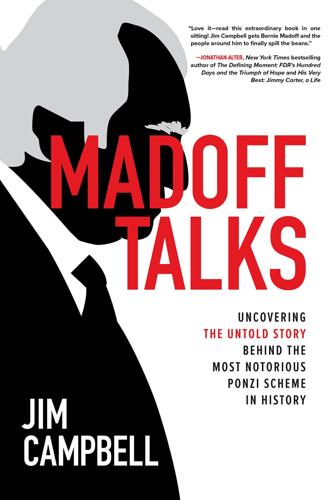
Madoff Talks: Uncovering the Untold Story Behind the Most Notorious Ponzi Scheme in History
by Jim Campbell · 26 Apr 2021 · 369pp · 107,073 words
who wants to know what really happened in the biggest Ponzi scheme of all time needs to read Jim Campbell’s extraordinary book. He gets Bernie Madoff and the people around him to finally spill the beans. —Jonathan Alter, New York Times bestselling author of The Defining Moment: FDR’s Hundred
…
A Tale of Hubris and Wretched Excess on Wall Street The question behind every fraud, big or small, is why? For all the coverage of Bernie Madoff, still the biggest fraudster of them all, that question still hangs in the air. Read Jim Campbell’s wonderfully reported book, in which he got
…
fast-paced insider’s account of the story behind the story of the biggest Ponzi scheme in American history. I never understood how or why Bernie Madoff created a culture that sucked in so many unquestioning participants for so long. But thanks to Campbell’s relentless reporting, we hear not just from
…
to any claim or cause whatsoever whether such claim or cause arises in contract, tort or otherwise. To Dad, who gave me the moral foundation Bernie Madoff so sorely lacked. To MRC, who delayed some of her dreams so I might pursue mine. It’s your turn. To the Madoff victims,
…
Madoff victims, and particularly Madoff Victims Coalition coordinator Ronnie Sue Ambrosino, who trusted me with uncovering the truth, even knowing of my extensive contact with Bernie Madoff. McGraw Hill’s belief in this project has been astounding. My first editor, Noah Schwartzberg, bought into Madoff Talks inside of one week. He
…
One Man’s Fraud to the Unwitting Conspiracy That Led to the Failure of the Financial Regulatory System—and the Willful Blindness on Wall Street Bernie Madoff: “Jim, I’m going to go on my wife’s impression, and her representation of Andrew’s, that you are worth spending the effort
…
Thierry Magon de La Villehuchet. René was an old-style gentleman. His word was his bond. Trust was his currency. He invested that trust with Bernie Madoff. Rene’s mellifluous name and bearing was only outdone by the upper-crust and royal families of Europe he counted among his trusting customers. René
…
ran what was to become known as one of the first Madoff “feeder funds,” money managers who would funnel investors’ assets into the hands of Bernie Madoff and his secretive hedge fund. At the time, it was still largely unknown that Madoff was even in the hedge fund business, much less that
…
to the day after his father’s arrest. Madoff’s younger son, Andrew—a source for this book—died of cancer a few years later. Bernie Madoff, who never admitted to even being an investment advisor until 2006, just two years before his arrest, had done in some 16,000 investors
…
MADOFF: WAS THERE EVER A LEGITIMATE BERNIE? To fully understand Madoff, the story looks back at the rise of Madoff, given most people knew of Bernie Madoff only from his Ponzi scheme fraud. He built a legitimate, innovative, and highly respected business worth as much as $3 billion, without any Ponzi scheme
…
words upon learning the man she had been with since the age of 13 had resorted to running a giant fraud. WHO IS THE ELUSIVE BERNIE MADOFF? To my mind, it was not greed that drove Madoff to run the biggest Ponzi scheme ever. He had a compulsive need for control
…
. How does a person who devastated his Jewish community apparently lack appropriate empathy and remorse? We will attempt to solve the elusive enigma that is Bernie Madoff. CAN IT HAPPEN AGAIN? Finally, we’ll propose changes needed to ensure this systemic failure never happens again. We’ll tackle the reforms and
…
will shed light on lessons learned before history repeats itself—as it tends to on Wall Street. 1 THE FALL OF MADOFF The Final Days Bernie Madoff: “Jim, I was so desperate and delusional at the end, I was hoping there was a nuclear attack on Wall Street or some world
…
admitted that none of the trades were real. Ever. “From at least the early 1990s through December of 2008, there was one simple fact that Bernie Madoff knew, that I knew and that other people knew, but we never told the clients, nor did we tell the regulators, like the SEC.
…
woke up the morning after my law firm’s Christmas party to a call from Ike Sorkin. Sorkin said they had raided the offices of Bernie Madoff, and his number two guy, Frank DiPascali, needed a lawyer. I said: ‘Who the fuck is Madoff? Who the fuck is Frank DiPascali?’”27
…
fall of Madoff was complete. For the victims, darkness descended. 2 THE RISE OF MADOFF The Legit Bernie, or the “Front of the Restaurant” Bernie Madoff: “The Madoff Recovery Trustee and Prosecutor were too eager to ignore the first 36 years of my existence and the success we had improving the markets for
…
re going to go to jail. There’s no way to recover from it because over time you just get farther and farther behind.”2 Bernie Madoff went to the ends of the earth to build and then protect his reputation. His psyche seemed inextricably tethered to maintaining the perception of success
…
of their most respected hedge fund managers. Neither George Soros nor Julian Robertson merited a single mention, but one manager received lavish praise: Bernard Madoff. Folks on Wall Street know Bernie Madoff and his market-making business well. Few on Wall Street knew, Madoff was managing $6 to $7 billion for wealthy individuals, which
…
otherwise have moved the market, but a lot of bad trading behavior reputedly coexists. 3 THE MADOFF PATH TO PONZI Why Did Madoff Do It? Bernie Madoff: “Quite frankly, my relationship with my Big Four needs a great deal of SHRINK time. I was at their mercy.”1 Madoff’s defense attorney
…
Levy’s son, Francis, was reported to have said his father went to his grave believing in Bernie. Among his last words, perhaps apocryphally: “Trust Bernie Madoff.” Madoff’s shamelessness knew no limits. Carl Shapiro: The “Garmento” Carl Shapiro was a legendary figure in the garment industry. He owned Kay Windsor, Inc., one
…
draw up the agreements, obviously I could not have Coopers officially draw it up.” Bernard L. Madoff email to the author: 4/15/2016. 4 THE LARGEST AND LONGEST PONZI SCHEME IN HISTORY How Did Madoff Do It? Bernie Madoff: “Picower was giving Annette Bongiorno the backdating of trades info and YES I had
…
by Frank DiPascali, and operated by unwitting seventeenth-floor overpaid clerks. Some knew more than others. None knew it was a Ponzi scheme, other than Bernie. MADOFF PONZI SCHEME OPERATIONAL CORNERSTONE #1: THE SPLIT STRIKE CONVERSION INVESTMENT STRATEGY The brilliance of Madoff’s split strike conversion* strategy evolved from its seeming opaque
…
the backdoor to Picower. The simple truth is Madoff manufactured returns for Picower and the Big Four at the expense of his regular clients. From Bernie Madoff’s perspective, how much did the Big Four and feeder funds know? “It was always my belief that I was the only one that
…
options to generate premium income to cover the cost of the puts. 5 THE SYSTEMIC FAILURE The Whistleblowers and the Failure of the Financial Regulators Bernie Madoff: “I never met Harry Markopolos. From what some of his ex-clients have told me, he is a complete idiot. When he went on
…
Michael Ocrant’s MARHedge article, “Madoff Tops Charts; Skeptics Ask How,” and Erin Arvedlund’s article in Barron’s, “Don’t Ask, Don’t Tell: Bernie Madoff Is So Secretive, He Even Asks His Investors to Keep Mum.” Both cited Bernie’s ability to earn 15 percent a year compounded for over
…
from the lower left to the upper right of the graph with no downside deviations. I turned to the family investors and instantly exclaimed: ‘Oh, Bernie Madoff.’ They were incredulous. ‘Who told you? Oh my God, don’t tell anybody we told you.’ I said, ‘I know because if I tell
…
he got the by-then-familiar rejection line, “Sounds great, too complex for us.” To which Frank was then asked, “What do you know about Bernie Madoff?” This took place in October 2008, just two months before the sudden death of the Ponzi scheme. Frank tried to figure out the guy’s
…
The product development boss spilled the beans on Madoff. He’d married a wealthy heir to a Jewish fortune. At the wedding, none other than Bernie Madoff slapped him on the back and volunteered, since he was now extended family, that he could invest in his supposedly closed hedge fund. His new
…
the successor to the National Association of Securities Dealers, Inc. Source: Wikipedia. 6 THE MONEY TRAIL The Forensic Investigators and the Failure of Wall Street Bernie Madoff: “Jim, Dubinsky was from the fraud auditing firm SIPC Trustee Picard hired to issue a report after his examination of BLMIS. Unfortunately, they had no
…
took him; it was an intense trip. Duff & Phelps’s work came to be referred to as simply “The Dubinsky Report.” Its conclusions showed that Bernie Madoff was consistently involved in fraudulent investment activities beginning as far back as the early 1970s. Among Dubinsky’s most surprising revelations, the respected BLMIS market
…
a fund of funds manager, they are layering an extra level of fees on top of the individual funds. The individual money managers, such as Bernie Madoff’s hedge fund, typically charged management fees of 1 to 2 percent of assets under management, and on top of that, performance fees, generally 20
…
been prosecuted. When I was trying to describe her to Harry Markopolos, he weighed in before I could finish my sentence: “Co-conspirator. Soulmate to Bernie Madoff. You can assume there’s an international arrest warrant out on her.”23 Eleanor Squillari told me Sonja started out running a bakery shop, before
…
more than $90 million of bogus profits from Madoff’s IA fund. 7 THE ABUSE OF POWER SIPC, the Madoff Recovery Trustee, and the Victims Bernie Madoff on a lack of remorse for victims, citing what he called “excuses” his investors used: “No, I never bothered to read the offering documents,
…
Hill, a self-described Madoff “survivor,” eschewed the term “victim.” “Victim” implied helplessness, whereas “survivor” demonstrated taking back control of her life. Hill implicitly trusted Bernie Madoff with all of her prematurely deceased husband’s hard-earned profit-sharing money, IRA, and life insurance payout. Her husband had been a senior vice
…
Within three weeks, I had procured one of the last two AS/400s of that vintage available in the country. Now I was running the Bernie Madoff system. So, when I went to screen number seven and clicked button number seven, it started running the routines, and we could see what
…
” is the return earned in excess of the risk-free rate, per unit of volatility or total risk. 8 THE MADOFF FAMILY Did They Know? Bernie Madoff: “Andy and Catherine. I’m so sorry for everything. Dad”1 (From prison, apologizing in a one-sentence letter. See Figure 8.1.) Ruth
…
000; Frank DiPascali: $9,000; David Kugel: $500; and Marion Madoff: $400, she, as Peter’s wife with ghost employee status. Ironically, the ostensible cardholder, Bernie Madoff’s charges for the month: $0. Then there were the homes that were paid for directly out of the 703 account for Bonventre, DiPascali, and
…
UGLY The good: The consistent demeanor and actions of Ruth, Andrew, and Mark Madoff indicate that they were most likely unaware of or complicit in Bernie Madoff’s Ponzi scheme. The Madoff sons instantly moved to turn their father in. Not a single document out of millions has incriminated them to date
…
payoff, referred to as a “delta neutral interest rate position.” Sources: Investopedia and Wikipedia. 9 THE ELUSIVE MADOFF King of Wall Street to Inmate 61727054 Bernie Madoff on Madoff: “‘Why on earth did Bernie do it?’ Even Madoff doesn’t know. For that matter, neither did the SEC, and they more than anyone
…
or urges that trigger intensely distressing feelings. Source: International OCD Foundation. 10 NEVER AGAIN No More Ponzi Schemes (and the Big Conspiracies the Government Missed) Bernie Madoff: “Jim, this certainly sounds strange coming from me now, but people can confirm that I was a constant critic of Wall Street. I was a
…
the Madoff Ponzi scheme may be that the Ponzi scheme itself may not have even been the biggest crime, or certainly the only major crime. Bernie Madoff himself may have been a dupe to some extent in his own scheme, used as a laundromat for international money laundering. On the domestic side
…
essentially killed by the betrayal. Most importantly, the Madoff victims struggled valiantly to survive. Some, like British war hero Major Willard Foxton Sr., did not. Bernie Madoff’s stories turned out to be almost all lies. Yet rather than a one-dimensional sociopathic caricature of a villain, he was a more elusive
…
to come. The questions now are: Will the system learn from history, or will it repeat the failures of the past? Will there be another Bernie Madoff? * The author took Madoff’s final consolidated customer assets of $64.8 billion and compounded them at 11 percent for the years 2008–2020. *
…
and communications with Bernard L. Madoff. 33. Interviews and communications with Bernard L. Madoff. 34. Bernard L. Madoff email to the author, March 25, 2016. 35. Interviews and communications with Bernard L. Madoff. 36. Interviews and communications with Bernard L. Madoff. 37. Interview with Diane Francis, May 8, 2020. 38. Diana Henriques, The Wizard of Lies: Bernie Madoff and the Death
…
of Trust, Times Books, 2011. 39. Erin Arvedlund, “A Decade After Bernie Madoff’s Arrest, FBI Agents Reveal More About
…
His Ponzi Scheme,” Philadelphia Inquirer, December 6, 2018. 40. Interview with FBI Special Agent Paul Roberts, April 29, 2019. 41. Interview with Ira “Ike” Sorkin, April 10, 2019. 42. Interview with anonymous Madoff family source, April 19, 2019. 43. Interviews and communications with Bernard
…
Dodd, Chris, 281 Dodd-Frank Act, 135, 280–281, 284 DOJ (see US Department of Justice) Donohue, Mark, 115 “Don’t Ask, Don’t Tell: Bernie Madoff Is So Secretive, He Even Asks His Investors to Keep Mum” (Arvedlund), 114 Dorothy-Jo Sports Fishing LLC, 18 Dow Jones Industrial Average, 86, 87
…
personality of, 217–218 prop trading desk run by, 229–232 SDNY and, 220 SIPC and, 196–197, 225, 234–237 as victim, 217–218 Madoff, Bernard L.: and A&B feeder fund, 62–67 affairs of, 255–256 as anti-con con man, 265–267 arrest of, 7–9 attorney-client
…
and loyalty, 40, 53, 57, 78, 80, 81, 87, 218, 222, 224, 252–253, 258–260, 293 lying by, 131–133 and Peter Madoff, 5 Madoff, Bernard L. and Ruth Madoff, 243–244 market “innovations” introduced by, 36–37 market-making business model of, 37–41 meetings with fund managers, 21–23
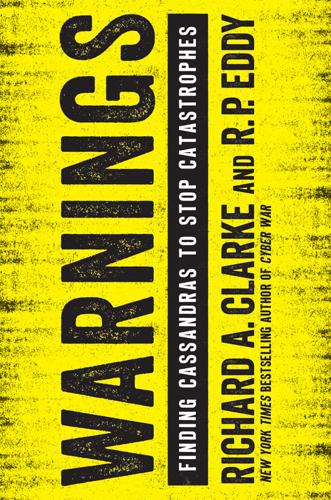
Warnings
by Richard A. Clarke · 10 Apr 2017 · 428pp · 121,717 words
disasters. The Middle East intrudes again with the rise of Daesh (ISIS). Then we shift to economic and financial Cassandra Events, examining the case of Bernie Madoff’s Ponzi scheme, as well as the Great Recession of 2008. As we proceeded through these Cassandra Event case studies in a variety of different
…
, but there was nothing normal about where Markopolos found himself. He was the leader of a small group of finance professionals who were secretly investigating Bernie Madoff. They knew Madoff was running a secretive, exclusive, money-management service, with clients ranging from Palm Beach princesses to European royalty to Russian mobsters. But
…
them would kill to keep it that way. THE CON MAN AND THE CASSANDRA For Harry Markopolos, the story began in 1999. By that time, Bernie Madoff and his clients were already in the money. Big money. Madoff had a $7 million, two-story penthouse in Manhattan, three beach houses (Palm Beach
…
on the spread. By the early 1990s, his company was handling about 10 percent of the daily trades executed on the New York Stock Exchange. Bernard L. Madoff Investment Securities also invested money for a select group of private clients. It was an insider thing, strictly word-of-mouth, a tip shared
…
financier named René-Thierry de la Villehuchet. Frank Casey had come back with surprising news, de la Villehuchet shared his secret: the mysterious wizard was Bernie Madoff. Madoff’s company was known to everyone as a broker-dealer, but none of them had ever heard that he was taking in private investment and
…
that entire period. “I like to give a baseball analogy,” Harry told us over lunch at the Langham Hotel in Boston’s financial district. “If Bernie Madoff was a major league baseball player, he’d be batting .964 because 96.4 percent of his months were positive. He would rarely strike out
…
was doing, it could not possibly be a split-strike conversion strategy. But there was another explanation. It was simple and it fit the facts. Bernie Madoff was using a strategy like this: discreetly advertise your great results to attract a stream of new investors, and use that new money, flowing in
…
a flood of new investors. A Ponzi scheme involves no trades and no investments. It is a pure sham. And that is what Harry figured Bernie Madoff was doing. THE CASSANDRA MOMENT At Rampart Investment Management, Markopolos, Casey, and Chelo were fascinated by the scam. Unfortunately, however, their bosses were not interested
…
, could not be a corrupt investment advisor. “After reviewing the complaint,” she concluded, “I don’t think we should pursue this matter further.”7 Bernard L. Madoff Investment Securities was located in the Lipstick Building, a slim oval of glass and glossy maroon stone telescoping up from Third Avenue in midtown Manhattan
…
’s team walked right into the heart of the beast. Mike Ocrant went to the Lipstick Building. Armed with everything that Harry knew, Ocrant interviewed Bernie Madoff. For every suspicious anomaly, Madoff had a breezy answer. Ocrant wrote an article for his magazine, MARHedge. Avoiding outright accusations, Ocrant ran through Harry’s
…
his wealthy European clients, Harry went to Europe.10 They met with fourteen hedge funds and private banks that they discovered proudly placed money with Bernie Madoff—and all fourteen believed that Madoff was accepting new money only from them. He was quietly taking in a lot of new money but hiding
…
he stopped calling. He concluded that the SEC staff was simply not willing to believe that Bernie Madoff could be a scammer. “If he was a fraud, it brought into question everything these people believed in. Bernie Madoff was the ultimate insider; I was the bothersome outsider. I was some quant [mathematics geek] from
…
called a friend at a top New York law firm, who alerted the SEC and federal prosecutors. The next morning, at around eight a.m., Bernie Madoff answered a knock at the door to his apartment. In his pajamas and bathrobe, he opened the door to two FBI agents. “We’re here
…
office, wrote notes to his wife, his brother, and his business partner, took sleeping pills, and slit his wrists with a box cutter. In 2009, Bernard Madoff admitted to eleven counts of securities and investment fraud, theft, perjury, and money laundering. Insisting that he was solely responsible for the fraud, he refused
…
apartment. Four years later, in September 2014, Andy died of mantle cell lymphoma, a cancer that spreads throughout the bloodstream. He was forty-eight. Today Bernie Madoff lives in Butner medium-security penitentiary, in North Carolina, in an eight-by-ten-foot cell. With both his sons gone and Ruth no longer
…
trustworthy. They ignored his well-evidenced complaint, in part because of a subjective personal bias that blinded them to the objective, data-driven proof that Bernie Madoff had stolen billions of dollars. Respect for authority is another heuristic. Trust in hierarchy can interfere with accurate decision making and become a bias.17
…
In the Bernie Madoff example, it prevented the junior employees at the SEC from thoroughly investigating a highly respected denizen of the business community. Just as decision makers often
…
: Wiley, 2010); Erin Arvedlund, Too Good To Be True: The Rise and Fall of Bernie Madoff (New York: Portfolio, 2009); U.S. Security and Exchange Commission Office of Inspector General, Investigation of Failure of the SEC to Uncover Bernard Madoff’s Ponzi Scheme (Public Version) (2009); and a series of articles by Mark Seal
…
-mail to NERO regional director for enforcement Mark Schonfeld, quoted in the SEC Office of Inspector General, Investigation of Failure of the SEC to Uncover Bernard Madoff’s Ponzi Scheme, 71. 8. Diana B. Henriques, “Madoff Scheme Kept Rippling Outward, Crossing Borders,” New York Times, Dec. 20, 2008; and Vicky Ward, “Greenwich
…
Journal, Dec. 18, 2008. 14. Ibid., 192. 15. Harry Markopolos e-mail to Meaghan Cheung, June 2007, quoted in ibid. 16. U.S. v. Bernard L. Madoff, FBI Special Agent Ted Cacioppi, in his Complaint in U.S. Federal Court, Southern District of New York, Dec. 11, 2008. 17. Ibid. 18. Arvedlund
…
, Feb. 26, 2009, http://upstart.bizjournals.com/executives/2009/02/26/Elie-Wiesel-and-Bernard-Madoff.html?page=all. 20. M. J. Lee, “Madoff: Politics, Remorse, Wall Street,” Politico.com, Mar. 20, 2014, www.politico.com/story/2014/03/bernie-madoff-interview-104838 (accessed Nov. 10, 2016). 21. Markopolos, No One Would Listen, 127
…
Stearns, 143–44, 155, 159 Belshazzar, 2 Ben Ali, Zine El Abidine, 58 Bennett, Robert, 194 Berg, Paul, 337–39, 345 Berlin, Isaiah, 14 Bernard L. Madoff Investment Securities, 101, 104, 107–8 Betrayal of Trust (Garrett), 232 Bettencourt, Liliane, 101 Bezos, Jeff, 202 Big data, 16, 184 Big Short, The (Lewis
…
–37 Macmillan, Harold, 10–11 McNeill, William, 217 Madame Secretary (TV show), 298 Madarame, Haruki, 92 Madeira School, 153 Madoff, Andrew, 107, 112, 113–14 Madoff, Bernard “Bernie,” 6, 100–120, 178 Madoff, Mark, 107, 112, 113–14 Madoff, Peter, 107 Madoff, Ruth, 100, 101, 107, 112 Madoff, Shana, 107 Magnitude Overload, 173
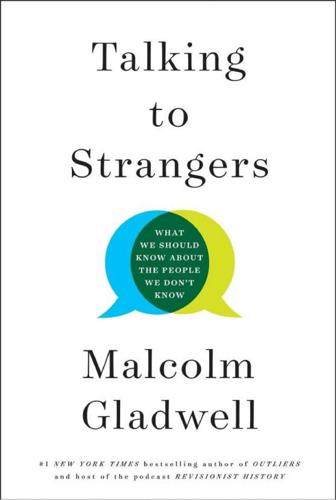
Talking to Strangers: What We Should Know About the People We Don't Know
by Malcolm Gladwell · 9 Sep 2019 · 328pp · 97,711 words
will read about a spy who spent years undetected at the highest levels of the Pentagon, about the man who brought down hedge-fund manager Bernie Madoff, about the false conviction of the American exchange student Amanda Knox, and about the suicide of the poet Sylvia Plath. In all of these cases
…
problem of why we are deceived by strangers as anyone in social science. The second chapter looks at Levine’s theories through the story of Bernie Madoff, the investor who ran the largest Ponzi scheme in history. The third examines the strange case of Jerry Sandusky, the Pennsylvania State University football coach
…
colleagues. Through a complicated set of financial arrangements, Renaissance found itself with a stake in a fund run by an investor in New York named Bernard Madoff, and Madoff made Simons uneasy. If you worked in the financial world in New York in the 1990s and early 2000s, chances are you’d heard
…
of Bernard Madoff. He worked out of an elegant office tower in Midtown Manhattan called the Lipstick Building. He served on the boards of a number of important
…
make the SEC’s priority list, then I want to know who sets their priorities. Harry Markopolos, alone among the people who had doubts about Bernie Madoff, did not default to truth. He saw a stranger for who that stranger really was. Midway through the hearing, one of the congressmen asked Markopolos
…
just the cost of doing business. That sounds callous, because it’s easy to see all the damage done by people like Ana Montes and Bernie Madoff. Because we trust implicitly, spies go undetected, criminals roam free, and lives are damaged. But Levine’s point is that the price of giving up
…
young boys. Graham Spanier let that man roam free around the Penn State campus. But here’s my question, in light of Ana Montes and Bernie Madoff and Harry Markopolos and every bit of evidence marshaled by Tim Levine about how hard it is for us to overcome our default to truth
…
lie detectors. We are bad lie detectors in those situations when the person we’re judging is mismatched. At one point in his pursuit of Bernie Madoff, Harry Markopolos approached a seasoned financial journalist named Michael Ocrant. Markopolos persuaded Ocrant to take Madoff seriously as a potential fraud, to the point that
…
issue was mismatched Amanda. “I have to remind you that her behavior was completely inexplicable. Totally irrational. There’s no doubt of this.”4 From Bernard Madoff to Amanda Knox, we do not do well with the mismatched. 4. The most disturbing of Tim Levine’s findings was when he showed his
…
an FBI agent. When they are confronted with Blushing Sally—the easy case—they are flawless. But when it comes to the Amanda Knoxes and Bernie Madoffs of the world, they are hapless. This is distressing because we don’t need law-enforcement experts to help us with matched strangers. We’re
…
questions for a moment, and focus on what the interrogation of KSM can tell us about the two puzzles. The deceptions of Ana Montes and Bernie Madoff, the confusion over Amanda Knox, the plights of Graham Spanier and Emily Doe are all evidence of the underlying problem we have in making sense
…
to behave. Amanda Knox was mismatched. At the crime scene, as she put on her protective booties, she swiveled her hips and said, “Ta-dah.” Bernie Madoff was mismatched. He was a sociopath dressed up as a mensch. What is Sandra Bland? She is also mismatched. She looks to Encinia’s eye
…
Fool The source of the following quotes is U.S. Securities and Exchange Commission, Office of Investigations, “Investigation of Failure of the SEC to Uncover Bernard Madoff’s Ponzi Scheme—Public Version,” August 31, 2009, www.sec.gov/news/studies/2009/oig-509.pdf: “told us in confidence” and “Throw in that
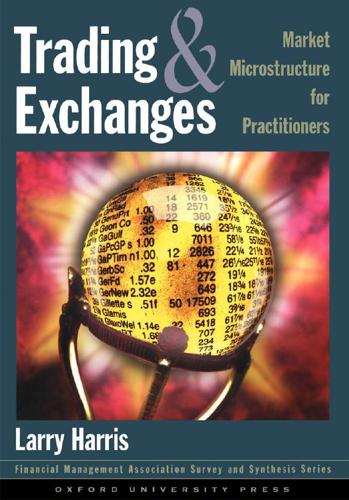
Trading and Exchanges: Market Microstructure for Practitioners
by Larry Harris · 2 Jan 2003 · 1,164pp · 309,327 words
Ketchum Rick Kilcollin Ray Killian Howard Kramer Ken Kramer Arthur Leavitt Charlie Lebens Marty Leibowitz Dave Leinweber Rich Lindsey Evelyn Liszka Bob Litterman Bill Lupien Bernie Madoff Peter Madoff Steven Malin David Malmquist Tim McCormick Dick McDonald Seth Merrin Dick Michaud Mark Minister Nate Most Annette Nazareth Gene Noser Bill Pratt Eddie Rabin
…
Exchange (Dick Grasso, Billy Johnston, Jim Cochrane, and George Sofianos), the Jefferies Group (Frank Baxter), Mellon Capital Management Corporation (Bill Fouse and Tom Loeb), Bernard L. Madoff Investment Securities (Bernie and Peter Madoff), First Canada Securities International (Jim Medlock), Cantor Fitzgerald (Stuart Fraser and Phil Ginsberg), and First Quadrant (Rob Arnott). Their
…
spread. Dealers build these inferences into their quotes ahead of time in order to avoid regretting that they traded. * * * ▶ How Madoff Controls Adverse Selection Bernard L. Madoff Investment Securities is the largest dealer in NYSE-listed stocks in the United States. The firm is not a member of the New York Stock
…
retail brokers. Since the firm is not a member of the New York Stock Exchange, it can choose with whom it is willing to trade. Bernie Madoff and his brother Peter have chosen to provide liquidity primarily to retail clients, and primarily in the common stocks of large firms. The Madoffs, along
…
facility under an agreement between Nasdaq and Primex Trading. Several large financial services firms, which have very large dealing operations, own Primex Trading. They include Bernard L. Madoff Investment Securities, Goldman Sachs, Merrill Lynch, Morgan Stanley Dean Witter and Co., and Salomon Smith Barney. ◀ Source: www.primextrading.com. * * * Definitions of best execution
…
ECNs and alternative trading systems. The most important of these are Island, Instinet, REDIBook, Archipelago, Bloomberg Tradebook, BRUT, and POSIT. • The third market and Nasdaq—Bernard Madoff Investment Securities and Knight Capital Markets are the largest dealers in these markets • The upstairs block trading market • Some large foreign stock exchanges The risk
…
in U.S. exchange-listed stocks at exchanges, but not among exchanges and over-the-counter dealers. Regional exchange specialists and third market dealers like Bernard Madoff regularly fill market orders at the same bid or ask prices that traders at the New York and American Stock Exchanges first quoted. Likewise, exchange
…
, it has not yet displaced the traditional floor-based options markets. The most successful electronic competitors of the NYSE have been third market dealers, like Bernard L. Madoff Investment Securities and Knight Capital Markets. Their automated trading systems provide very quick service primarily to retail traders represented by discount brokers. * * * ▶ The Bangladeshi
…
. These characteristics ensure that active markets and markets that serve small traders will use automated trading systems extensively. In the U.S. equities markets, Bernard L. Madoff Investment Securities, Knight Capital Markets, and other dealers who offer automated execution systems provide excellent service to high volumes of small traders. Options markets tend
…
the market, 74 benchmark indexes, 449, 451, 465 benchmark returns, 447–48 beneficial owners, 148, 169 beneficiaries, 33 Berkshire Hathaway, 323, 455, 463, 475 Bernard Madoff. See Madoff Investment Securities best ask. See best offer best bid, 70, 217 best efforts offering, 39, 157 best execution, 160–61, 162–63, 514–20 best
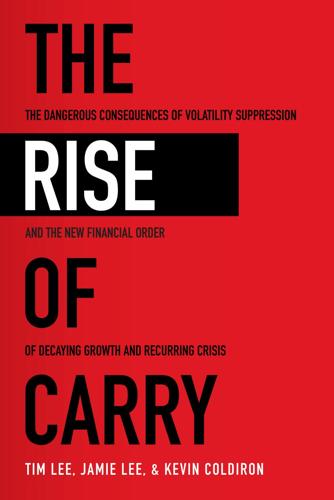
The Rise of Carry: The Dangerous Consequences of Volatility Suppression and the New Financial Order of Decaying Growth and Recurring Crisis
by Tim Lee, Jamie Lee and Kevin Coldiron · 13 Dec 2019 · 241pp · 81,805 words
to be financed with new inflows. For example, imagine a hypothetical—admittedly completely unrealistic—alternative scenario for the notorious, and huge, Ponzi scheme run by Bernard (“Bernie”) Madoff. Madoff’s giant Ponzi scheme collapsed in December 2008, during the global carry crash associated with the collapse of Lehman Brothers. At the time of the
…
-risk ratio of, 165 liquidity swaps, 104–105, 196–198 lock-ins, 185 Long-Term Capital Management (LTCM), 23, 25, 27, 74 Lucas, George, 184 Madoff, Bernard, “Bernie,” 140–141 market corrections, 79 market discipline, 199, 200 market making, 84, 158–159 market risk, 99 mean reversion, 152, 154f, 155, 164 Microsoft Office
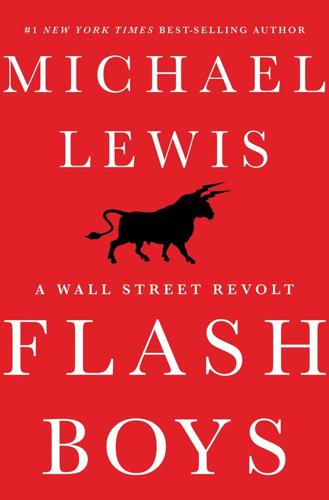
Flash Boys: A Wall Street Revolt
by Michael Lewis · 30 Mar 2014 · 250pp · 87,722 words
first things Schwall noticed was the guy in charge of electronic trading: Josh Stampfli, who had joined Credit Suisse after seven years spent working for Bernie Madoff. (Madoff had pioneered the idea of paying brokers for the right to execute the brokers’ customers’ orders, which should have told people something but apparently did
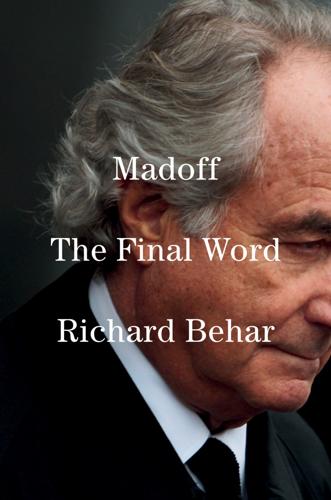
Madoff: The Final Word
by Richard Behar · 9 Jul 2024
Mark, hung himself from his dog’s leash on the second anniversary of his father’s arrest. The email’s subject line read simply: “Inmate: MADOFF, BERNARD L.” It came via the “Trust Fund Limited Inmate Computer System,” operated by a private company, CorrLinks, that is contracted by the Bureau of Prisons
…
to this day, shedding occasional splotches of new light on the scandal as they crawl through the world’s court systems. Madoff began his company, Bernard L. Madoff Investment Securities (henceforth, BLMIS), in 1960 at the age of twenty-two. At the time of his arrest on December 11, 2008, his
…
those fiduciary duties; daughter Shana, also an attorney, who worked as the firm’s compliance counsel under her father, was never charged. Ironically, says Fagenson, “[Bernie] Madoff became a poster child for competing with the ‘Big Bad NYSE,’ as the guy who championed electronic trading and the use of computers and the
…
try to get the money back for people. —BERNIE FROM PRISON, IN BUTNER, NORTH CAROLINA, 2011 When the headlines started roaring in December 2008 that Bernard Lawrence Madoff was busted for running a $50 billion Ponzi scheme (upped later to $64.5 billion, and then to $68 billion), most Americans’ first reaction
…
insisted up to his last breath? Or was it a fraud from the start of his career in the early 1960s? The Laurelton, Queens, of Bernie Madoff’s childhood comes off as some sort of Hebraic version of the hometowns portrayed nostalgically in both George Lucas’s 1973 film American Graffiti and
…
Center for Jewish artists and musicians, on Manhattan’s Upper East Side. Bernie is listed in the event’s schedule as the donor of the Bernard L. Madoff Jewish Music Library. By all accounts, the institutional memory of the AJCongress (and the Steinbergs) is an eighty-one-year-old woman named
…
didn’t. Investigators say there is no record of such calls. In a letter to Peter Goldman, a trust and estate attorney for Ruth Madoff, that Bernie passed to me, he wrote that he’d been asked by the trustee if there was any way he could support his claims “of the
…
2, 2009, issue, New York magazine put lipstick on a photoshopped image of Madoff grinning grotesquely like Batman’s malevolent Joker. The cover line read: BERNIE MADOFF, MONSTER AND THE PEOPLE WHO ENABLED HIM. He didn’t necessarily deserve it, given the rampant, egregious behavior across Wall Street at the time—this
…
were redone, not original. The difference as a result will be seventy-five thousand dollars to one hundred thousand dollars per watch. If I’m Bernie Madoff, I’m not buying redone watches. Did they [the sellers] tell him the dials were redone? Did he know, or did he not know
…
concurred: “Why would you want to own something from somebody so notorious? Who would actually wear a shoe that was worn by a man named Bernie Madoff? The one saving grace of this whole charade is money to victims.” It turned out that artist Andres Serrano—creator of the infamous Piss Christ
…
, a work that flustered many delicate types back in the eighties—did want to own a shoe worn by a man named Bernie Madoff. In fact, he apparently wanted to own many, many of them, because three days later at the auction, he plunked down $700 for twenty-
…
auction, some of Bregards Bernie’s shoes are already up on eBay. Serrano says he has no interest in reselling his. “In the case of Bernard Madoff, I find nothing aesthetic about him,” he explains, “but the financial ruin in the aftermath, the devastation he caused, is what is of interest
…
fellow member of the bar. One man cries that he accumulated “piles and piles of trading slips—and, after awhile, I never opened the envelopes Bernie Madoff sent. It was nuts!” In the packed courtroom, twenty “victims” of Madoff’s Ponzi fill the first two rows. It’s an emotional scene,
…
working fulltime… to a psychopath lost my home… lost ability to care for myself in my old age… lost ability to donate to charity, so Bernie Madoff could buy his wife another Cartier watch… worked so we could leave something behind… couldn’t sleep, eat, rapid heartrate, weight loss, insomnia, crying
…
he speaks, Madoff is wooden. “I was already cried out,” he insisted to me later, during our first meeting. * * * As odious as his crimes were, Bernie Madoff did not kill, like his prison pals Persico and Scarfo, nor did he physically assault or sexually abuse anyone. And the one thing missing from
…
Within two days, she was suffering from depression. “I lost everything. My IRA was $450,000, and [a] second account was $320,000—both with Bernie Madoff. Dumb!” Husband Lee had owned a smoked fish and cheese-making business. After fifty-three years of working, he’d put his retirement money into
…
factory. Her dad peddled his fruits from a pushcart. A dozen close relatives had died in the Holocaust. This is where the buck stops? With Bernie Madoff? We know that growing up is a process where one myth after another is shattered. I never knew my own parents, and considered Adele a
…
paper). Like so many others, though, Adele had also invested her friends’ and children’s savings—another $10 million that was 100 percent committed to Bernie Madoff. And, in the end, 100 percent worthless. (In the end, she was a net loser, not winner, so she didn’t face a clawback
…
occasionally helped me. That’s because she generously assisted me during tough times in my life that—I know now—were, in effect, “gifts” from Bernie. Madoff, it turned out, was responsible for $20,000 that Aunt Adele gave me for a down payment on an apartment I bought in 1993, plus
…
a legitimate firm would state “You bought” or simply “bought” 1,000 shares of IBM at $100. But BLMIS confirmations didn’t read that way. “Bernie Madoff didn’t do that,” says Dubinsky. “Maybe he was lazy, he didn’t care, he didn’t think anybody would notice. It makes no sense
…
the trading authorization documents they were required to sign were on BLMIS letterhead. But the first sentence in the document states: “The undersigned hereby authorizes Bernard L. Madoff (whose signature appears below) as his agent and attorney in fact to buy, sell, and trade in stocks.” According to Dubinsky, who also once
…
correspondent Martin Smith asked Bienes. “Yes.” “That’s greed.” “Yes.” “That’s nothing else but greed, right?” “Yes. And fear. Fear of him.” Him being Bernie Madoff. Fear of violence or being sucked into a future criminal case? Nope. It was fear of Madoff tossing him out of the gold mine. Asked
…
What is it? Frank responded that he was being shown typed-out information that had been given to him at the tail end of the Bernie Madoff–Frank Avellino meeting explaining who and in what quantities “we were going to quote-unquote shtup these accounts.” Zach took Frank back to the time
…
And had you looked at the statement, you would have realized it, correct? A: I don’t know. I never bothered to analyze any of Bernie Madoff’s trades. One note to Bongiorno says, “I could use a loss. Of $125K.” Q: Do you find it amazing that the stock was bought
…
take them on as clients for a new series of funds. There’s no question that the model worked, had I done it [laughs]. —BERNIE Bernie Madoff’s largest feeder fund conduit was the Fairfield Greenwich Group (FGG), headquartered in Connecticut, which had—it bears repeating—some $7 billion of customer funds
…
to this and wants to be referred to merely as our broker and custodian. I got much more comfortable knowing that it is not just Bernie Madoff with a laptop running the [trading] model. I am inclined to continue investing Madoff, but not bet the business on it. Unfortunately there are
…
certain aspects of [Madoff’s] operations that remain unclear and although we are attempting to obtain responses from Bernie Madoff, this process could take some time. In one email, an FGG executive alerts colleagues that he has just found out that Madoff’s auditor, David
…
. Picard’s off-the-charts description was removed from subsequent legal filings. It was actually Cohn who enticed the Fairfield Greenwich Group to leap into Bernie Madoff’s web, and it was Cohn who introduced Bernie to Kohn. Some of Ruth’s money flowed into Cohmad, as did Jeffry Picower’s.
…
$110 cost of the cab ride, with Madoff promising to reimburse him for his half once they reached the hotel. Rand kept running into Madoff, but Bernie never forked over the money or even mentioned it. On the last day of the conference, Rand spotted Bernie at the pool and reminded him
…
about $40 million at the time the Ponzi blew up. Q: Who had the authority to trade these accounts? A: I don’t know. Bernard L. Madoff Investment Securities had the authority…. Q: Do you recall any conversations with Mr. Madoff in which you discussed with him his trading strategy? A:
…
then that can give rise to criminal liability,” says Matthew L. Schwartz, who served as the lead prosecutor on the Chase case. The story of Bernie Madoff and Chase is one of codependency and self-serving systemic failure. It is a record of willfully ignored signals on the rare occasions when anyone
…
Bernie would get angry and kick UBS out of the tent. Not only that, but internal emails advise bankers not to tell certain investors that Bernie Madoff was involved at all with the funds. That, of course, was Bernie’s standard, ironclad condition for almost everyone he dealt with. * * * A dive
…
on. I told them, ‘Shut it down and focus on your other businesses. I don’t care if ninety-five percent of your business is Bernie Madoff.’ ” The meeting, which lasted all of twenty minutes, took place over coffee in a private conference room at the University Club, a stately social club
…
and UBS could apparently sense it. In one alarming email, a UBS executive warns Access’s Littaye that “if the analysts in Zurich find out Bernie Madoff is behind the story”—banking jargon for what makes a fund or company worth investing in—“we would be killed.” A follow-up email expresses
…
So they kept quiet, and kept investing, on behalf of thousands of clients. Ultimately, they lost some $3 billion of customer money. That made Santander Bernie Madoff’s second-largest feeder fund, after the roughly $7 billion invested by Fairfield Greenwich Group. In the wake of Madoff’s arrest, Santander was one
…
little hope that their clients could win. The verdict, reflects Mehler, “was heartbreaking. And, in retrospect, with the severe preexisting prejudice from anything associated with Bernie Madoff, I’m not sure we even had a chance with this jury”—a sentiment echoed by defender Riopelle. “From the beginning,” he says, “I felt
…
in August 2009, he had told the FBI that “from at least the early 1990s through December of 2008, there was one simple fact that Bernie Madoff knew that I knew, and that other people knew, but we never told the clients—nor did we tell the regulators, like the SEC.” That
…
point, and the trio at last felt comfortable opening up. Considering that the trial turned out to be the only one to flow from the Bernie Madoff scandal, their collective insights seem not only invaluable today, but necessary. We met for many hours over two days around a conference table at the
…
hope you can understand. I will tell you this much: it is quite obvious that Frank is not being truthful for all the obvious reasons. Bernie.” Madoff was fibbing again about his lawyers. Just two days earlier, he had indeed answered a series of my questions regarding Frank’s testimony about each
…
was actually just Helliwell’s checking accounts. Until the day that Madoff admitted what he was doing, no one ever complained about losing money from Bernie Madoff.” The complaint from the Helliwell customer had been sent to Richard Lee, who at the time was an SEC assistant director of compliance. “Lee
…
Wall Street can be reformed only from within. “A shocking flaw is that so many key players in the securities markets were highly suspicious of Bernie Madoff, and there were rumors in the industry that he was ‘no good.’ And yet not one of them came forward.” Using Madoff as a
…
talked to a couple of friends—hedge fund guys I know—and some of the real pros didn’t feel comfortable. Nobody could replicate what Bernie Madoff said he was doing—that they heard he was doing.” Our Mr. Pink also recalls another friend of his, who owned an over-the-
…
returns should have been six percent to seven percent, and not in the teens consistently. So people would ask me, ‘What do you think of Bernie Madoff?’ I’d say, ‘I know him, I like him, I think he’s terrific, but either he’s selling dope or laundering money.’ Something
…
to the region’s federal bankruptcy court. What has been unfolding there quietly for years, and continues today, can be viewed as the trial of Bernie Madoff that—due to his guilty plea in 2009—never took place in a criminal courtroom. That’s because some of the active bankruptcy cases ultimately
…
what is known as “fractional shares” and “cash in lieu” in convertible arbitrage and is but one wiggly strand of the snakelike snarl that was Bernie Madoff’s Ponzi scheme. Readers may conclude after this chapter that the comment by former federal judge and FBI Director Freeh in the book’s introduction
…
Diagnostic and Statistical Manual of Mental Disorders, published by the American Psychiatric Association for clinicians, or if you look at Hare’s work on psychopaths, Bernie Madoff is well within those two boundaries, concludes Navarro, adding: “I’ve sat in rooms with psychopaths, and my legs shook because they had reptilian
…
result. In the same way, should we see Madoff’s enduring fraud as symptomatic of a kind of endemic social affliction we need to address? Bernie Madoff’s name is synonymous with the 2008 financial crisis. In Trump’s case, most of the people he deceived were on the lower end of
…
. “Just as Donald Trump was a public health problem more than an individual one, and he represented the dangerous tendencies in our society, so is Bernie Madoff, on a smaller scale,” says Lee. Sociopathy, she believes, is more a societal disorder than an individual one, meaning it affects all of us
…
never spoke to him again. Not one more robocall from the 909 area code in North Carolina that began: “You have a collect call from—Bernard Madoff [his name in his own voice]—an inmate at a federal prison. This call is being recorded and is subject to monitoring. Hang up to
…
Trump Organization for more than $450 million. He went on to lament that while Trump had not committed violent crimes, and “Donald Trump is not Bernard Madoff,” the “defendants are incapable of admitting the error of their ways.” Engoron’s words struck me as almost unfair—to Bernie. Leaving aside the scale
…
whether it would just vanish into the bowels of Butner, or if I’d receive a response. The latter came back to me: Inmate 61727054—MADOFF, BERNARD L no longer has access to the Trust Fund Limited Inmate Computer System; therefore, he/she may not send or receive messages. The email seemed
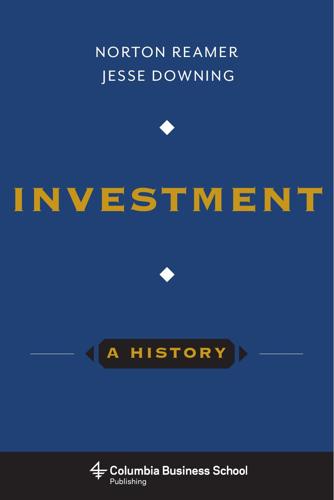
Investment: A History
by Norton Reamer and Jesse Downing · 19 Feb 2016
The Investment Challenge IN THE WAKE of the global financial crisis of 2007–2009, investment was on people’s minds. From the fraud perpetrated by Bernie Madoff, to the mortgage crisis of 2007 and 2008 and the inadequate yields on “safe” bonds, it seemed as if no part of the economy had
…
drove many to approach the task of allocating money with greater scrutiny and diligence. In the end, of course, the fraudulent activities of Enron and Bernie Madoff are echoes of this forerunner some three centuries earlier. Adam Smith, the oft-cited “father of modern economics,” took an entirely adversarial view of the
…
Ivan Boesky) where prosecutors were too lenient; this could jeopardize deterrent capabilities against future perpetrators and are a failure in enforcement action. The fact that Bernie Madoff went virtually untouched by the SEC for so long is indeed a blemish on the record of the agency and another failure of enforcement. Of
…
cognizant that they are not representative of the industry at large but must nonetheless be understood, given how much devastation and disruption they produce. FRAUD Bernie Madoff We begin with fraud, or deliberate and premeditated deception undertaken for gain. Our first story starts in December 2008. It was the time of reckoning
…
that Bernie Madoff, the man who has since become the modern embodiment of financial duplicity, hoped would never come. And yet, by July 2009 he would trade a
…
man of seventy running a portion of this ostensibly very lucrative business no one else in the firm understood? Shedding light on this question are Bernie Madoff’s own contentions that it should have been abundantly obvious to the SEC that he was running a Ponzi scheme. Madoff said, “I was astonished
…
even so, how is it possible that this fraud went on so long with nobody noticing? One seldom discussed but exceedingly strange angle on the Bernie Madoff fraud was the role of the auditor. The auditor, after all, is the last line of defense in such an investment structure with few regulations
…
shut down: Harry Markopolos. In fact, it was precisely in trying to emulate what Madoff was doing that Markopolos made his discovery. Markopolos came upon Bernie Madoff as part of an assignment from his employer, Rampart Investment Management, to deconstruct Madoff’s returns.14 The very essence of
…
Bernie Madoff’s fraud was that he contended he used a “split-strike conversion” strategy when in fact he was simply running a Ponzi scheme. Split-strike
…
problem? Such an approach could not possibly generate the risk-adjusted returns (that is, the return per given unit of 152 Investment: A History volatility) Bernie Madoff had claimed.15 Analyzing Madoff’s returns through one of the feeder funds that gave Madoff money to manage (Fairfield Sentry) reveals that Madoff claimed
…
derivatives trading desks (options are derivatives) at different firms and states that “every single one of the senior managers I spoke with told me that Bernie Madoff was a fraud.” However, people did not want to jeopardize their careers by making public statements attempting to expose him earlier, suggested Markopolos.19 In
…
little was done. The SEC failed to properly conduct regulatory oversight, a fact to which we will return at the end of the chapter. The Bernie Madoff fraud shook the foundations of the investment management industry so profoundly because of just how vast it was. It struck so many experienced professionals as
…
of billions of dollars could ever be pulled off. There have been changes in the wake of Madoff’s crimes. One has been implemented because Bernie Madoff failed to use an independent custodian, who is in charge of overseeing asset protection. After all, if Madoff had used an independent custodian, the only
…
tell how effective these reforms prove to be, and so much depends upon the quality and tenacity of the personnel at the SEC. Allen Stanford Bernie Madoff was not the only prominent and wealthy man operating a Ponzi scheme before the financial crisis. Allen Stanford also had a painful fall from grace
…
States. Perhaps one should not engage in comparing the insidiousness of one financial crime with another, but there are some noteworthy points of difference. Unlike Bernie Madoff’s victims, who tended to be wealthy individuals and institutions, Stanford’s victims were quite varied and counted among their ranks those of moderate to
…
true given their low volatility. 156 Investment: A History Even the very phrase “Ponzi scheme,” used again and again in the headlines to describe the Bernie Madoff and Allen Stanford episodes, is eponymously named after Charles Ponzi, who even in his wildest dreams never thought that deceptions of such magnitude were possible
…
and admiration of many, and he became president of the NYSE.64 His service in this official capacity served to boost his reputation further (as Bernie Madoff’s service as the nonexecutive chairman of NASDAQ, though less prestigious than the NYSE, certainly had). Whitney ran a firm, named simply Richard Whitney & Co
…
Dimmock and William Christopher Gerken study characteristics of investment managers to see which traits are significant predictors of later fraud. In their paper entitled “Finding Bernie Madoff: Detecting Fraud by Investment 170 Investment: A History Managers,” they showed that previous civil or criminal activity, past fraud, and past compliance issues were statistically
…
passes TARP (451 pages) November 4, 2008: Obama elected US president November 23, 2008: The Fed, Treasury, and FDIC bail out Citigroup December 11, 2008: Bernie Madoff arrested December 19, 2008: TARP loans to GM and Chrysler January 2009: The Fed, Treasury, and FDIC bail out Bank of America February 17, 2009
…
.” 358 5. Fraud, Market Manipulation, and Insider Trading 3. Andrew Clark, “Bernard Madoff’s Sons Say: We’re Victims Too,” The Guardian, March 17, 2010, http://www.theguardian.com /business/2010/mar/17/bernard-madoff-usa; Christopher Matthews, “Five Former Employees of Bernie Madoff Found Guilty of Fraud,” Wall Street Journal, March 25, 2014, http://online
…
.wsj.com/news/articles /SB10001424052702304679404579459551977535482. 4. Alison Gendar, “Bernie Madoff Baffled by SEC Blunders: Compares Agency’s Bumbling Actions to Lt. Colombo
…
,” Daily News (New York), October 30, 2009, http://www.nydailynews.com/news/crime/bernie -madoff-baffled-sec-blunders-compares-agency-bumbling-actions-lt -colombo-article-1.382446. 5. Hurtado, “Andrew, Ruth Madoff Say Were Unaware.” 6. Bernard Madoff, “Text of Bernard Madoff’s Court Statement,” National Public Radio, March 12, 2009, http://www.npr.org/templates
…
, PBS, March 20, 2009, http://www.pbs.org/wnet/religionandethics/2009/03/20 /march-20-2009-jewish-reaction-to-madoff-scandal/2474. 11. David Glovin, “Bernard Madoff’s Accountant Friehling Pleads Guilty (Update 2),” Bloomberg News, November 3, 2009, http:// www.bloomberg.com/apps/news?pid=newsarchive&sid =ah_xWloo7TTE. 12
…
Harry Markopolos to US Securities and Exchange Commission, 1–2. Ibid., 1. Ibid. Securities and Exchange Commission, “Investigation of Failure of the SEC to Uncover Bernard Madoff’s Ponzi Scheme—Public Version” (Report No. OIG-509), Office of Investigations, US Securities and Exchange Commission, August 31, 2009, http://www.sec.gov/news
…
/chrisbarth/2012/06/12/warren -buffett-clairvoyant-or-crazy. 86. Kohn, Encyclopedia of American Scandal, 162. 87. Stephen G. Dimmock and William C. Gerken, “Finding Bernie Madoff: Detecting Fraud by Investment Managers” (working paper, 2011). 88. Stephen J. Brown and Onno W. Steenbeek, “Doubling: Nick Leeson’s Trading Strategy,” Pacific-Basin Finance
…
Partnerships: The Islamic World and Europe, with Specific Reference to the Ottoman Archives. The Ottoman Empire and Its Heritage 8. Leiden: Brill, 1996. Clark, Andrew. “Bernard Madoff’s Sons Say: We’re Victims Too.” The Guardian, March 17, 2010. http://www.theguardian.com/business/2010/mar /17
…
/bernard-madoff-usa. Clark, Robert L., Lee A. Craig, and Jack W. Wilson. A History of Public Sector Pensions in the United States. Philadelphia: University of Pennsylvania
…
: What Hedge Fund Investors Really Earn.” Journal of Financial Economics 100, no. 2 (May 2011): 248–263. Dimmock, Stephen G., and William C. Gerken. “Finding Bernie Madoff: Detecting Fraud by Investment Managers.” Working paper, 2011. Dixit, Avinash. “Paul Samuelson’s Legacy.” Annual Reviews of Economics 4 (2012): 1–31. Dodd-Frank Wall
…
Medieval Japan.” Monumenta Nipponica 64, no. 1 (Spring 2009): 1–51. ——. The Moneylenders of Late Medieval Kyoto. Honolulu: University of Hawaii Press, 2001. Gendar, Alison. “Bernie Madoff Baffled by SEC Blunders: Compares Agency’s Bumbling Actions to Lt. Colombo.” Daily News (New York), October 30, 2009. http://www.nydailynews.com/news/crime
…
/10/02/8387505/index.htm. GinnieMae.gov, “Our History,” Accessed 2015, http://www.ginniemae.gov /inside_gnma/company_overview/Pages/our_history.aspx. Glovin, David. “Bernard Madoff’s Accountant Friehling Pleads Guilty (Update 2).” Bloomberg News, November 3, 2009. http://www.bloomberg .com/apps/news?pid=newsarchive&sid=ah_xWloo7TTE. Golden, Daniel
…
/galleries/douglas/index.php. Homer, Sidney, and Richard Sylla. A History of Interest Rates. 4th ed. Hoboken, NJ: Wiley, 2005. Honan, Edith, and Dan Wilchins. “Bernard Madoff Arrested over Alleged $50 Billion Fraud.” Reuters, December 12, 2008. http://www.reuters.com /article/2008/12/12/us-madoff-arrest-idUSTRE4BA7IK20081212. Hong, Jiaguan. Ё
…
History. Oxford: Oxford University Press, 2007. ——. The World Economy: Historical Statistics. Paris: Development Centre of the Organisation for Economic Co-operation and Development, 2003. Madoff, Bernard. “Text of Bernard Madoff’s Court Statement.” National Public Radio, March 12, 2009. http://www.npr.org/templates/story /story.php?storyId=101816470. Madrian, Brigitte C., and Dennis
…
Wealth Management. New York: Vault, 2006. “The Match King.” Economist, December 19, 2007. http://www.economist .com/node/10278667. Matthews, Christopher. “Five Former Employees of Bernie Madoff Found Guilty of Fraud.” Wall Street Journal, March 25, 2014. http://online.wsj .com/news/articles/SB10001424052702304679404579459551977535 482. ——. “LIBOR Scandal: Yep, It’s as Bad
…
paper, November 2012. http://papers.ssrn.com/sol3/papers.cfm?abstract_id =1573377. Securities and Exchange Commission. “Investigation of Failure of the SEC to Uncover Bernard Madoff’s Ponzi Scheme—Public Version” (Report No. OIG-509). Office of Investigations, US Securities and Exchange Commission, August 31, 2009. http://www.sec.gov/news
…
Authority (FINRA), 180 financial leverage, 5–6, 333 Financial Stability Oversight Council, 220 422 Investment: A History financier (ummianum), 51–52 financiers (kuramoto), 45 “Finding Bernie Madoff: Detecting Fraud by Investment Managers” (Dimmock and Gerken), 169–70 FINRA. See Financial Industry Regulatory Authority First Index Investment Trust, 284 fiscal multiplier, 219 fiscal
…
), 29 Long-Term Capital Management, 5–6, 213, 246 loss aversion, 252–53 lottery problems, 252 luoghe (claim on debt), 83 Madoff, Andrew, 148–49 Madoff, Bernie, 1, 68, 147, 148–53 Madoff, Mark, 148–49 Magazine, 66 magister (manager), 51 Maimonides, 52 malfeasance: examples of, 9, 146; prevention of, 133, 141
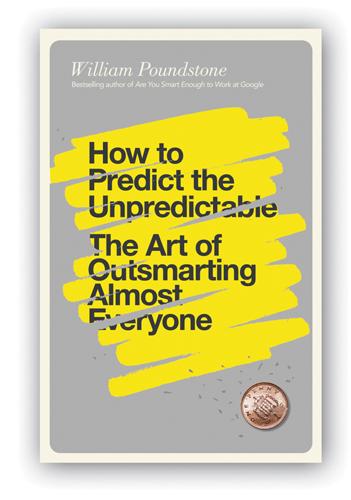
How to Predict the Unpredictable
by William Poundstone · 267pp · 71,941 words
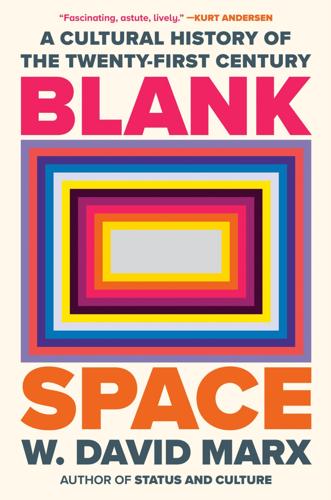
Blank Space: A Cultural History of the Twenty-First Century
by W. David Marx · 18 Nov 2025 · 642pp · 142,332 words
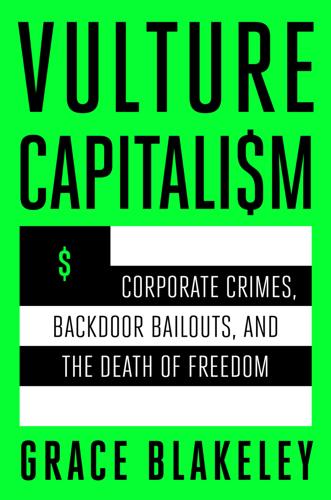
Vulture Capitalism: Corporate Crimes, Backdoor Bailouts, and the Death of Freedom
by Grace Blakeley · 11 Mar 2024 · 371pp · 137,268 words
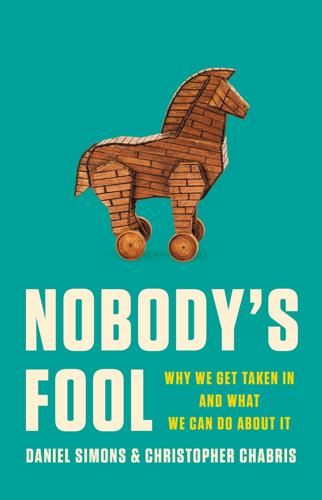
Nobody's Fool: Why We Get Taken in and What We Can Do About It
by Daniel Simons and Christopher Chabris · 10 Jul 2023 · 338pp · 104,815 words
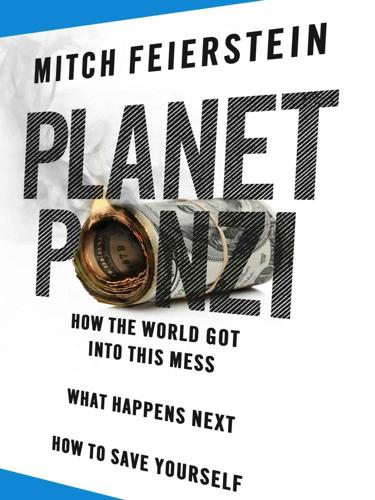
Planet Ponzi
by Mitch Feierstein · 2 Feb 2012 · 393pp · 115,263 words
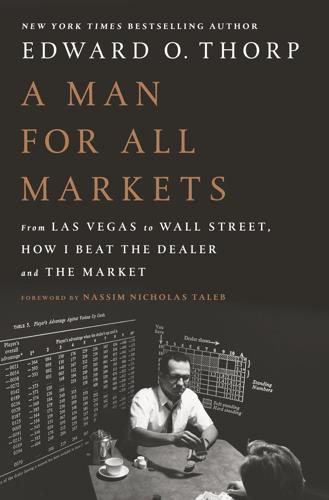
A Man for All Markets
by Edward O. Thorp · 15 Nov 2016 · 505pp · 142,118 words
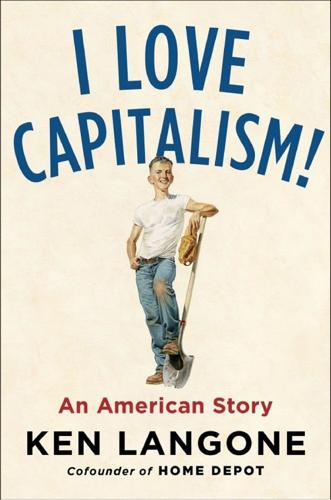
I Love Capitalism!: An American Story
by Ken Langone · 14 May 2018
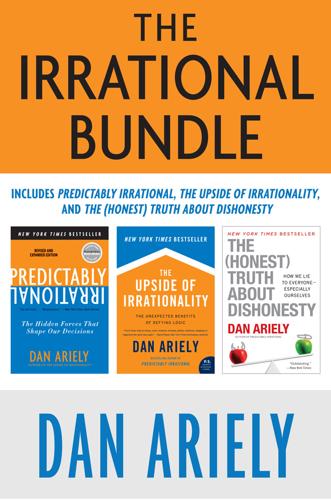
The Irrational Bundle
by Dan Ariely · 3 Apr 2013 · 898pp · 266,274 words
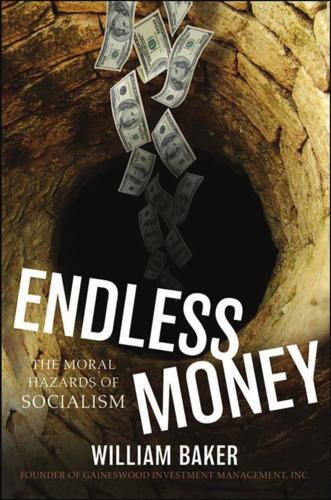
Endless Money: The Moral Hazards of Socialism
by William Baker and Addison Wiggin · 2 Nov 2009 · 444pp · 151,136 words
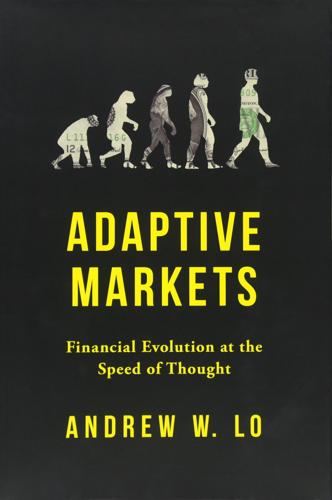
Adaptive Markets: Financial Evolution at the Speed of Thought
by Andrew W. Lo · 3 Apr 2017 · 733pp · 179,391 words
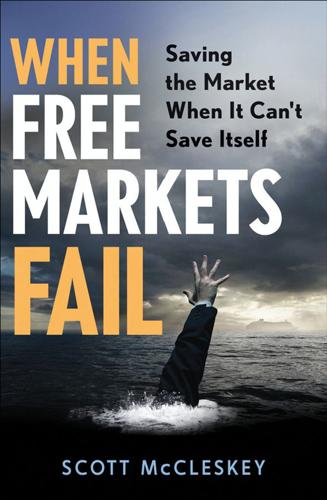
When Free Markets Fail: Saving the Market When It Can't Save Itself (Wiley Corporate F&A)
by Scott McCleskey · 10 Mar 2011
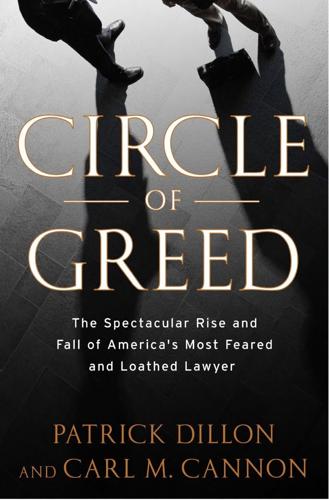
Circle of Greed: The Spectacular Rise and Fall of the Lawyer Who Brought Corporate America to Its Knees
by Patrick Dillon and Carl M. Cannon · 2 Mar 2010 · 613pp · 181,605 words
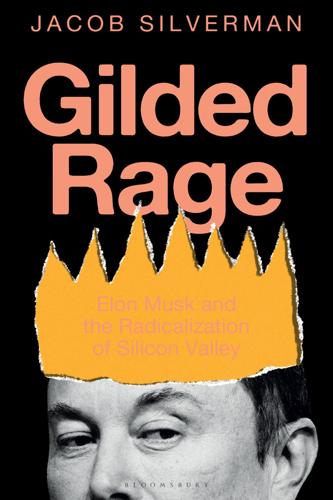
Gilded Rage: Elon Musk and the Radicalization of Silicon Valley
by Jacob Silverman · 9 Oct 2025 · 312pp · 103,645 words
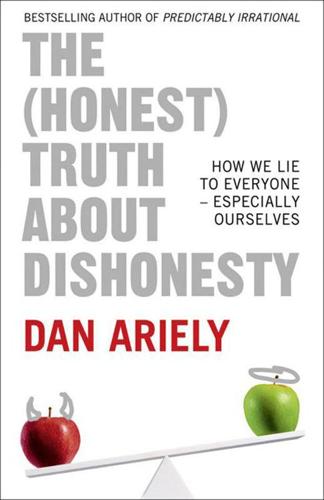
The (Honest) Truth About Dishonesty: How We Lie to Everyone, Especially Ourselves
by Dan Ariely · 27 Jun 2012 · 258pp · 73,109 words
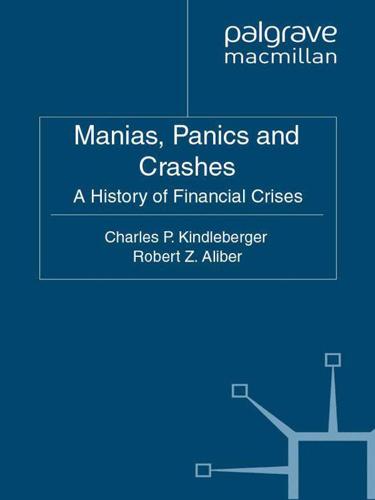
Manias, Panics and Crashes: A History of Financial Crises, Sixth Edition
by Kindleberger, Charles P. and Robert Z., Aliber · 9 Aug 2011
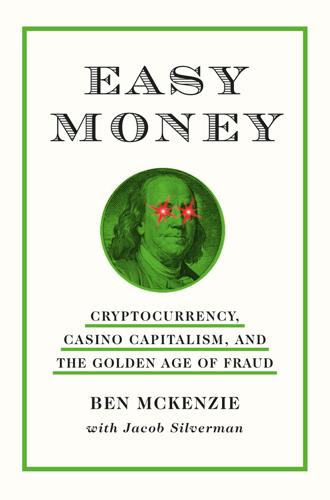
Easy Money: Cryptocurrency, Casino Capitalism, and the Golden Age of Fraud
by Ben McKenzie and Jacob Silverman · 17 Jul 2023 · 329pp · 99,504 words
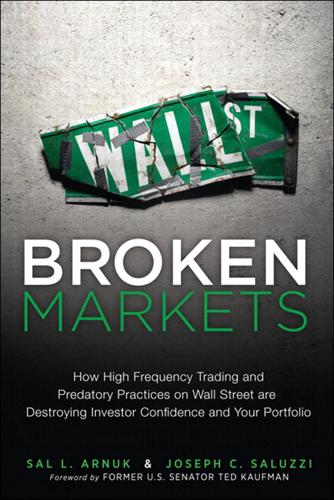
Broken Markets: How High Frequency Trading and Predatory Practices on Wall Street Are Destroying Investor Confidence and Your Portfolio
by Sal Arnuk and Joseph Saluzzi · 21 May 2012 · 318pp · 87,570 words
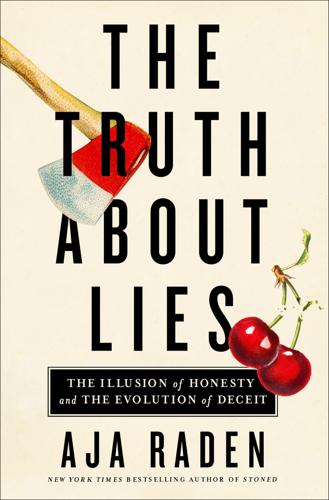
The Truth About Lies: The Illusion of Honesty and the Evolution of Deceit
by Aja Raden · 10 May 2021 · 291pp · 85,822 words
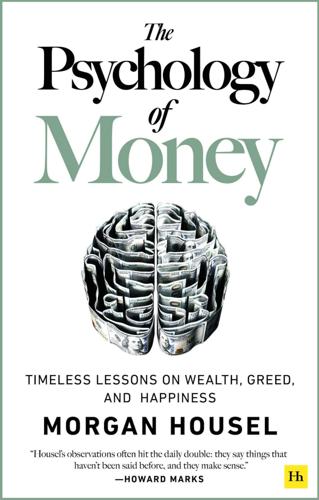
The Psychology of Money: Timeless Lessons on Wealth, Greed, and Happiness
by Morgan Housel · 7 Sep 2020 · 209pp · 53,175 words
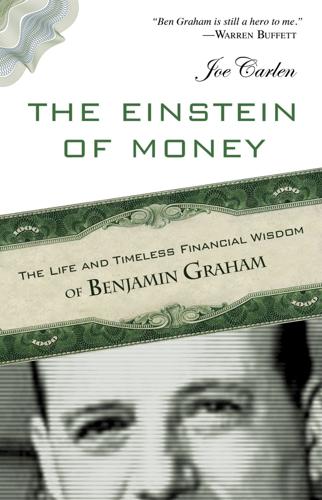
The Einstein of Money: The Life and Timeless Financial Wisdom of Benjamin Graham
by Joe Carlen · 14 Apr 2012 · 398pp · 111,333 words
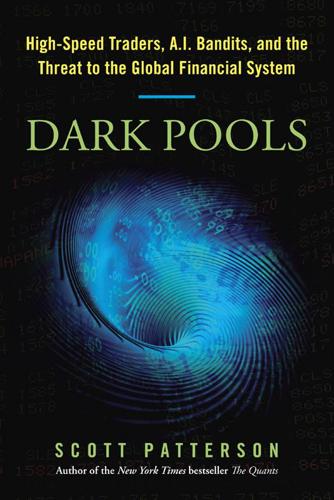
Dark Pools: The Rise of the Machine Traders and the Rigging of the U.S. Stock Market
by Scott Patterson · 11 Jun 2012 · 356pp · 105,533 words
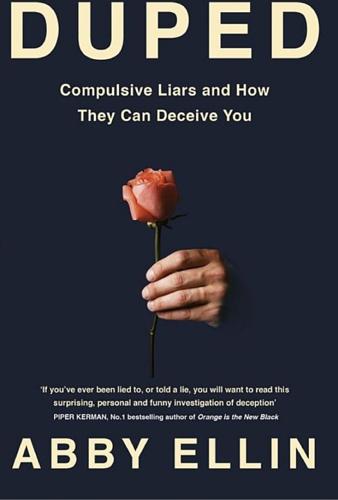
Duped: Double Lives, False Identities, and the Con Man I Almost Married
by Abby Ellin · 15 Jan 2019 · 340pp · 91,745 words
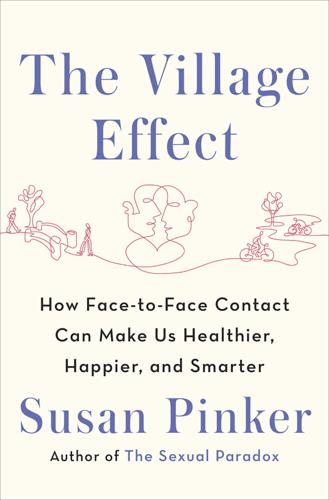
The Village Effect: How Face-To-Face Contact Can Make Us Healthier, Happier, and Smarter
by Susan Pinker · 30 Sep 2013 · 404pp · 124,705 words

Framing Class: Media Representations of Wealth and Poverty in America
by Diana Elizabeth Kendall · 27 Jul 2005 · 311pp · 130,761 words
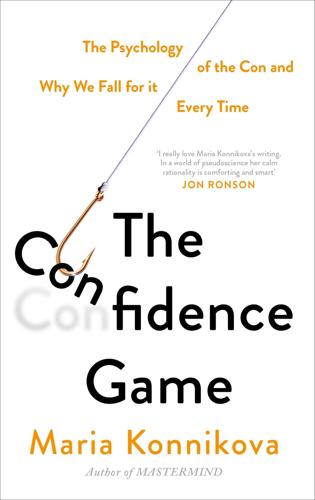
The Confidence Game: The Psychology of the Con and Why We Fall for It Every Time
by Maria Konnikova · 28 Jan 2016 · 384pp · 118,572 words
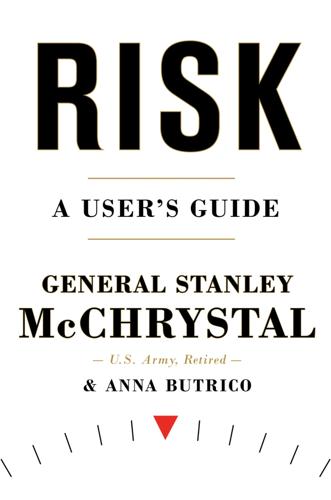
Risk: A User's Guide
by Stanley McChrystal and Anna Butrico · 4 Oct 2021 · 489pp · 106,008 words
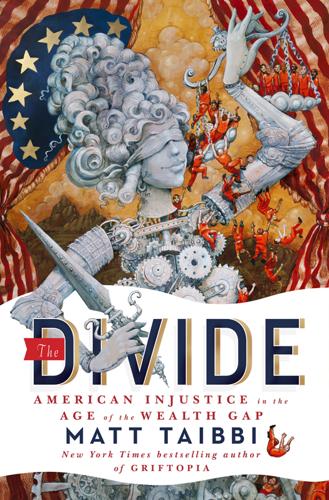
The Divide: American Injustice in the Age of the Wealth Gap
by Matt Taibbi · 8 Apr 2014 · 455pp · 138,716 words
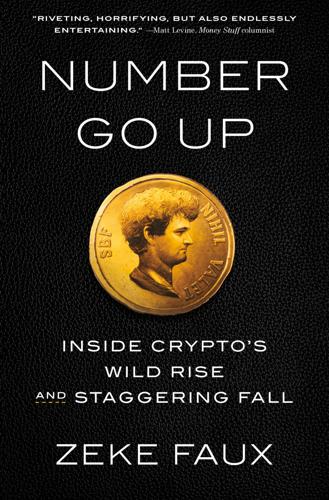
Number Go Up: Inside Crypto's Wild Rise and Staggering Fall
by Zeke Faux · 11 Sep 2023 · 385pp · 106,848 words
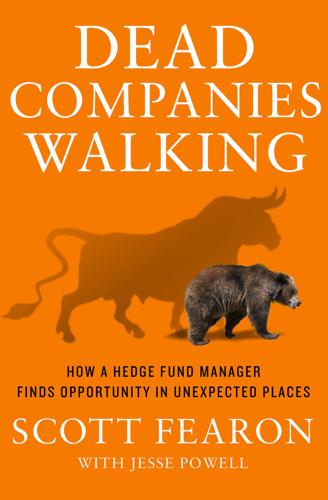
Dead Companies Walking
by Scott Fearon · 10 Nov 2014 · 232pp · 71,965 words
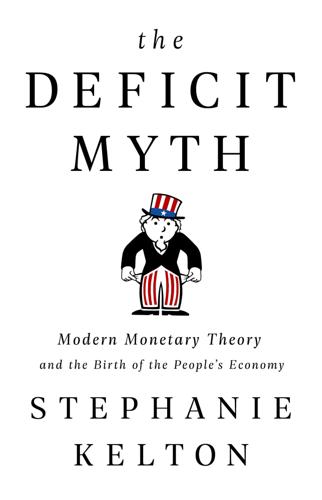
The Deficit Myth: Modern Monetary Theory and the Birth of the People's Economy
by Stephanie Kelton · 8 Jun 2020 · 338pp · 104,684 words
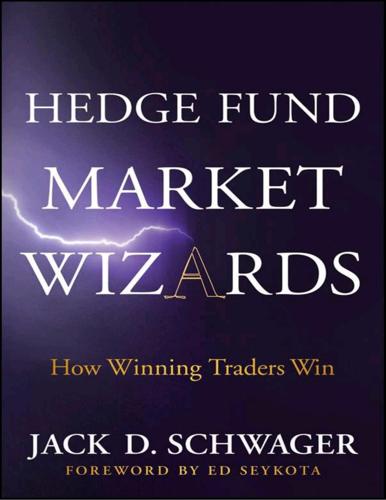
Hedge Fund Market Wizards
by Jack D. Schwager · 24 Apr 2012 · 272pp · 19,172 words
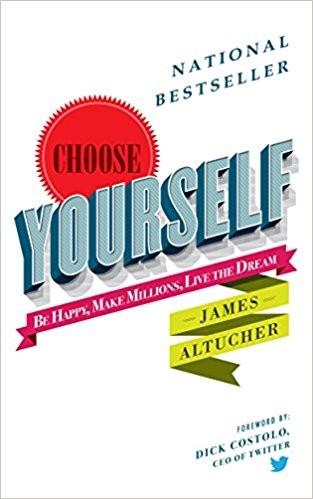
Choose Yourself!
by James Altucher · 14 Sep 2013 · 230pp · 76,655 words
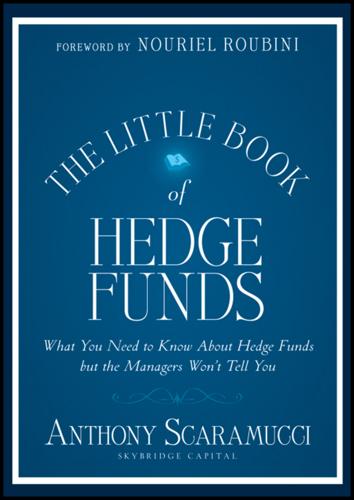
The Little Book of Hedge Funds
by Anthony Scaramucci · 30 Apr 2012 · 162pp · 50,108 words
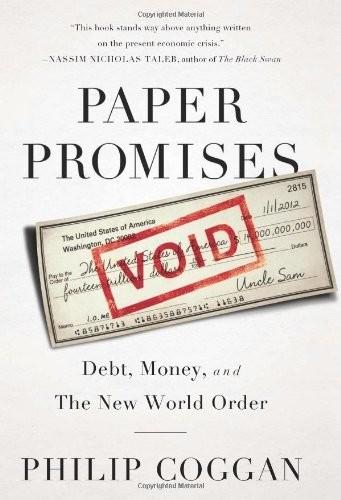
Paper Promises
by Philip Coggan · 1 Dec 2011 · 376pp · 109,092 words
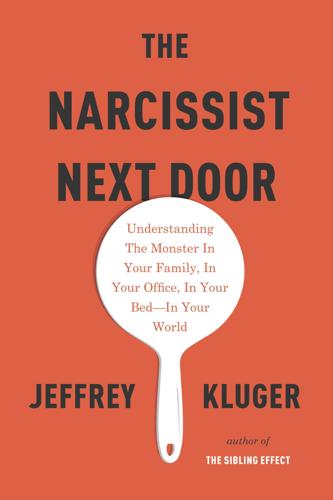
The Narcissist Next Door
by Jeffrey Kluger · 25 Aug 2014 · 295pp · 89,280 words
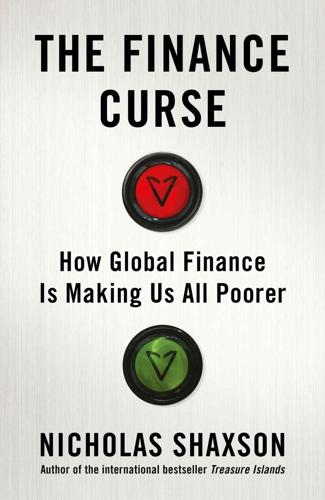
The Finance Curse: How Global Finance Is Making Us All Poorer
by Nicholas Shaxson · 10 Oct 2018 · 482pp · 149,351 words
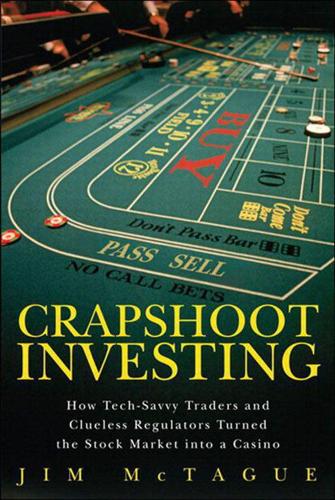
Crapshoot Investing: How Tech-Savvy Traders and Clueless Regulators Turned the Stock Market Into a Casino
by Jim McTague · 1 Mar 2011 · 280pp · 73,420 words
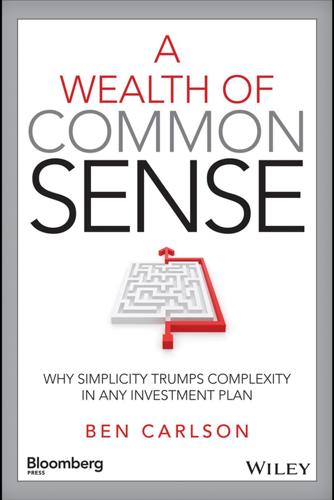
A Wealth of Common Sense: Why Simplicity Trumps Complexity in Any Investment Plan
by Ben Carlson · 14 May 2015 · 232pp · 70,835 words
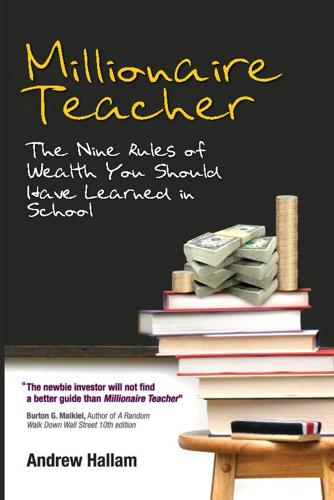
Millionaire Teacher: The Nine Rules of Wealth You Should Have Learned in School
by Andrew Hallam · 1 Nov 2011 · 274pp · 60,596 words
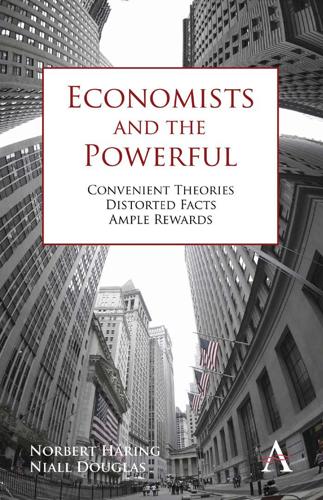
Economists and the Powerful
by Norbert Haring, Norbert H. Ring and Niall Douglas · 30 Sep 2012 · 261pp · 103,244 words
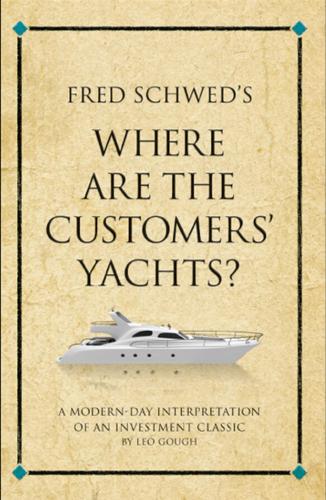
Fred Schwed's Where Are the Customers' Yachts?: A Modern-Day Interpretation of an Investment Classic
by Leo Gough · 22 Aug 2010 · 117pp · 31,221 words
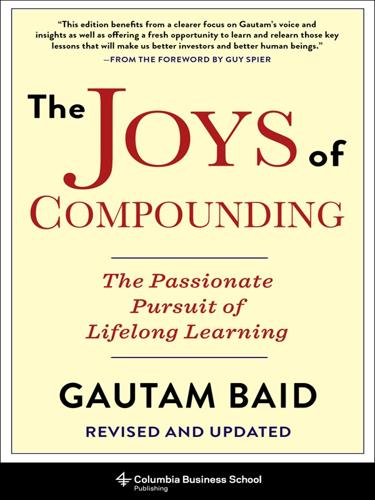
The Joys of Compounding: The Passionate Pursuit of Lifelong Learning, Revised and Updated
by Gautam Baid · 1 Jun 2020 · 1,239pp · 163,625 words
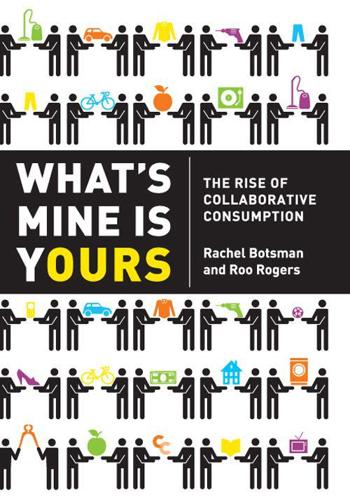
What's Mine Is Yours: How Collaborative Consumption Is Changing the Way We Live
by Rachel Botsman and Roo Rogers · 2 Jan 2010 · 411pp · 80,925 words
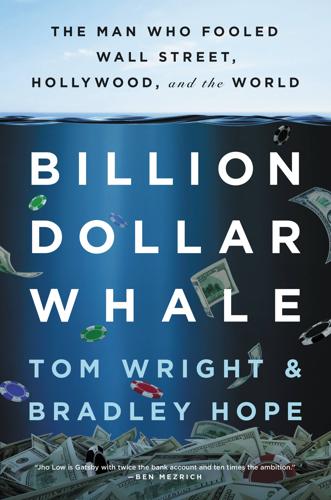
Billion Dollar Whale: The Man Who Fooled Wall Street, Hollywood, and the World
by Tom Wright and Bradley Hope · 17 Sep 2018 · 354pp · 110,570 words
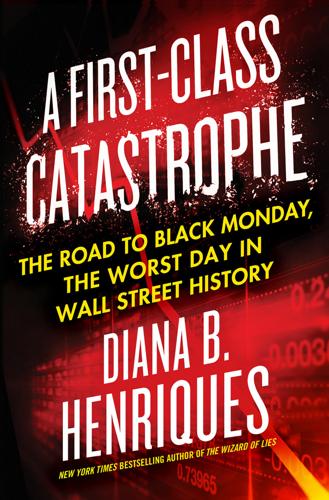
A First-Class Catastrophe: The Road to Black Monday, the Worst Day in Wall Street History
by Diana B. Henriques · 18 Sep 2017 · 526pp · 144,019 words
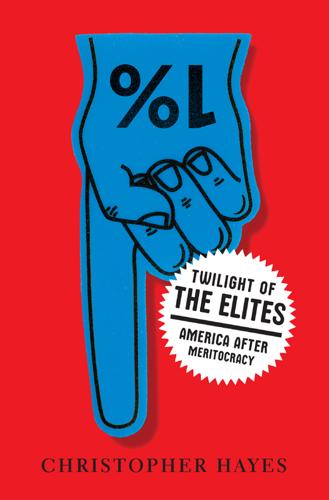
Twilight of the Elites: America After Meritocracy
by Chris Hayes · 11 Jun 2012 · 285pp · 86,174 words
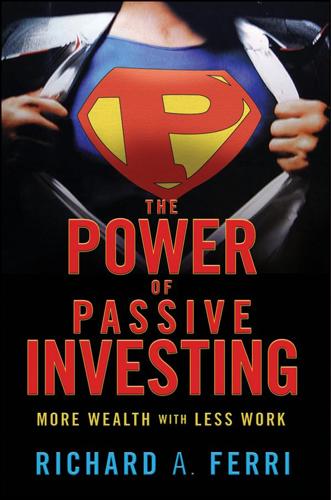
The Power of Passive Investing: More Wealth With Less Work
by Richard A. Ferri · 4 Nov 2010 · 345pp · 87,745 words
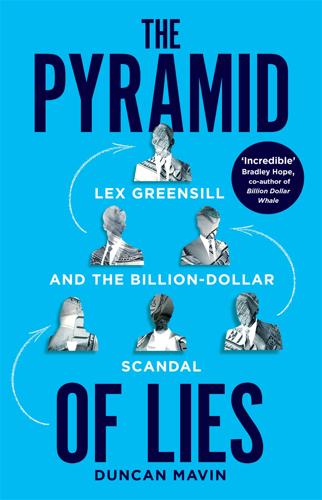
The Pyramid of Lies: Lex Greensill and the Billion-Dollar Scandal
by Duncan Mavin · 20 Jul 2022 · 345pp · 100,989 words
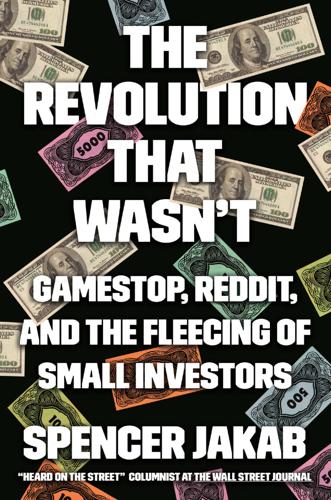
The Revolution That Wasn't: GameStop, Reddit, and the Fleecing of Small Investors
by Spencer Jakab · 1 Feb 2022 · 420pp · 94,064 words
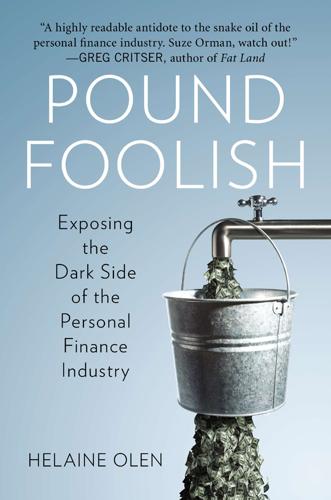
Pound Foolish: Exposing the Dark Side of the Personal Finance Industry
by Helaine Olen · 27 Dec 2012 · 375pp · 105,067 words
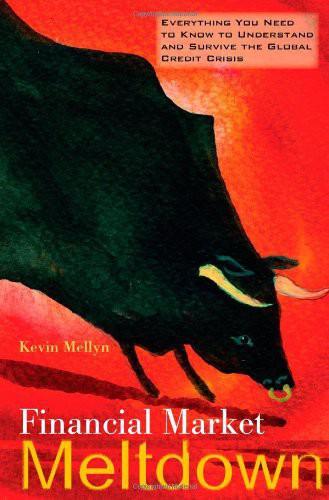
Financial Market Meltdown: Everything You Need to Know to Understand and Survive the Global Credit Crisis
by Kevin Mellyn · 30 Sep 2009 · 225pp · 11,355 words
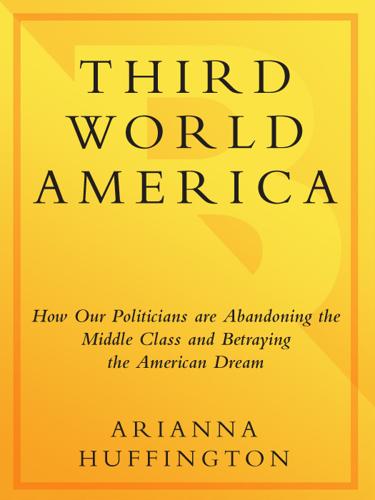
Third World America: How Our Politicians Are Abandoning the Middle Class and Betraying the American Dream
by Arianna Huffington · 7 Sep 2010 · 300pp · 78,475 words
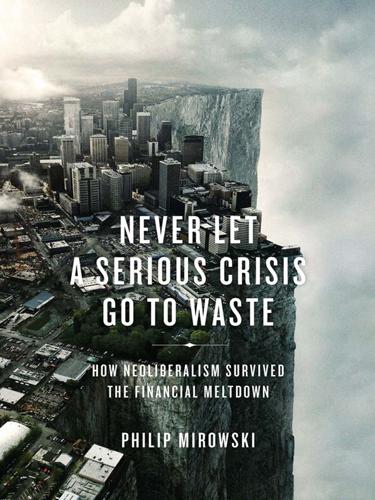
Never Let a Serious Crisis Go to Waste: How Neoliberalism Survived the Financial Meltdown
by Philip Mirowski · 24 Jun 2013 · 662pp · 180,546 words
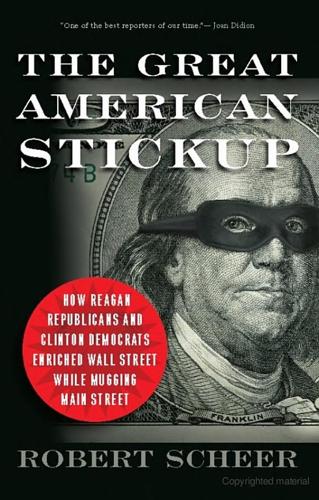
The Great American Stickup: How Reagan Republicans and Clinton Democrats Enriched Wall Street While Mugging Main Street
by Robert Scheer · 14 Apr 2010 · 257pp · 64,763 words
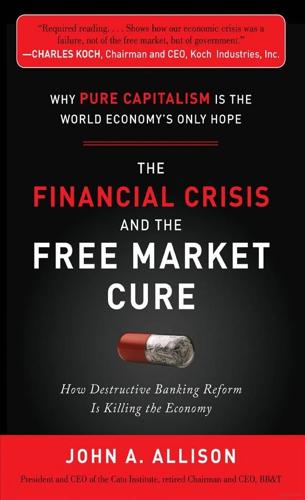
The Financial Crisis and the Free Market Cure: Why Pure Capitalism Is the World Economy's Only Hope
by John A. Allison · 20 Sep 2012 · 348pp · 99,383 words
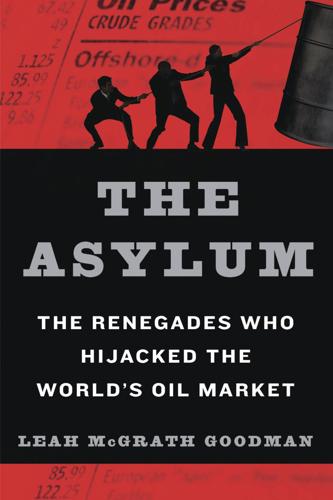
The Asylum: The Renegades Who Hijacked the World's Oil Market
by Leah McGrath Goodman · 15 Feb 2011 · 553pp · 168,111 words
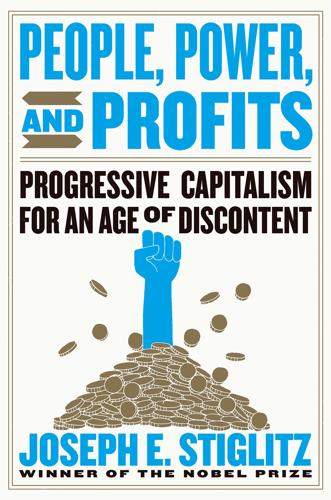
People, Power, and Profits: Progressive Capitalism for an Age of Discontent
by Joseph E. Stiglitz · 22 Apr 2019 · 462pp · 129,022 words
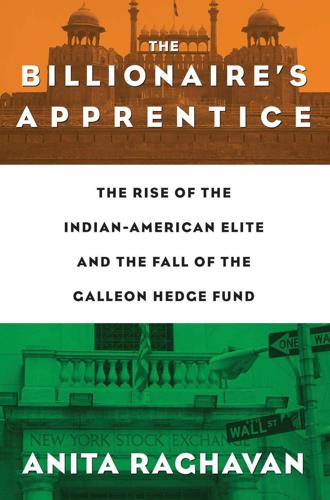
The Billionaire's Apprentice: The Rise of the Indian-American Elite and the Fall of the Galleon Hedge Fund
by Anita Raghavan · 4 Jun 2013 · 575pp · 171,599 words
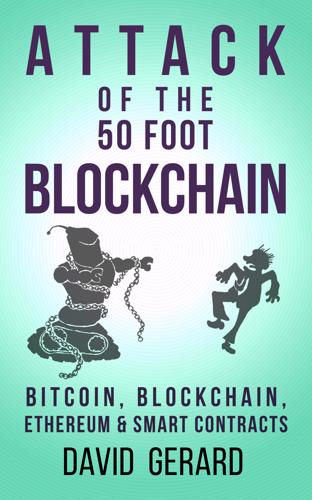
Attack of the 50 Foot Blockchain: Bitcoin, Blockchain, Ethereum & Smart Contracts
by David Gerard · 23 Jul 2017 · 309pp · 54,839 words
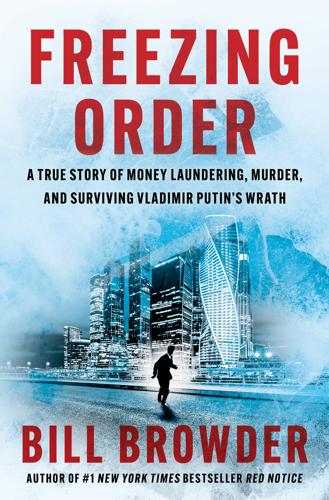
Freezing Order: A True Story of Money Laundering, Murder, and Surviving Vladimir Putin's Wrath
by Bill Browder · 11 Apr 2022 · 335pp · 100,154 words
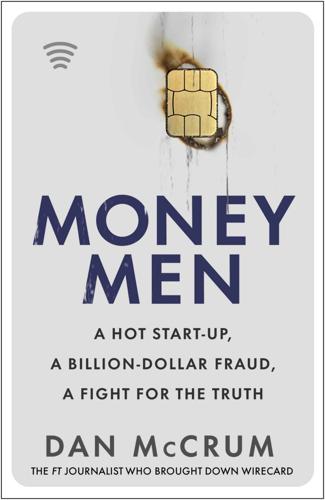
Money Men: A Hot Startup, a Billion Dollar Fraud, a Fight for the Truth
by Dan McCrum · 15 Jun 2022 · 361pp · 117,566 words
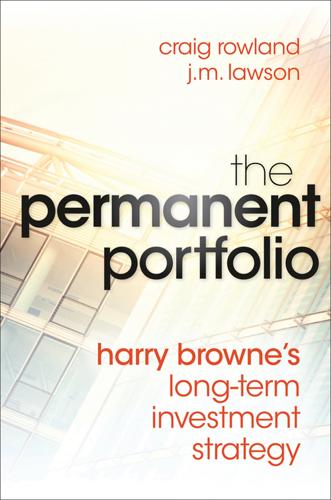
The Permanent Portfolio
by Craig Rowland and J. M. Lawson · 27 Aug 2012
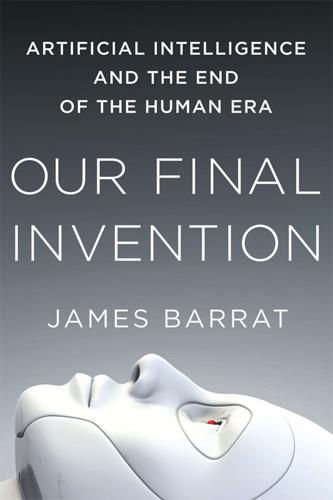
Our Final Invention: Artificial Intelligence and the End of the Human Era
by James Barrat · 30 Sep 2013 · 294pp · 81,292 words
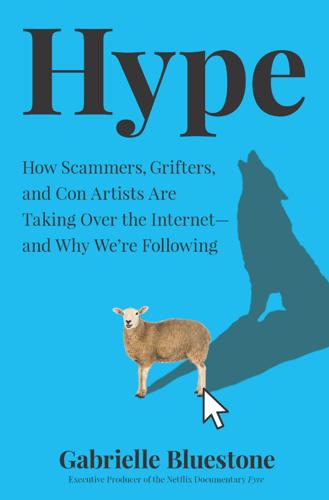
Hype: How Scammers, Grifters, and Con Artists Are Taking Over the Internet―and Why We're Following
by Gabrielle Bluestone · 5 Apr 2021 · 329pp · 100,162 words
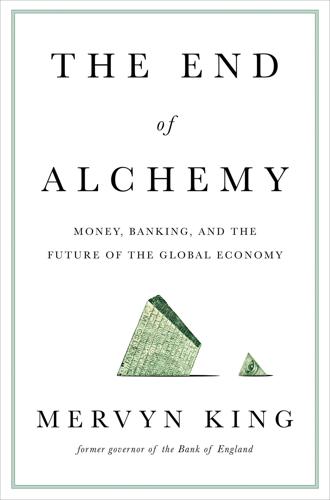
The End of Alchemy: Money, Banking and the Future of the Global Economy
by Mervyn King · 3 Mar 2016 · 464pp · 139,088 words
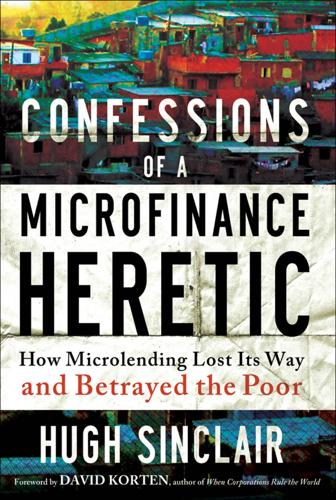
Confessions of a Microfinance Heretic
by Hugh Sinclair · 4 Oct 2012 · 346pp · 101,763 words
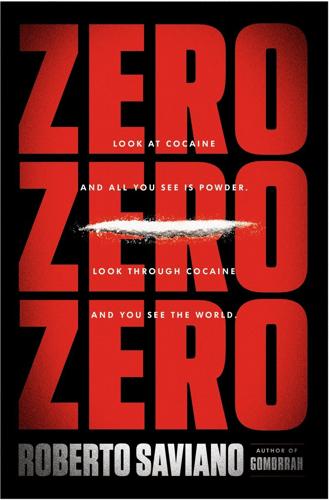
ZeroZeroZero
by Roberto Saviano · 4 Apr 2013 · 442pp · 135,006 words
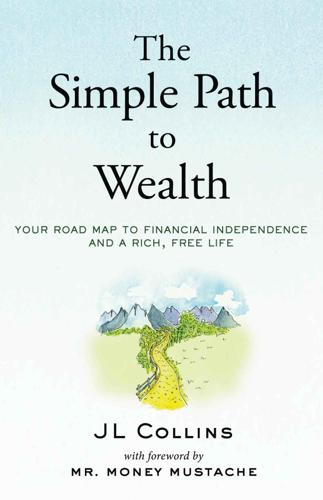
The Simple Path to Wealth: Your Road Map to Financial Independence and a Rich, Free Life
by J L Collins · 17 Jun 2016 · 194pp · 59,336 words
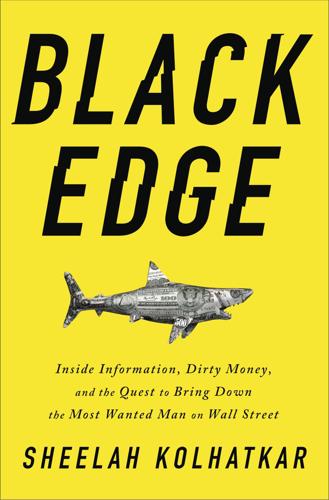
Black Edge: Inside Information, Dirty Money, and the Quest to Bring Down the Most Wanted Man on Wall Street
by Sheelah Kolhatkar · 7 Feb 2017 · 385pp · 118,901 words
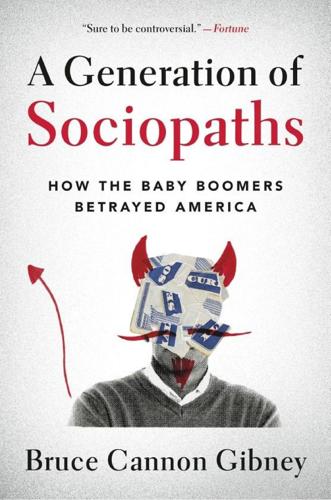
A Generation of Sociopaths: How the Baby Boomers Betrayed America
by Bruce Cannon Gibney · 7 Mar 2017 · 526pp · 160,601 words
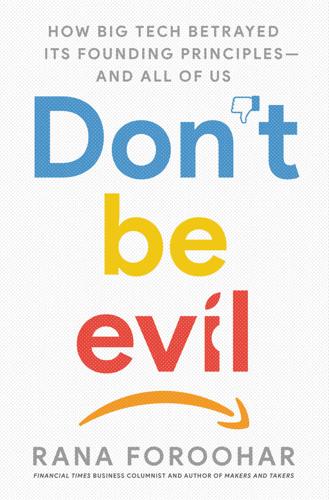
Don't Be Evil: How Big Tech Betrayed Its Founding Principles--And All of US
by Rana Foroohar · 5 Nov 2019 · 380pp · 109,724 words
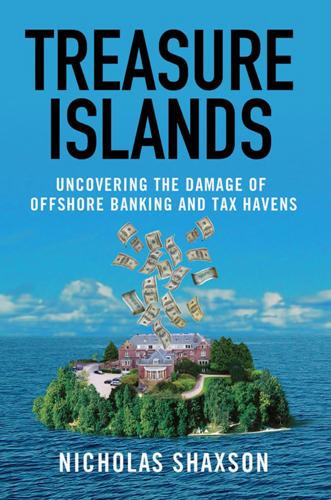
Treasure Islands: Uncovering the Damage of Offshore Banking and Tax Havens
by Nicholas Shaxson · 11 Apr 2011 · 429pp · 120,332 words
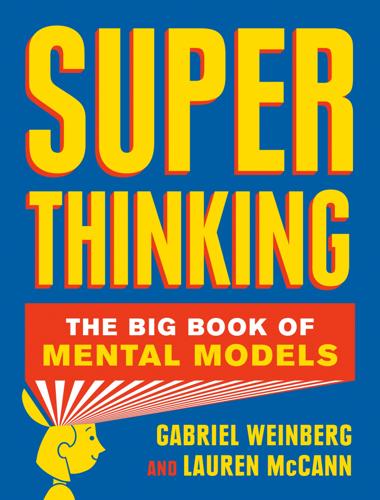
Super Thinking: The Big Book of Mental Models
by Gabriel Weinberg and Lauren McCann · 17 Jun 2019
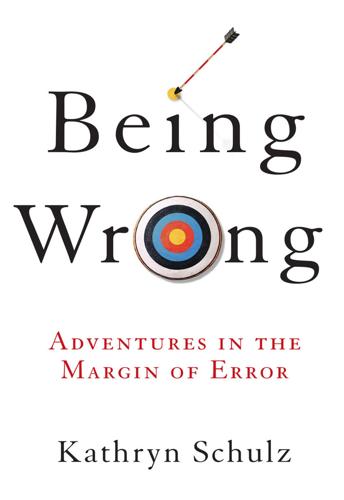
Being Wrong: Adventures in the Margin of Error
by Kathryn Schulz · 7 Jun 2010 · 486pp · 148,485 words
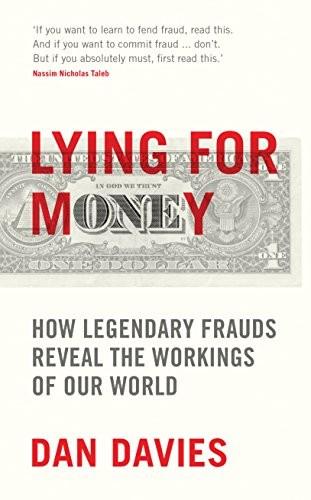
Lying for Money: How Fraud Makes the World Go Round
by Daniel Davies · 14 Jul 2018 · 294pp · 89,406 words
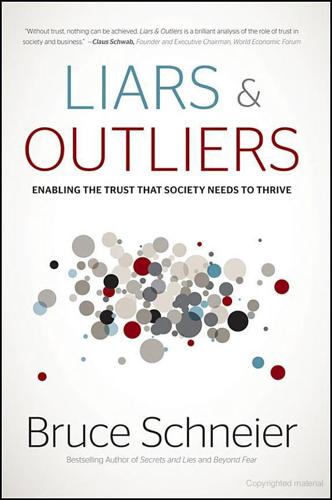
Liars and Outliers: How Security Holds Society Together
by Bruce Schneier · 14 Feb 2012 · 503pp · 131,064 words
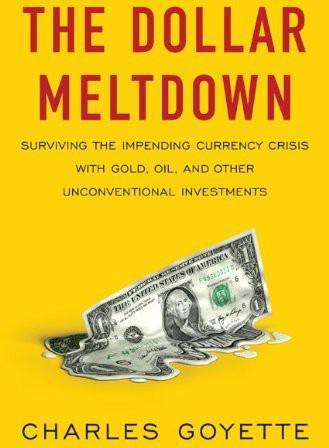
The Dollar Meltdown: Surviving the Coming Currency Crisis With Gold, Oil, and Other Unconventional Investments
by Charles Goyette · 29 Oct 2009 · 287pp · 81,970 words
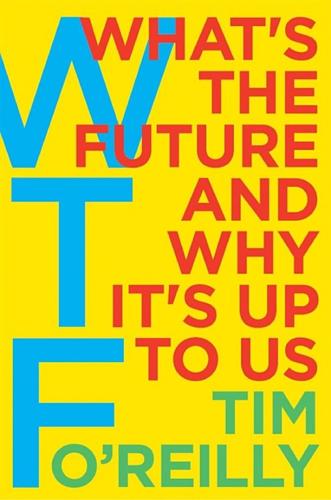
WTF?: What's the Future and Why It's Up to Us
by Tim O'Reilly · 9 Oct 2017 · 561pp · 157,589 words
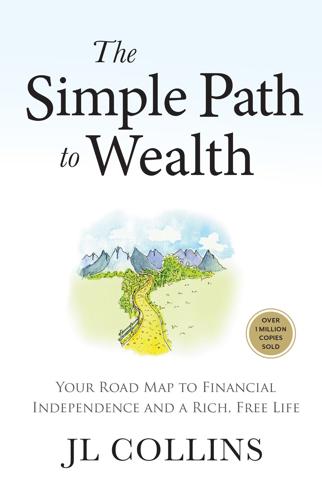
The Simple Path to Wealth (Revised & Expanded 2025 Edition): Your Road Map to Financial Independence and a Rich, Free Life
by JL Collins · 191pp · 66,998 words
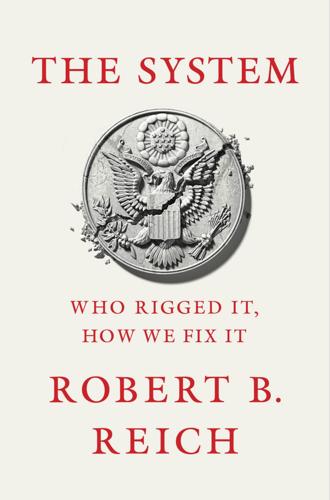
The System: Who Rigged It, How We Fix It
by Robert B. Reich · 24 Mar 2020 · 154pp · 47,880 words
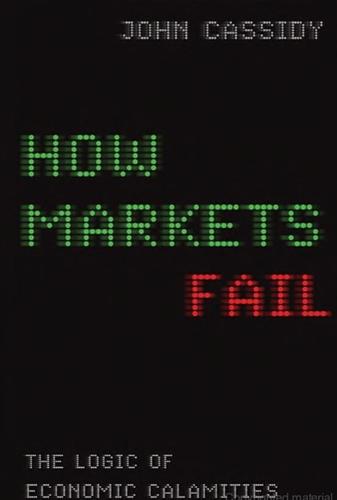
How Markets Fail: The Logic of Economic Calamities
by John Cassidy · 10 Nov 2009 · 545pp · 137,789 words
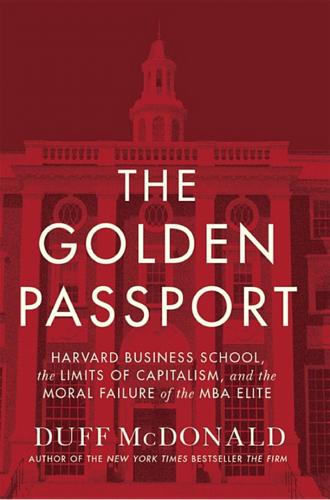
The Golden Passport: Harvard Business School, the Limits of Capitalism, and the Moral Failure of the MBA Elite
by Duff McDonald · 24 Apr 2017 · 827pp · 239,762 words
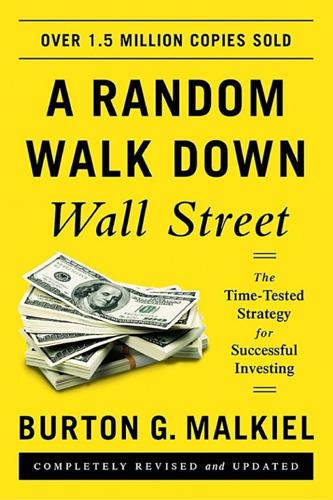
A Random Walk Down Wall Street: The Time-Tested Strategy for Successful Investing (Eleventh Edition)
by Burton G. Malkiel · 5 Jan 2015 · 482pp · 121,672 words
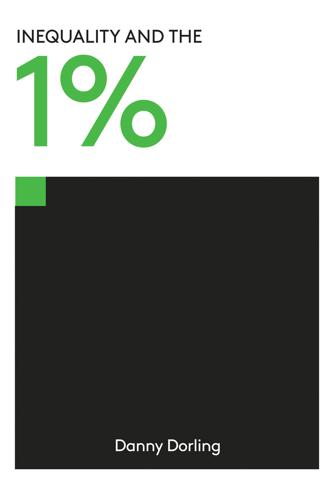
Inequality and the 1%
by Danny Dorling · 6 Oct 2014 · 317pp · 71,776 words
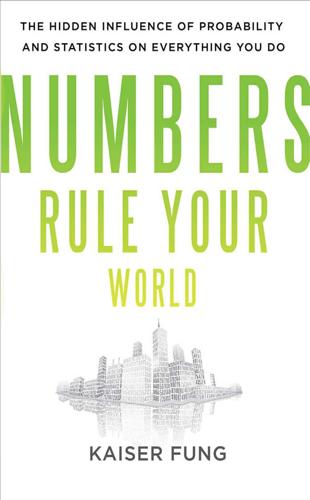
Numbers Rule Your World: The Hidden Influence of Probability and Statistics on Everything You Do
by Kaiser Fung · 25 Jan 2010 · 227pp · 62,177 words
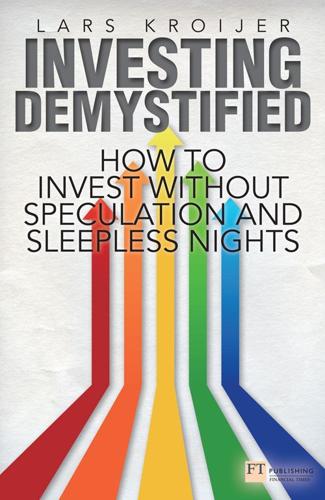
Investing Demystified: How to Invest Without Speculation and Sleepless Nights
by Lars Kroijer · 5 Sep 2013 · 300pp · 77,787 words
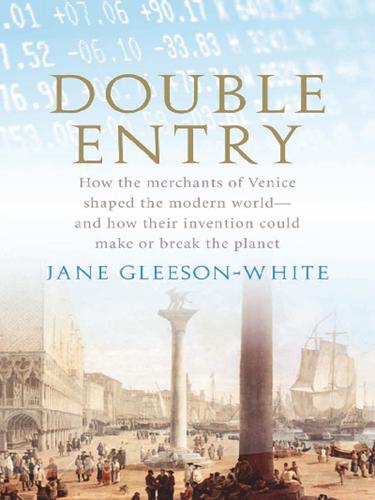
Double Entry: How the Merchants of Venice Shaped the Modern World - and How Their Invention Could Make or Break the Planet
by Jane Gleeson-White · 14 May 2011 · 274pp · 66,721 words
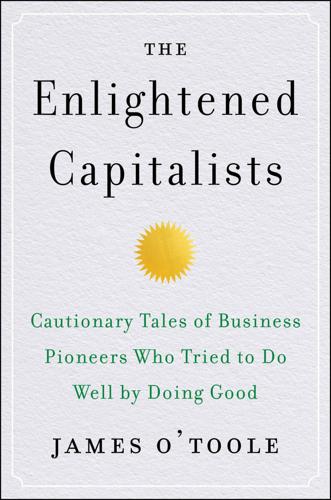
The Enlightened Capitalists
by James O'Toole · 29 Dec 2018 · 716pp · 192,143 words
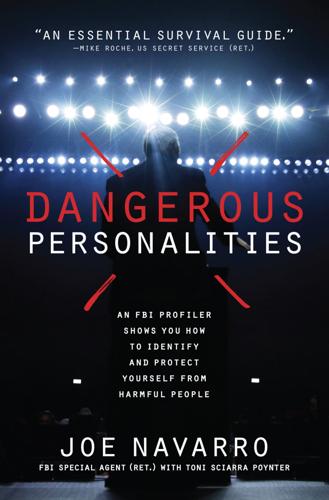
Dangerous Personalities: An FBI Profiler Shows You How to Identify and Protect Yourself From Harmful People
by Joe Navarro and Toni Sciarra Poynter · 6 Oct 2014 · 261pp · 71,798 words
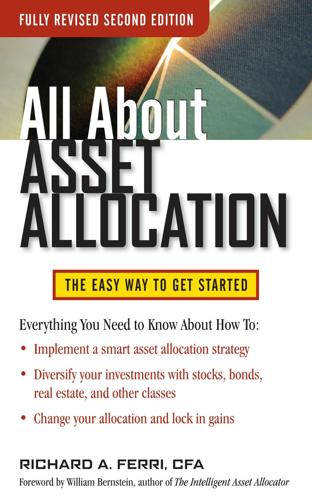
All About Asset Allocation, Second Edition
by Richard Ferri · 11 Jul 2010
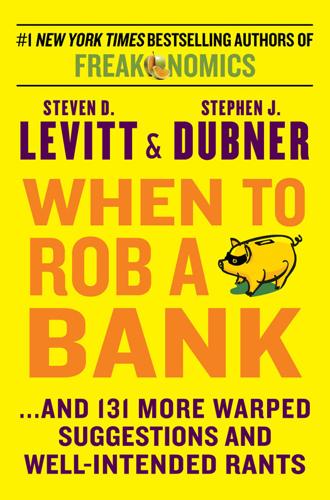
When to Rob a Bank: ...And 131 More Warped Suggestions and Well-Intended Rants
by Steven D. Levitt and Stephen J. Dubner · 4 May 2015 · 306pp · 85,836 words
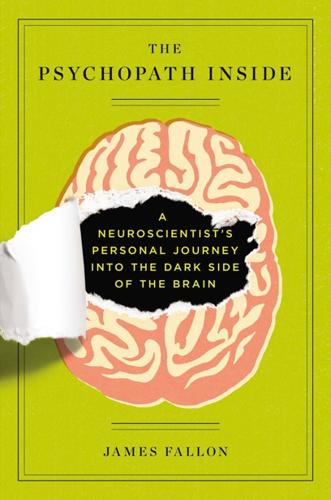
The Psychopath Inside: A Neuroscientist's Personal Journey Into the Dark Side of the Brain
by James Fallon · 30 Oct 2013
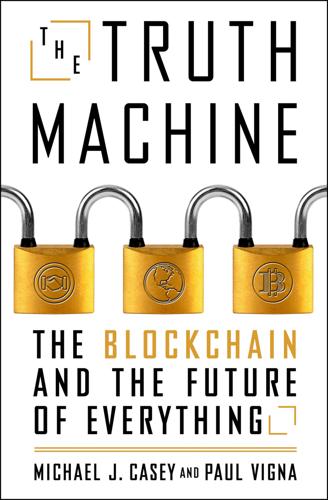
The Truth Machine: The Blockchain and the Future of Everything
by Paul Vigna and Michael J. Casey · 27 Feb 2018 · 348pp · 97,277 words
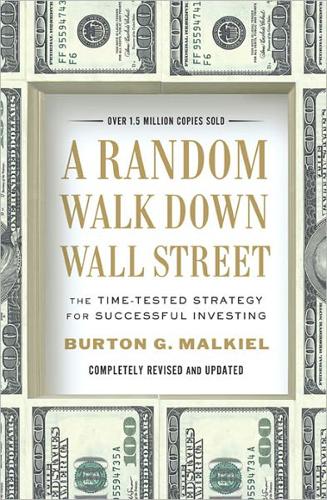
A Random Walk Down Wall Street: The Time-Tested Strategy for Successful Investing
by Burton G. Malkiel · 10 Jan 2011 · 416pp · 118,592 words
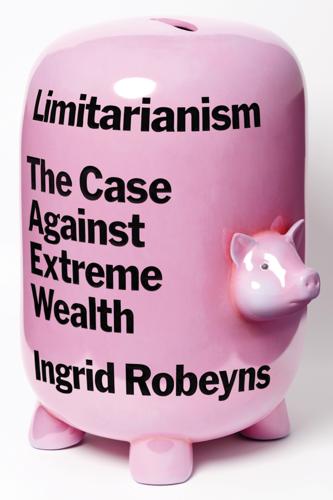
Limitarianism: The Case Against Extreme Wealth
by Ingrid Robeyns · 16 Jan 2024 · 327pp · 110,234 words
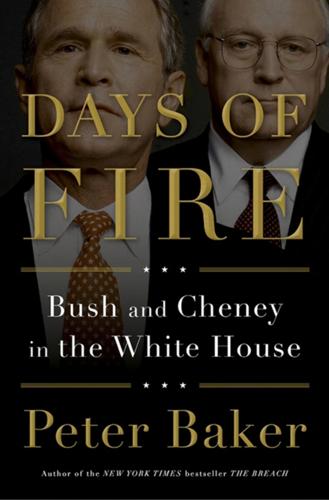
Days of Fire: Bush and Cheney in the White House
by Peter Baker · 21 Oct 2013

23 Things They Don't Tell You About Capitalism
by Ha-Joon Chang · 1 Jan 2010 · 365pp · 88,125 words
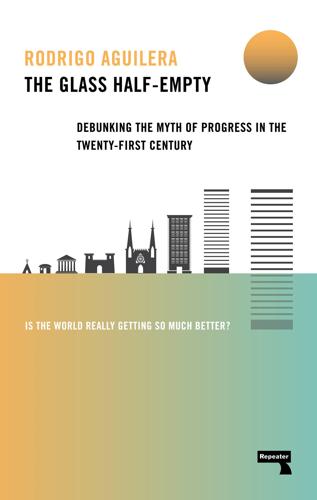
The Glass Half-Empty: Debunking the Myth of Progress in the Twenty-First Century
by Rodrigo Aguilera · 10 Mar 2020 · 356pp · 106,161 words
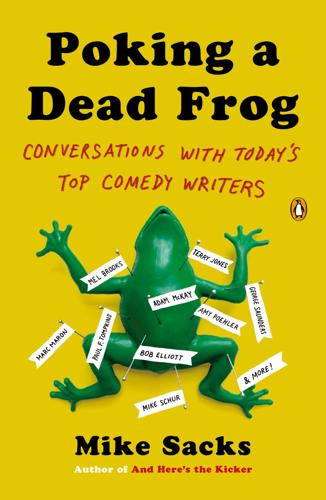
Poking a Dead Frog: Conversations With Today's Top Comedy Writers
by Mike Sacks · 23 Jun 2014
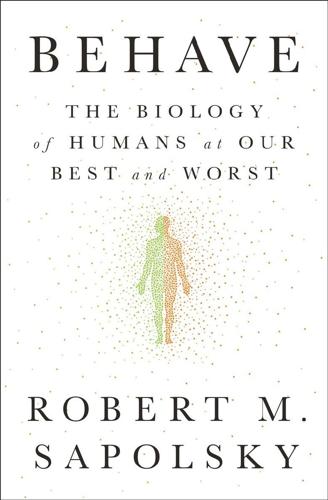
Behave: The Biology of Humans at Our Best and Worst
by Robert M. Sapolsky · 1 May 2017 · 1,261pp · 294,715 words
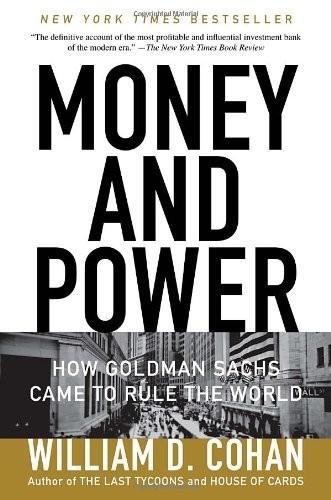
Money and Power: How Goldman Sachs Came to Rule the World
by William D. Cohan · 11 Apr 2011 · 1,073pp · 302,361 words
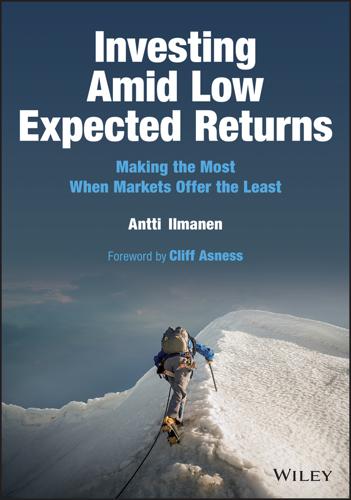
Investing Amid Low Expected Returns: Making the Most When Markets Offer the Least
by Antti Ilmanen · 24 Feb 2022
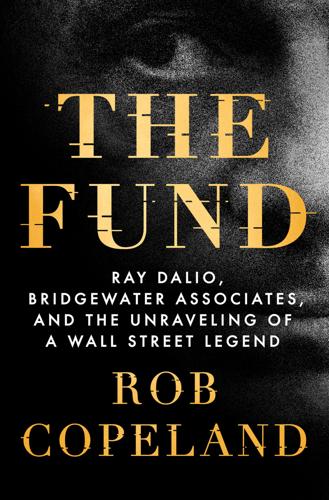
The Fund: Ray Dalio, Bridgewater Associates, and the Unraveling of a Wall Street Legend
by Rob Copeland · 7 Nov 2023 · 412pp · 122,655 words
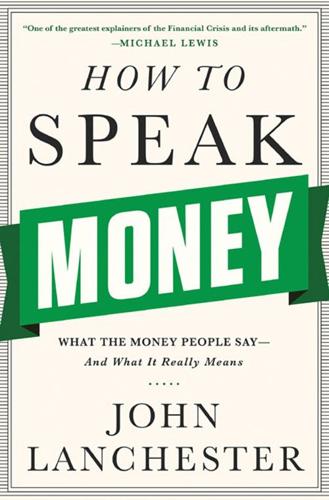
How to Speak Money: What the Money People Say--And What It Really Means
by John Lanchester · 5 Oct 2014 · 261pp · 86,905 words
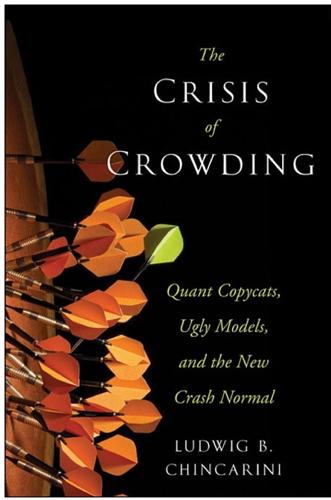
The Crisis of Crowding: Quant Copycats, Ugly Models, and the New Crash Normal
by Ludwig B. Chincarini · 29 Jul 2012 · 701pp · 199,010 words
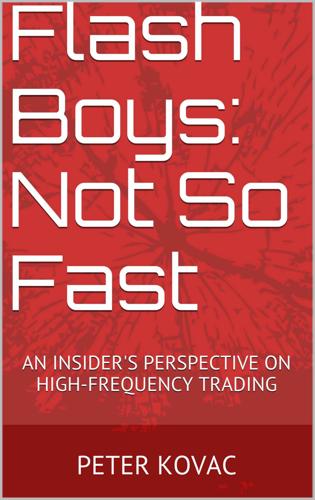
Flash Boys: Not So Fast: An Insider's Perspective on High-Frequency Trading
by Peter Kovac · 10 Dec 2014 · 200pp · 54,897 words
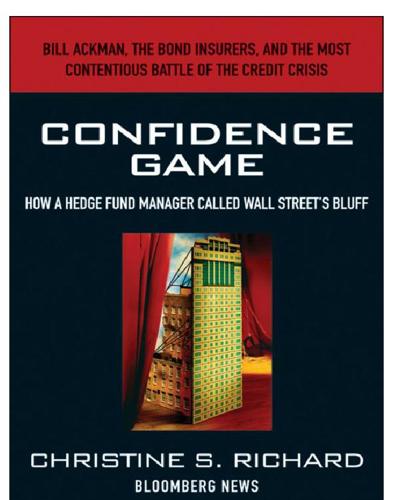
Confidence Game: How a Hedge Fund Manager Called Wall Street's Bluff
by Christine S. Richard · 26 Apr 2010 · 459pp · 118,959 words
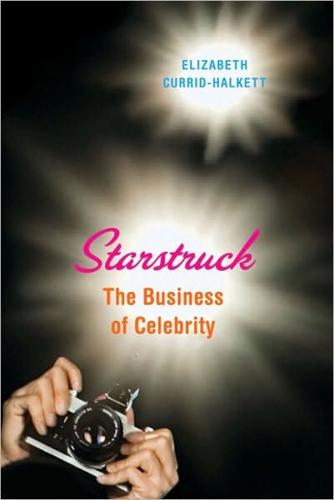
Starstruck: The Business of Celebrity
by Currid · 9 Nov 2010 · 332pp · 91,780 words
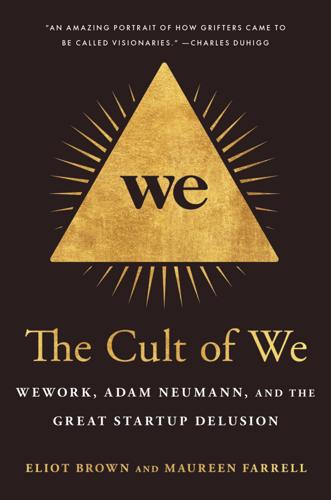
The Cult of We: WeWork, Adam Neumann, and the Great Startup Delusion
by Eliot Brown and Maureen Farrell · 19 Jul 2021 · 460pp · 130,820 words
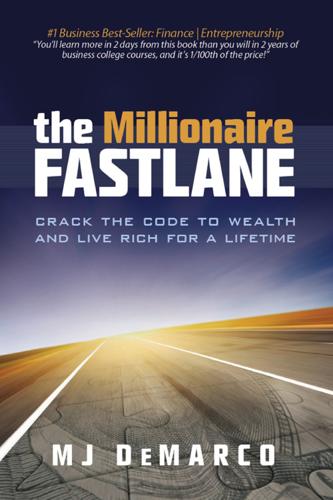
The Millionaire Fastlane: Crack the Code to Wealth and Live Rich for a Lifetime
by Mj Demarco · 8 Nov 2010 · 386pp · 116,233 words

Everything's Trash, but It's Okay
by Phoebe Robinson · 15 Oct 2018 · 257pp · 90,857 words
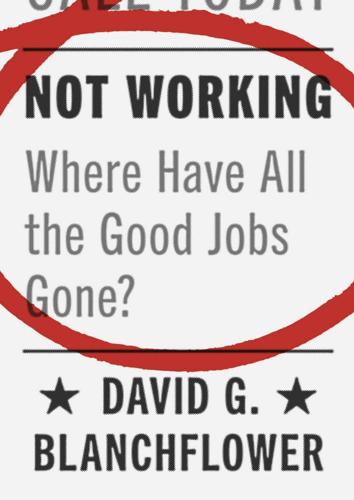
Not Working: Where Have All the Good Jobs Gone?
by David G. Blanchflower · 12 Apr 2021 · 566pp · 160,453 words
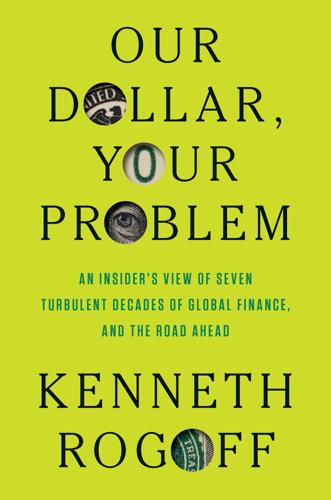
Our Dollar, Your Problem: An Insider’s View of Seven Turbulent Decades of Global Finance, and the Road Ahead
by Kenneth Rogoff · 27 Feb 2025 · 330pp · 127,791 words
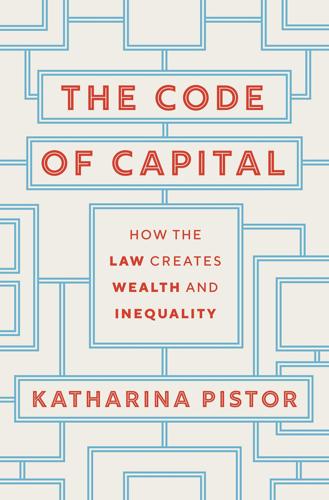
The Code of Capital: How the Law Creates Wealth and Inequality
by Katharina Pistor · 27 May 2019 · 316pp · 117,228 words
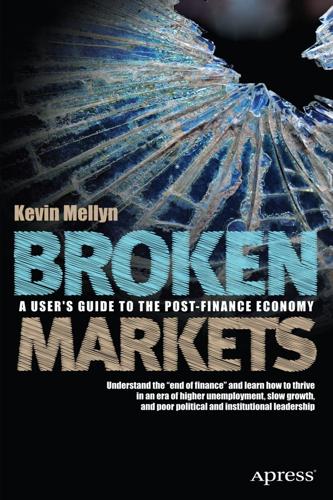
Broken Markets: A User's Guide to the Post-Finance Economy
by Kevin Mellyn · 18 Jun 2012 · 183pp · 17,571 words
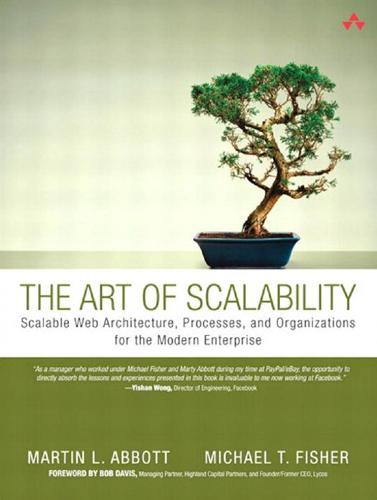
The Art of Scalability: Scalable Web Architecture, Processes, and Organizations for the Modern Enterprise
by Martin L. Abbott and Michael T. Fisher · 1 Dec 2009
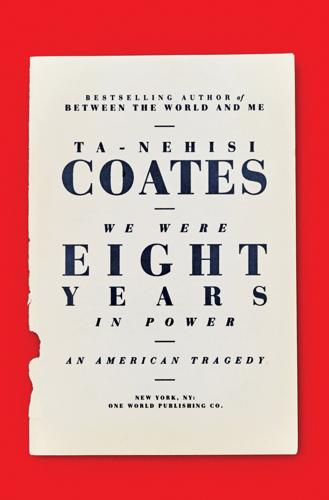
We Were Eight Years in Power: An American Tragedy
by Ta-Nehisi Coates · 2 Oct 2017 · 349pp · 114,914 words
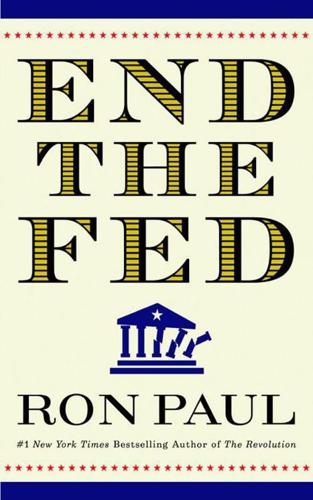
End the Fed
by Ron Paul · 5 Feb 2011
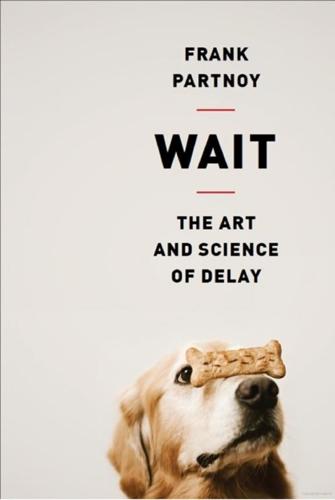
Wait: The Art and Science of Delay
by Frank Partnoy · 15 Jan 2012 · 342pp · 94,762 words
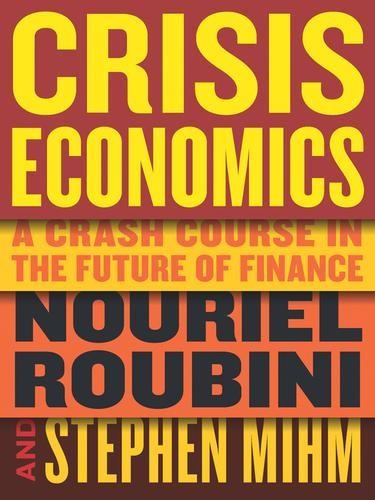
Crisis Economics: A Crash Course in the Future of Finance
by Nouriel Roubini and Stephen Mihm · 10 May 2010 · 491pp · 131,769 words
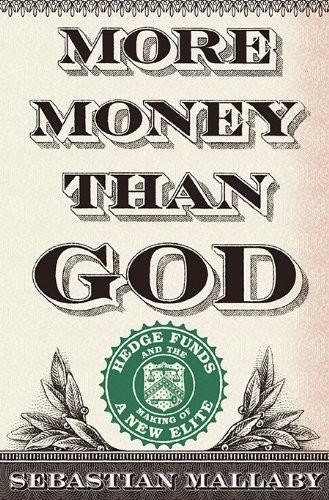
More Money Than God: Hedge Funds and the Making of a New Elite
by Sebastian Mallaby · 9 Jun 2010 · 584pp · 187,436 words
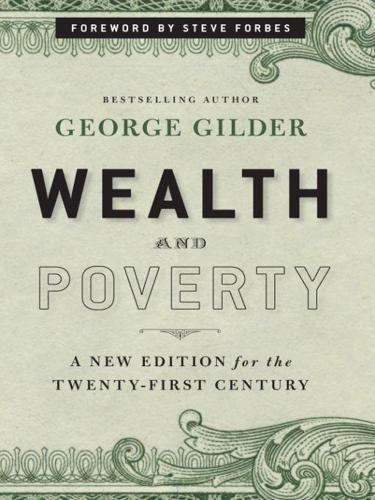
Wealth and Poverty: A New Edition for the Twenty-First Century
by George Gilder · 30 Apr 1981 · 590pp · 153,208 words
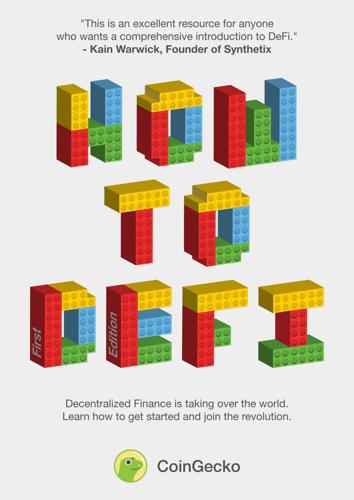
How to DeFi
by Coingecko, Darren Lau, Sze Jin Teh, Kristian Kho, Erina Azmi, Tm Lee and Bobby Ong · 22 Mar 2020 · 135pp · 26,407 words
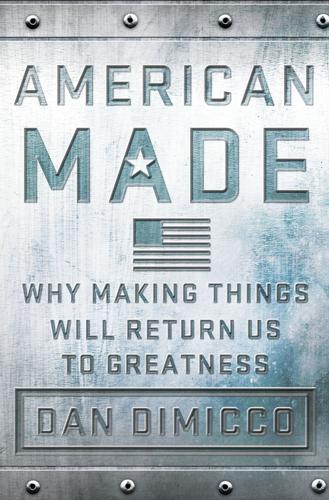
American Made: Why Making Things Will Return Us to Greatness
by Dan Dimicco · 3 Mar 2015 · 219pp · 61,720 words
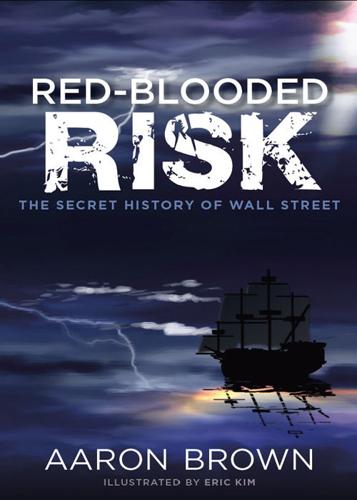
Red-Blooded Risk: The Secret History of Wall Street
by Aaron Brown and Eric Kim · 10 Oct 2011 · 483pp · 141,836 words
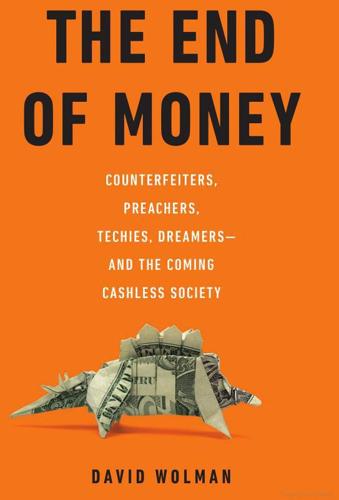
The End of Money: Counterfeiters, Preachers, Techies, Dreamers--And the Coming Cashless Society
by David Wolman · 14 Feb 2012 · 275pp · 77,017 words
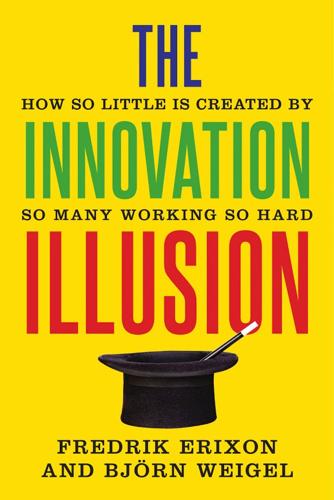
The Innovation Illusion: How So Little Is Created by So Many Working So Hard
by Fredrik Erixon and Bjorn Weigel · 3 Oct 2016 · 504pp · 126,835 words
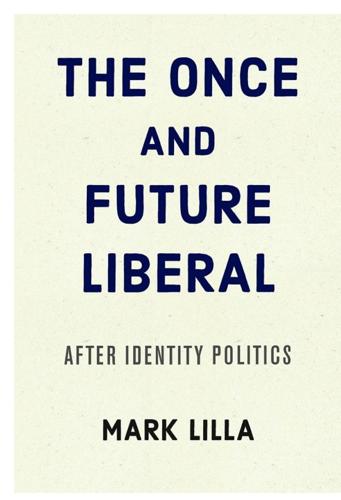
The Once and Future Liberal: After Identity Politics
by Mark Lilla · 14 Aug 2017 · 91pp · 24,469 words
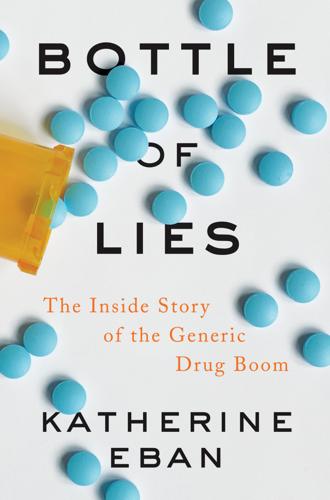
Bottle of Lies: The Inside Story of the Generic Drug Boom
by Katherine Eban · 13 May 2019 · 510pp · 141,188 words
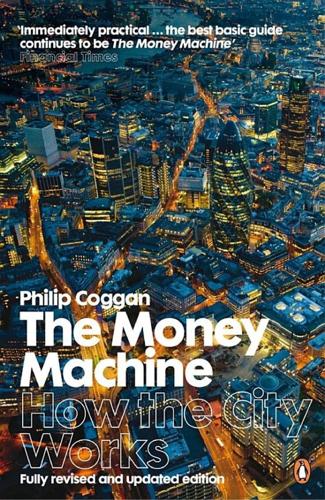
The Money Machine: How the City Works
by Philip Coggan · 1 Jul 2009 · 253pp · 79,214 words
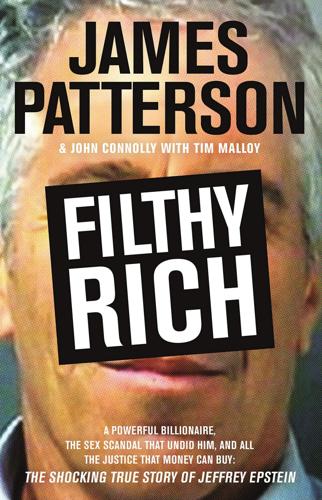
Filthy Rich: A Powerful Billionaire, the Sex Scandal That Undid Him, and All the Justice That Money Can Buy: The Shocking True Story of Jeffrey Epstein
by James Patterson, John Connolly and Tim Malloy · 10 Oct 2016 · 234pp · 63,844 words
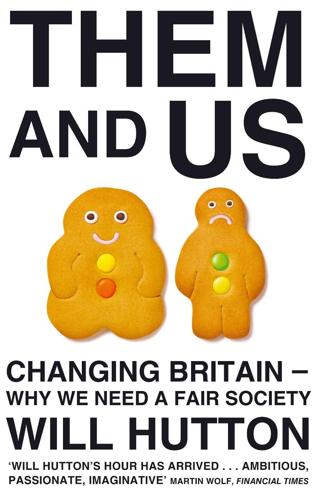
Them And Us: Politics, Greed And Inequality - Why We Need A Fair Society
by Will Hutton · 30 Sep 2010 · 543pp · 147,357 words
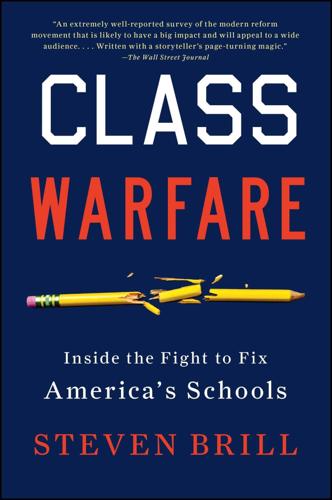
Class Warfare: Inside the Fight to Fix America's Schools
by Steven Brill · 15 Aug 2011 · 559pp · 161,035 words
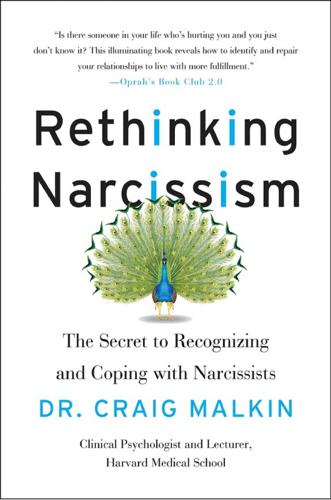
Rethinking Narcissism: The Bad---And Surprising Good---About Feeling Special
by Dr. Craig Malkin · 6 Jul 2015 · 259pp · 67,261 words
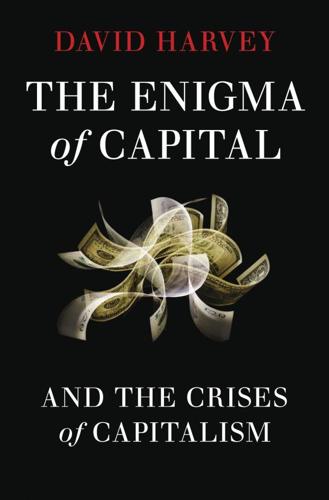
The Enigma of Capital: And the Crises of Capitalism
by David Harvey · 1 Jan 2010 · 369pp · 94,588 words
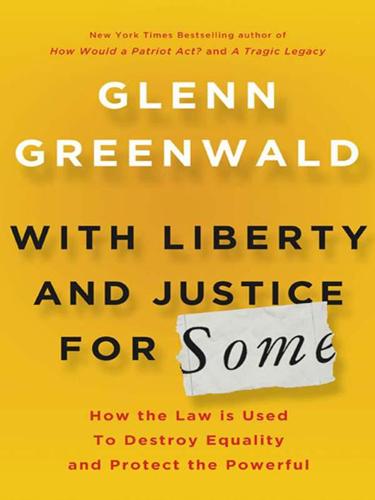
With Liberty and Justice for Some: How the Law Is Used to Destroy Equality and Protect the Powerful
by Glenn Greenwald · 11 Nov 2011 · 283pp · 77,272 words
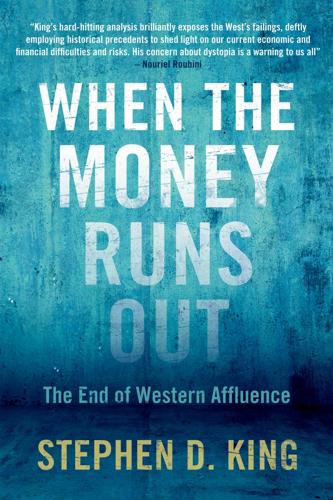
When the Money Runs Out: The End of Western Affluence
by Stephen D. King · 17 Jun 2013 · 324pp · 90,253 words

Greater: Britain After the Storm
by Penny Mordaunt and Chris Lewis · 19 May 2021 · 516pp · 116,875 words
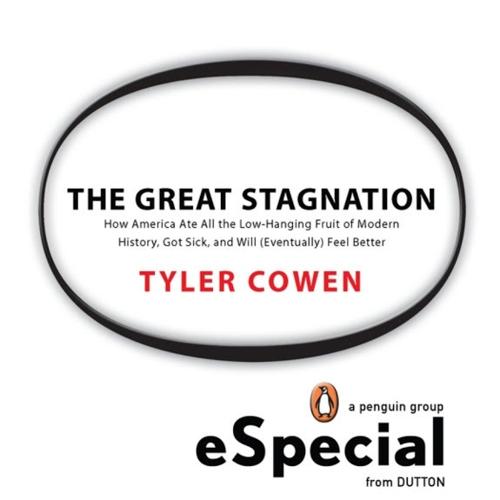
The Great Stagnation
by Tyler Cowen · 24 Jan 2011 · 76pp · 20,238 words
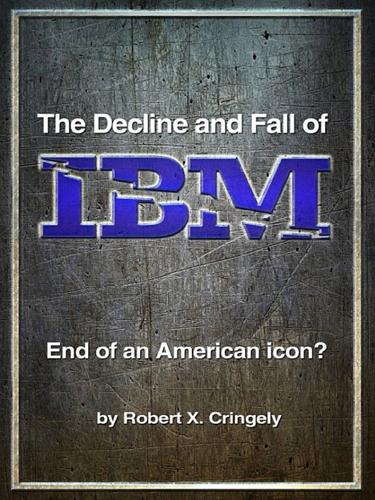
The Decline and Fall of IBM: End of an American Icon?
by Robert X. Cringely · 1 Jun 2014 · 232pp · 71,024 words
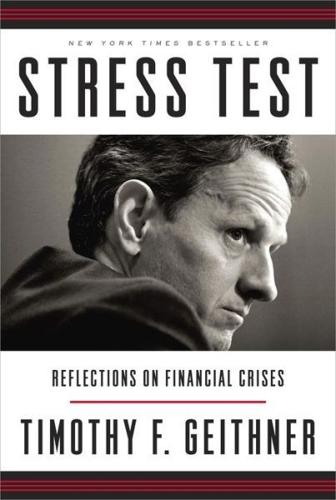
Stress Test: Reflections on Financial Crises
by Timothy F. Geithner · 11 May 2014 · 593pp · 189,857 words
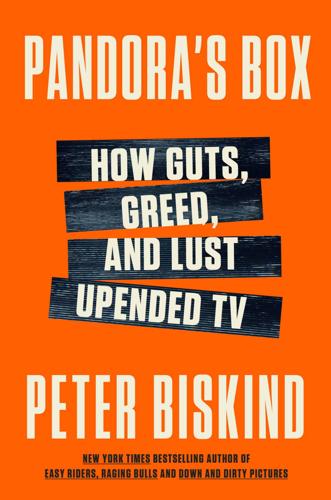
Pandora's Box: How Guts, Guile, and Greed Upended TV
by Peter Biskind · 6 Nov 2023 · 543pp · 143,084 words
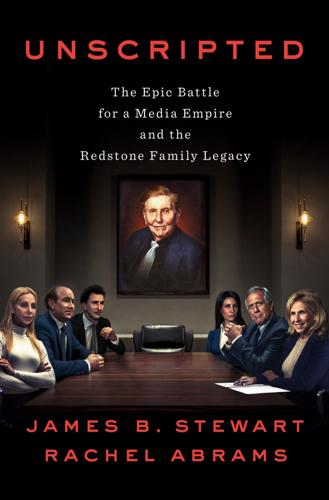
Unscripted: The Epic Battle for a Media Empire and the Redstone Family Legacy
by James B Stewart and Rachel Abrams · 14 Feb 2023 · 521pp · 136,802 words
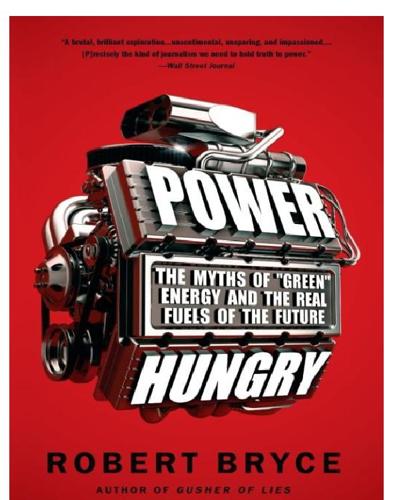
Power Hungry: The Myths of "Green" Energy and the Real Fuels of the Future
by Robert Bryce · 26 Apr 2011 · 520pp · 129,887 words
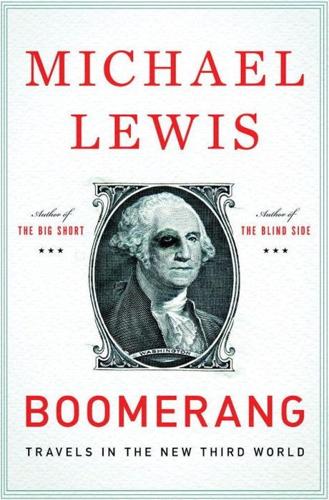
Boomerang: Travels in the New Third World
by Michael Lewis · 2 Oct 2011 · 180pp · 61,340 words
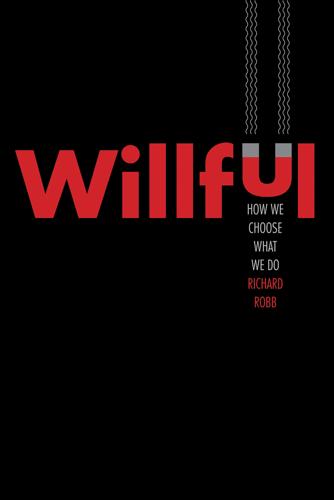
Willful: How We Choose What We Do
by Richard Robb · 12 Nov 2019 · 202pp · 58,823 words
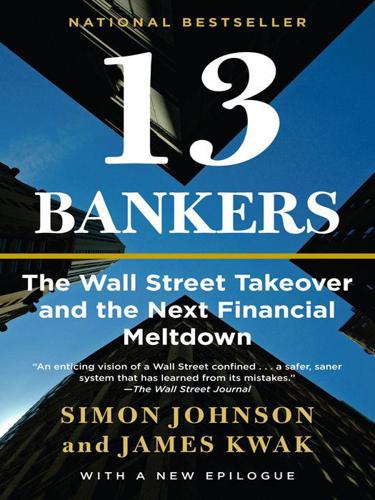
13 Bankers: The Wall Street Takeover and the Next Financial Meltdown
by Simon Johnson and James Kwak · 29 Mar 2010 · 430pp · 109,064 words
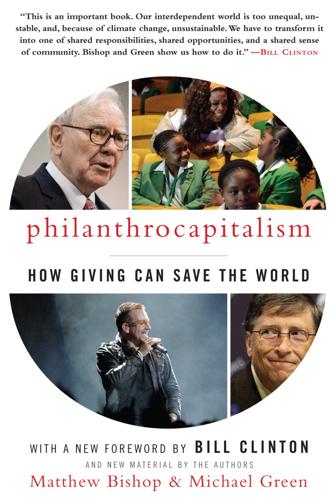
Philanthrocapitalism
by Matthew Bishop, Michael Green and Bill Clinton · 29 Sep 2008 · 401pp · 115,959 words
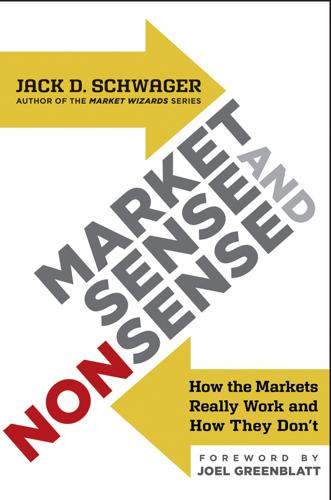
Market Sense and Nonsense
by Jack D. Schwager · 5 Oct 2012 · 297pp · 91,141 words
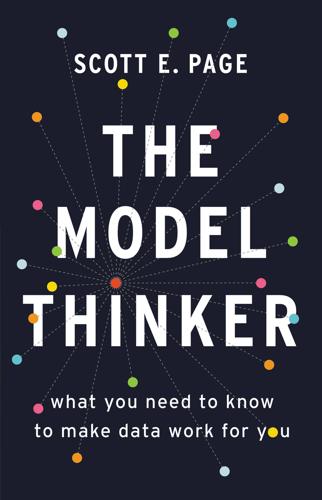
Model Thinker: What You Need to Know to Make Data Work for You
by Scott E. Page · 27 Nov 2018 · 543pp · 153,550 words
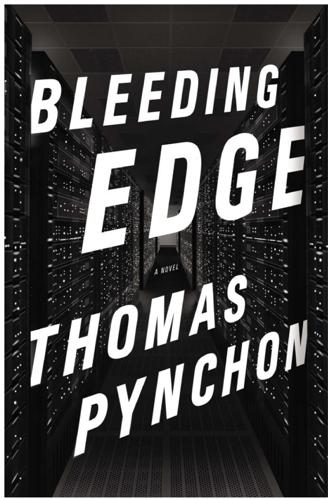
Bleeding Edge: A Novel
by Thomas Pynchon · 16 Sep 2013 · 532pp · 141,574 words
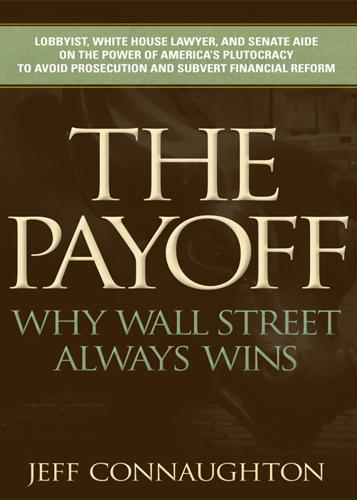
The Payoff
by Jeff Connaughton · 202pp · 66,742 words

Happy City: Transforming Our Lives Through Urban Design
by Charles Montgomery · 12 Nov 2013 · 432pp · 124,635 words
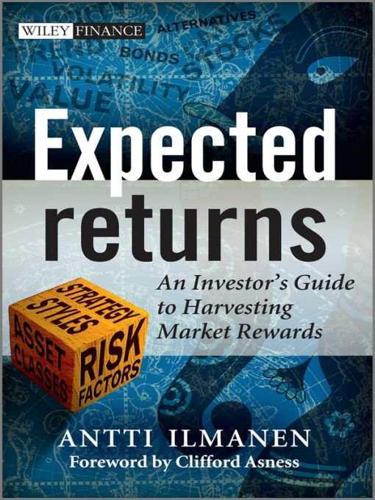
Expected Returns: An Investor's Guide to Harvesting Market Rewards
by Antti Ilmanen · 4 Apr 2011 · 1,088pp · 228,743 words
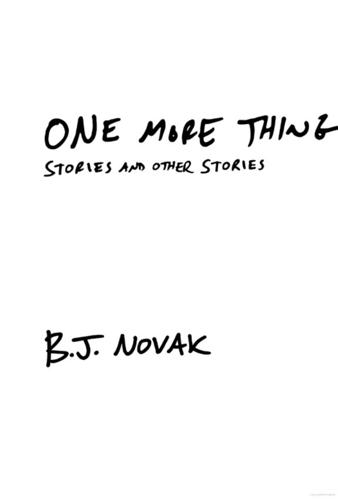
One More Thing: Stories and Other Stories
by B. J. Novak · 4 Feb 2014
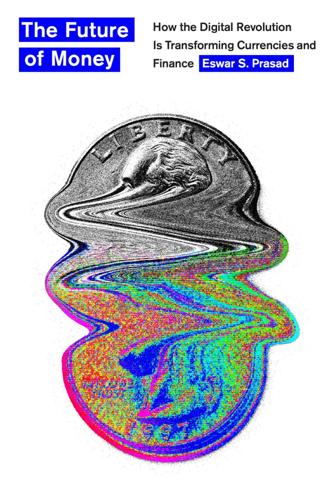
The Future of Money: How the Digital Revolution Is Transforming Currencies and Finance
by Eswar S. Prasad · 27 Sep 2021 · 661pp · 185,701 words
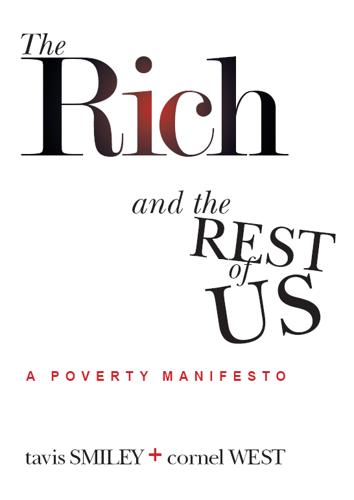
The Rich and the Rest of Us
by Tavis Smiley · 15 Feb 2012 · 181pp · 50,196 words
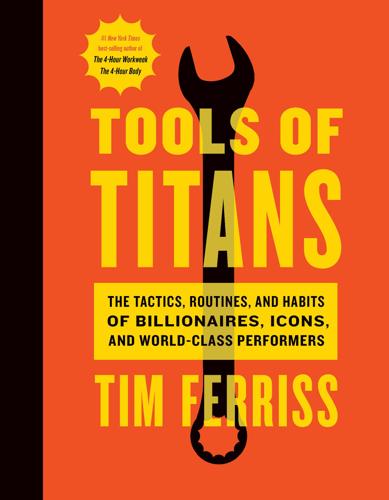
Tools of Titans: The Tactics, Routines, and Habits of Billionaires, Icons, and World-Class Performers
by Timothy Ferriss · 6 Dec 2016 · 669pp · 210,153 words
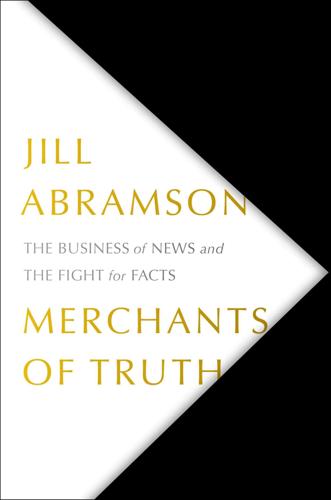
Merchants of Truth: The Business of News and the Fight for Facts
by Jill Abramson · 5 Feb 2019 · 788pp · 223,004 words

Whole Earth: The Many Lives of Stewart Brand
by John Markoff · 22 Mar 2022 · 573pp · 142,376 words
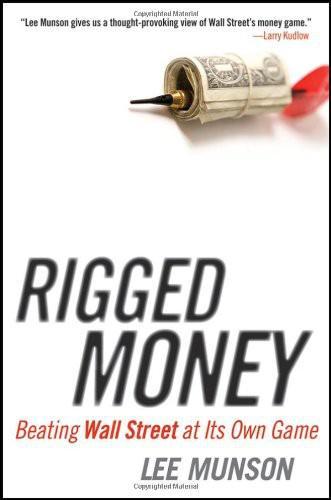
Rigged Money: Beating Wall Street at Its Own Game
by Lee Munson · 6 Dec 2011 · 236pp · 77,735 words
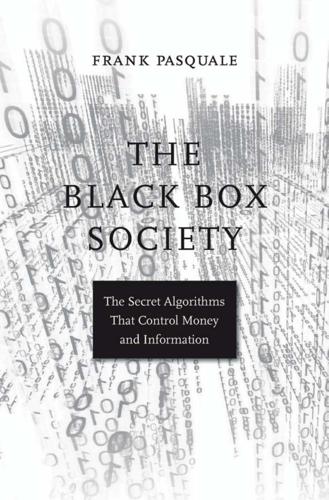
The Black Box Society: The Secret Algorithms That Control Money and Information
by Frank Pasquale · 17 Nov 2014 · 320pp · 87,853 words
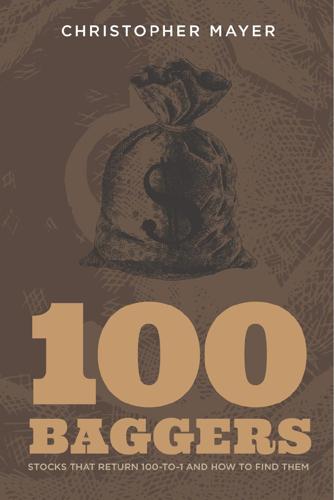
100 Baggers: Stocks That Return 100-To-1 and How to Find Them
by Christopher W Mayer · 21 May 2018
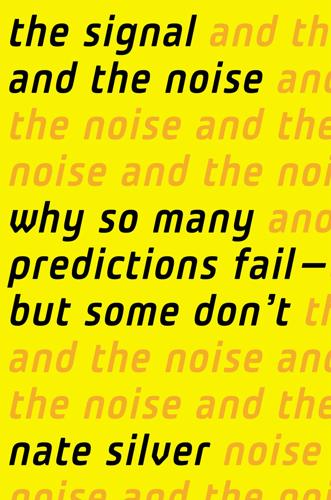
The Signal and the Noise: Why So Many Predictions Fail-But Some Don't
by Nate Silver · 31 Aug 2012 · 829pp · 186,976 words
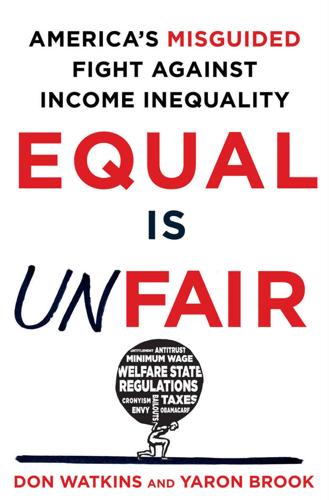
Equal Is Unfair: America's Misguided Fight Against Income Inequality
by Don Watkins and Yaron Brook · 28 Mar 2016 · 345pp · 92,849 words

Boom: Bubbles and the End of Stagnation
by Byrne Hobart and Tobias Huber · 29 Oct 2024 · 292pp · 106,826 words
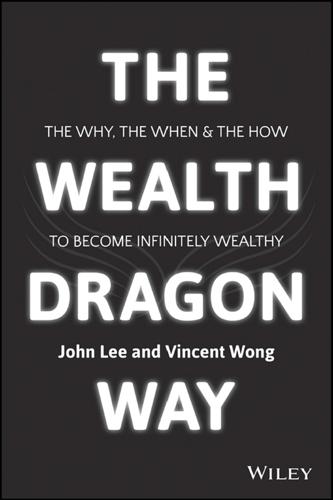
The Wealth Dragon Way: The Why, the When and the How to Become Infinitely Wealthy
by John Lee · 13 Apr 2015 · 202pp · 72,857 words
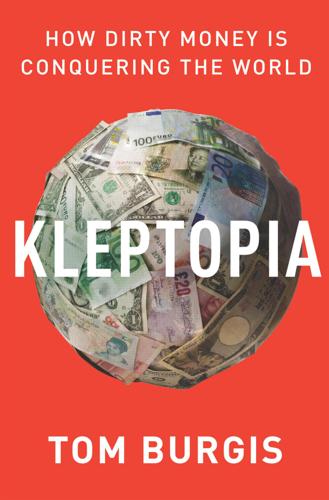
Kleptopia: How Dirty Money Is Conquering the World
by Tom Burgis · 7 Sep 2020 · 476pp · 139,761 words
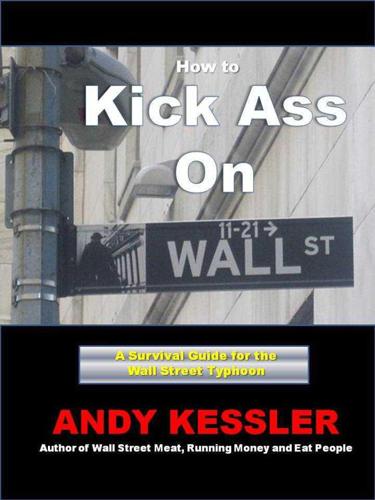
How to Kick Ass on Wall Street
by Andy Kessler · 4 Jun 2012 · 77pp · 18,414 words
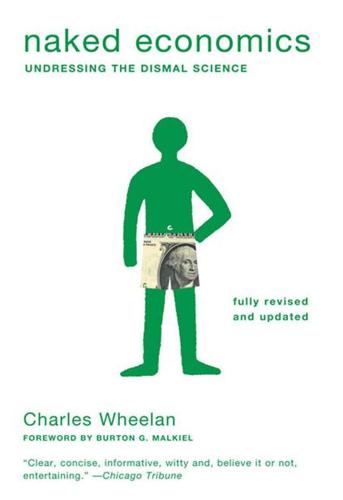
Naked Economics: Undressing the Dismal Science (Fully Revised and Updated)
by Charles Wheelan · 18 Apr 2010 · 386pp · 122,595 words

Earth Wars: The Battle for Global Resources
by Geoff Hiscock · 23 Apr 2012 · 363pp · 101,082 words
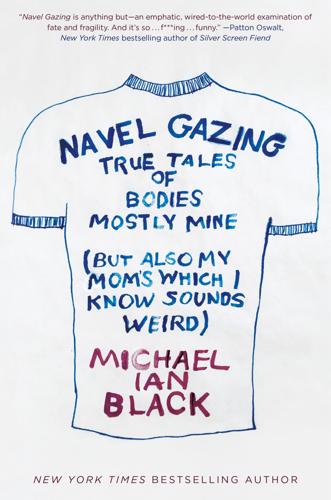
Navel Gazing: True Tales of Bodies, Mostly Mine (But Also My Mom's, Which I Know Sounds Weird)
by Michael Ian Black · 5 Jan 2016 · 171pp · 57,379 words
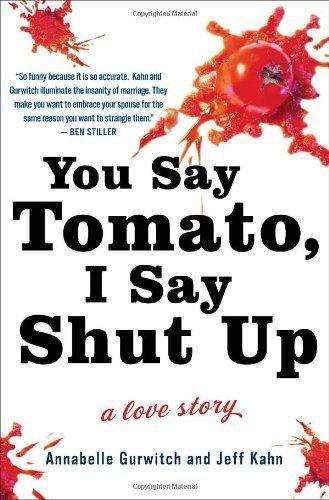
You Say Tomato, I Say Shut Up
by Annabelle Gurwitch · 31 Aug 2010 · 237pp · 82,266 words
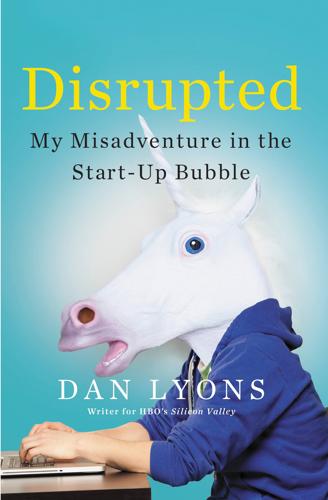
Disrupted: My Misadventure in the Start-Up Bubble
by Dan Lyons · 4 Apr 2016 · 284pp · 92,688 words
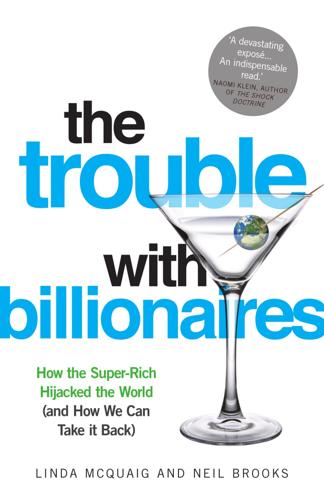
The Trouble With Billionaires
by Linda McQuaig · 1 May 2013 · 261pp · 81,802 words
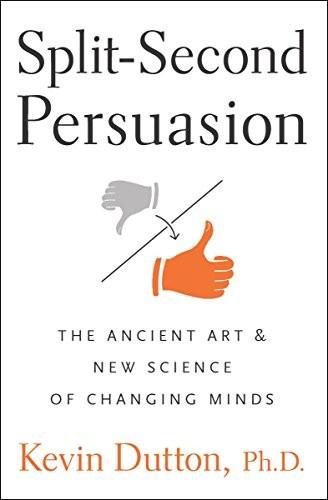
Split-Second Persuasion: The Ancient Art and New Science of Changing Minds
by Kevin Dutton · 3 Feb 2011 · 338pp · 100,477 words
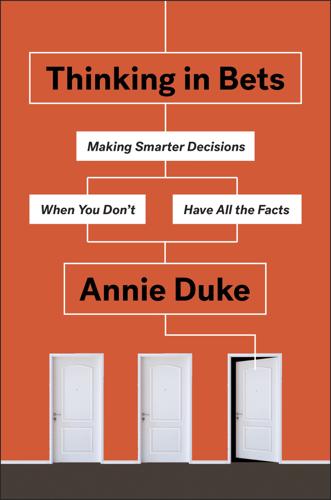
Thinking in Bets
by Annie Duke · 6 Feb 2018 · 288pp · 81,253 words
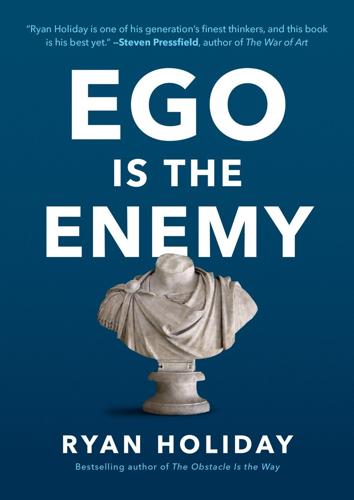
Ego Is the Enemy
by Ryan Holiday · 13 Jun 2016 · 177pp · 54,421 words
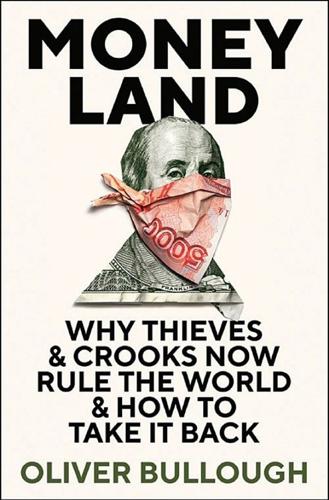
Moneyland: Why Thieves and Crooks Now Rule the World and How to Take It Back
by Oliver Bullough · 5 Sep 2018 · 364pp · 112,681 words
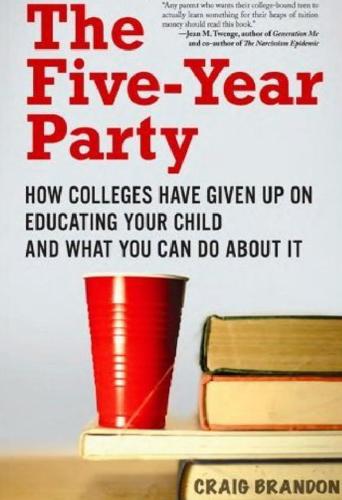
The Five-Year Party: How Colleges Have Given Up on Educating Your Child and What You Can Do About It
by Craig Brandon · 17 Aug 2010 · 282pp · 26,931 words
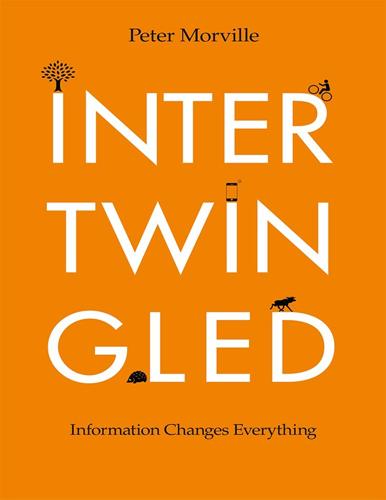
Intertwingled: Information Changes Everything
by Peter Morville · 14 May 2014 · 165pp · 50,798 words
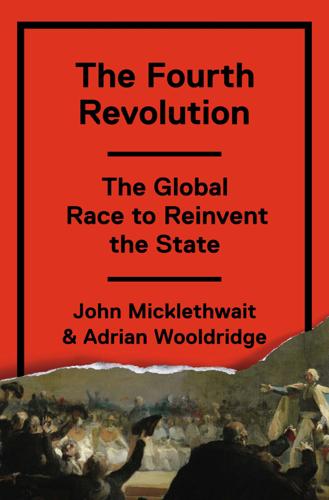
The Fourth Revolution: The Global Race to Reinvent the State
by John Micklethwait and Adrian Wooldridge · 14 May 2014 · 372pp · 92,477 words
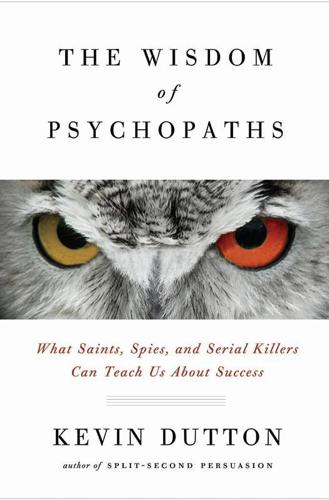
The Wisdom of Psychopaths: What Saints, Spies, and Serial Killers Can Teach Us About Success
by Kevin Dutton · 15 Oct 2012 · 280pp · 85,091 words
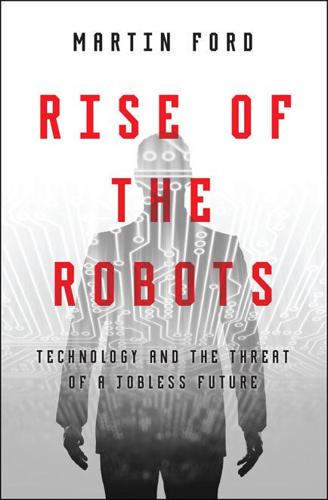
Rise of the Robots: Technology and the Threat of a Jobless Future
by Martin Ford · 4 May 2015 · 484pp · 104,873 words
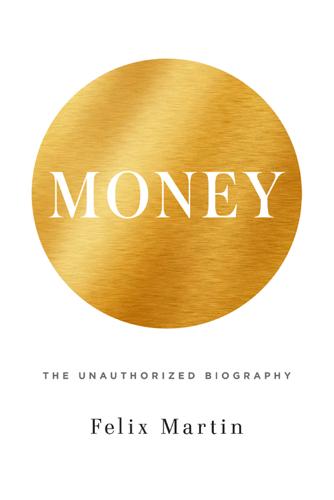
Money: The Unauthorized Biography
by Felix Martin · 5 Jun 2013 · 357pp · 110,017 words
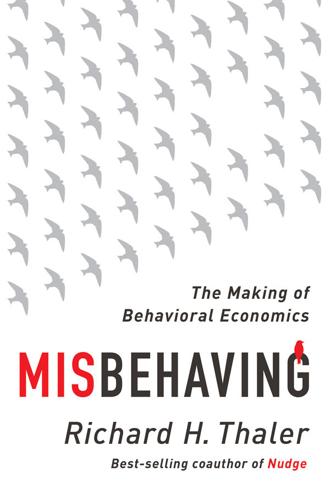
Misbehaving: The Making of Behavioral Economics
by Richard H. Thaler · 10 May 2015 · 500pp · 145,005 words
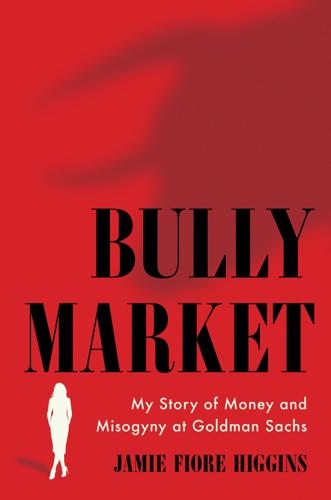
Bully Market: My Story of Money and Misogyny at Goldman Sachs
by Jamie Fiore Higgins · 29 Aug 2022 · 263pp · 86,709 words
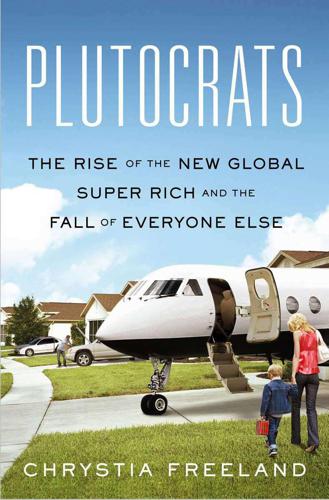
Plutocrats: The Rise of the New Global Super-Rich and the Fall of Everyone Else
by Chrystia Freeland · 11 Oct 2012 · 481pp · 120,693 words
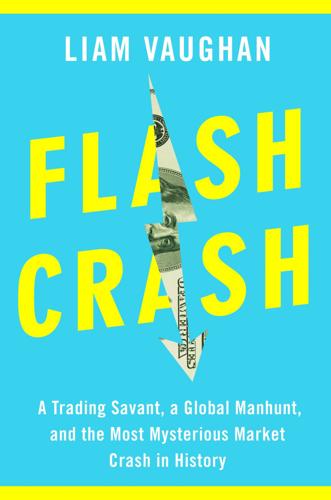
Flash Crash: A Trading Savant, a Global Manhunt, and the Most Mysterious Market Crash in History
by Liam Vaughan · 11 May 2020 · 268pp · 81,811 words
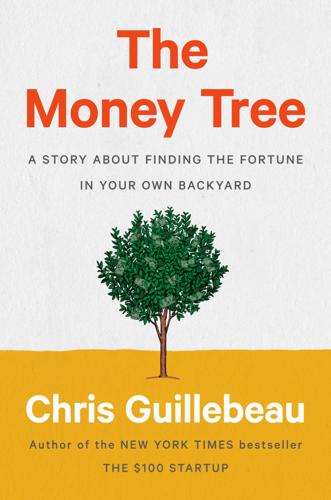
The Money Tree: A Story About Finding the Fortune in Your Own Backyard
by Chris Guillebeau · 6 Apr 2020 · 237pp · 66,545 words
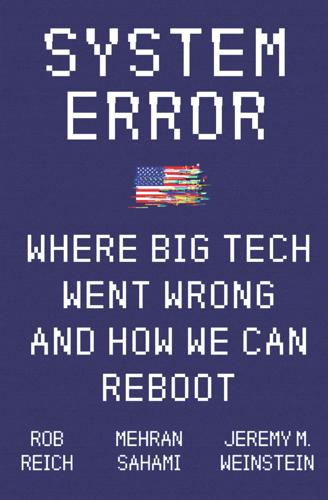
System Error: Where Big Tech Went Wrong and How We Can Reboot
by Rob Reich, Mehran Sahami and Jeremy M. Weinstein · 6 Sep 2021
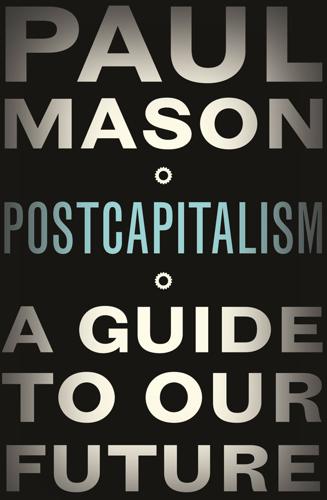
Postcapitalism: A Guide to Our Future
by Paul Mason · 29 Jul 2015 · 378pp · 110,518 words

The Social Animal: The Hidden Sources of Love, Character, and Achievement
by David Brooks · 8 Mar 2011 · 487pp · 151,810 words
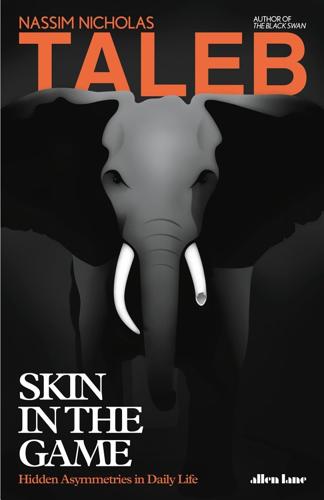
Skin in the Game: Hidden Asymmetries in Daily Life
by Nassim Nicholas Taleb · 20 Feb 2018 · 306pp · 82,765 words
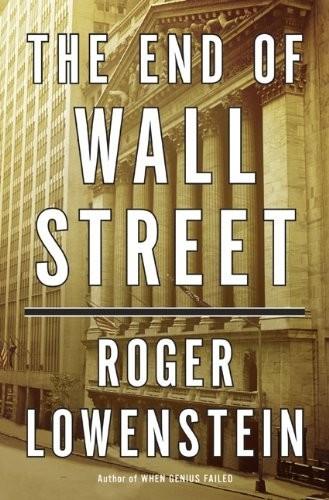
The End of Wall Street
by Roger Lowenstein · 15 Jan 2010 · 460pp · 122,556 words
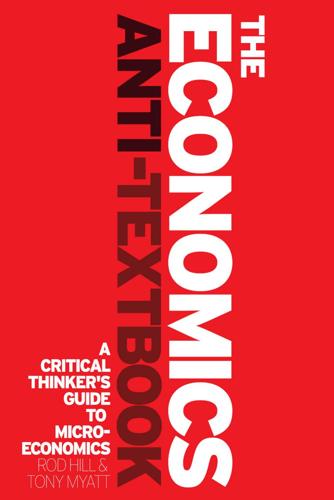
The Economics Anti-Textbook: A Critical Thinker's Guide to Microeconomics
by Rod Hill and Anthony Myatt · 15 Mar 2010
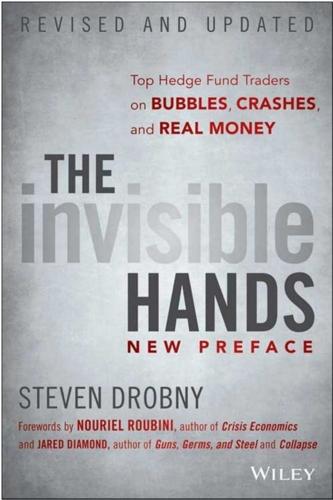
The Invisible Hands: Top Hedge Fund Traders on Bubbles, Crashes, and Real Money
by Steven Drobny · 18 Mar 2010 · 537pp · 144,318 words
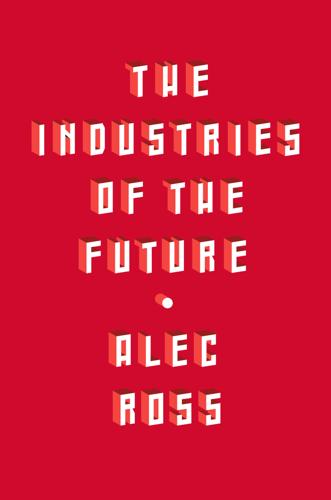
The Industries of the Future
by Alec Ross · 2 Feb 2016 · 364pp · 99,897 words
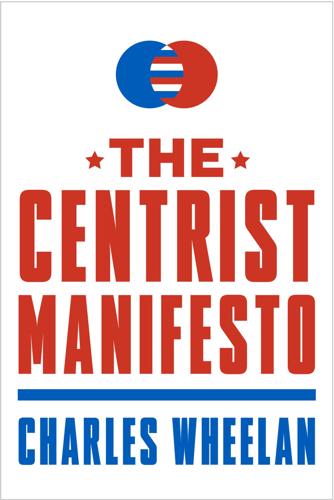
The Centrist Manifesto
by Charles Wheelan · 18 Apr 2013 · 104pp · 30,990 words
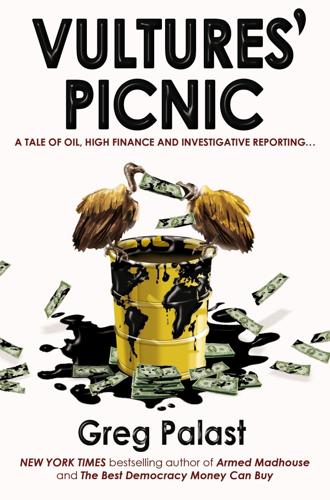
Vultures' Picnic: In Pursuit of Petroleum Pigs, Power Pirates, and High-Finance Carnivores
by Greg Palast · 14 Nov 2011 · 493pp · 132,290 words
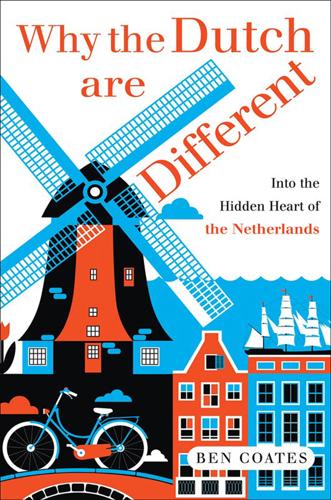
Why the Dutch Are Different: A Journey Into the Hidden Heart of the Netherlands: From Amsterdam to Zwarte Piet, the Acclaimed Guide to Travel in Holland
by Ben Coates · 23 Sep 2015 · 300pp · 99,410 words
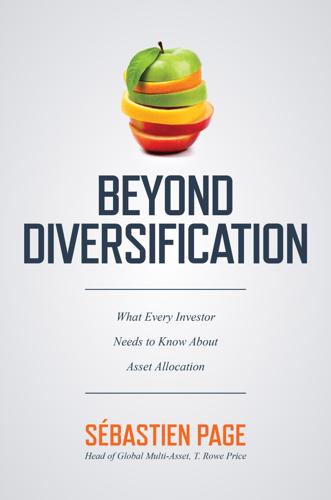
Beyond Diversification: What Every Investor Needs to Know About Asset Allocation
by Sebastien Page · 4 Nov 2020 · 367pp · 97,136 words
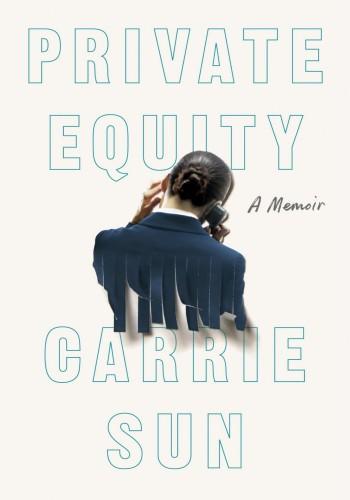
Private Equity: A Memoir
by Carrie Sun · 13 Feb 2024 · 267pp · 90,353 words
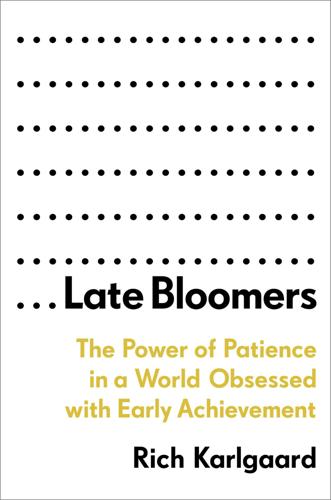
Late Bloomers: The Power of Patience in a World Obsessed With Early Achievement
by Rich Karlgaard · 15 Apr 2019 · 321pp · 92,828 words
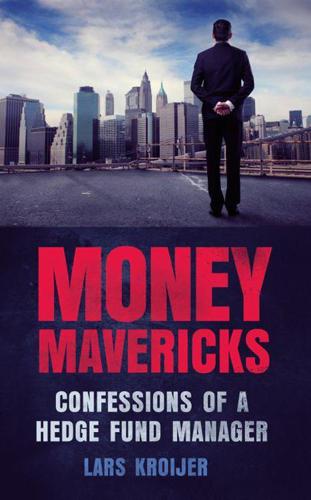
Money Mavericks: Confessions of a Hedge Fund Manager
by Lars Kroijer · 26 Jul 2010 · 244pp · 79,044 words
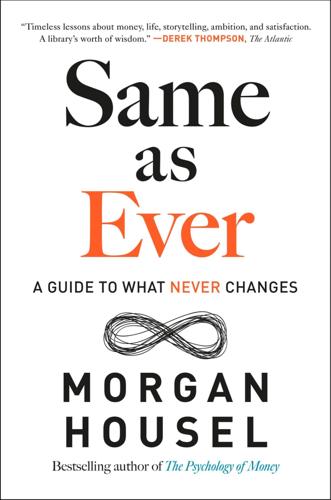
Same as Ever: A Guide to What Never Changes
by Morgan Housel · 7 Nov 2023 · 210pp · 53,743 words
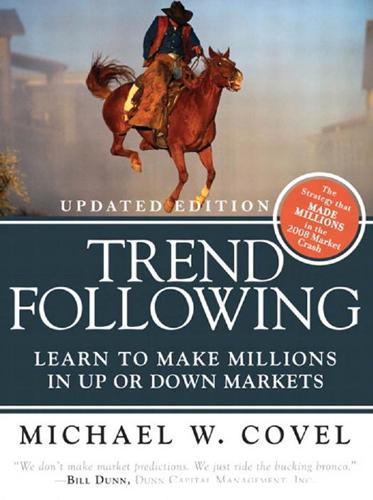
Trend Following: How Great Traders Make Millions in Up or Down Markets
by Michael W. Covel · 19 Mar 2007 · 467pp · 154,960 words
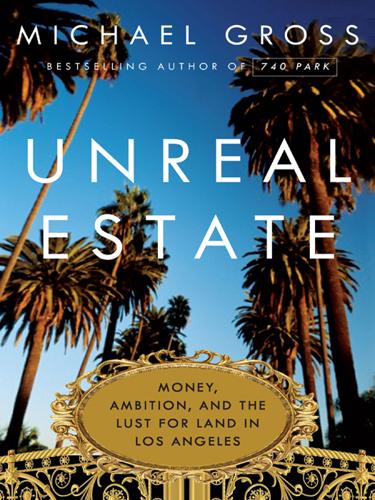
Unreal Estate: Money, Ambition, and the Lust for Land in Los Angeles
by Michael Gross · 1 Nov 2011 · 613pp · 200,826 words

The Making of Modern Britain
by Andrew Marr · 16 May 2007 · 618pp · 180,430 words
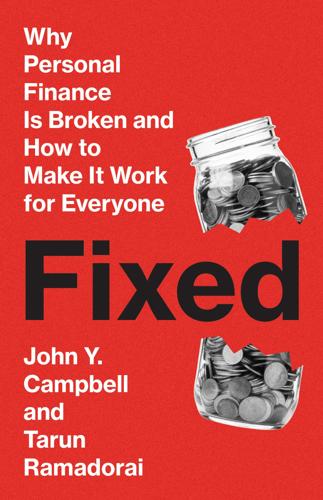
Fixed: Why Personal Finance is Broken and How to Make it Work for Everyone
by John Y. Campbell and Tarun Ramadorai · 25 Jul 2025
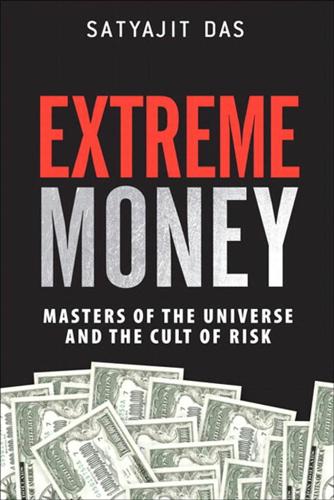
Extreme Money: Masters of the Universe and the Cult of Risk
by Satyajit Das · 14 Oct 2011 · 741pp · 179,454 words
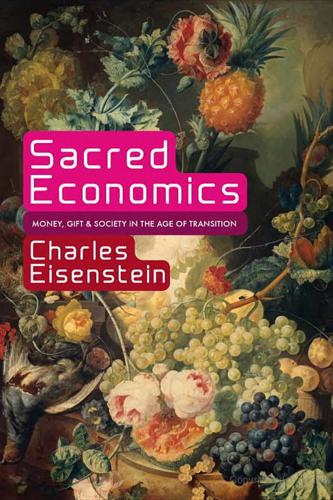
Sacred Economics: Money, Gift, and Society in the Age of Transition
by Charles Eisenstein · 11 Jul 2011 · 448pp · 142,946 words
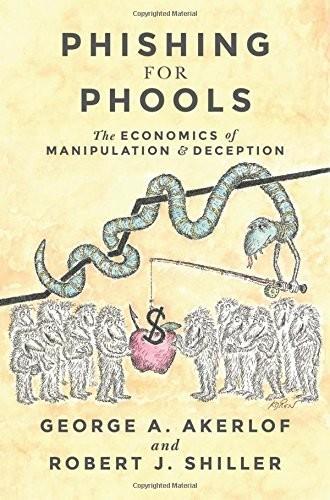
Phishing for Phools: The Economics of Manipulation and Deception
by George A. Akerlof, Robert J. Shiller and Stanley B Resor Professor Of Economics Robert J Shiller · 21 Sep 2015 · 274pp · 93,758 words
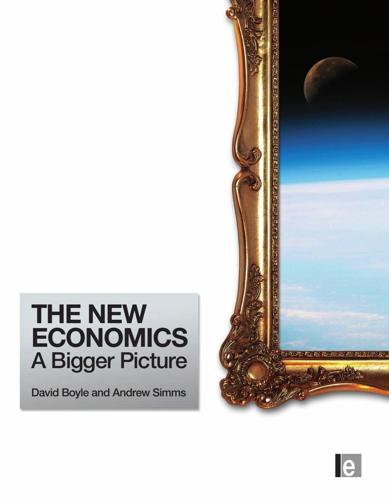
The New Economics: A Bigger Picture
by David Boyle and Andrew Simms · 14 Jun 2009 · 207pp · 86,639 words
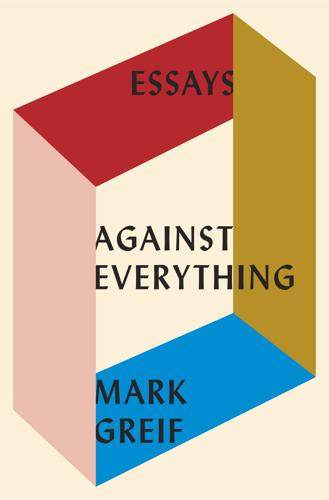
Against Everything: Essays
by Mark Greif · 5 Sep 2016 · 319pp · 103,707 words
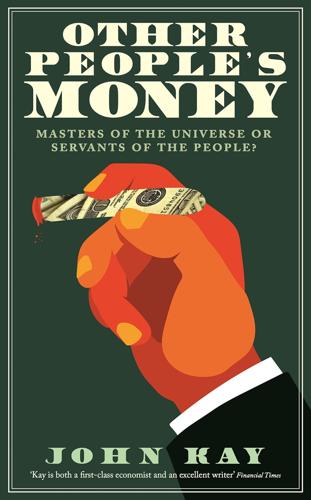
Other People's Money: Masters of the Universe or Servants of the People?
by John Kay · 2 Sep 2015 · 478pp · 126,416 words

The Atlantic and Its Enemies: A History of the Cold War
by Norman Stone · 15 Feb 2010 · 851pp · 247,711 words
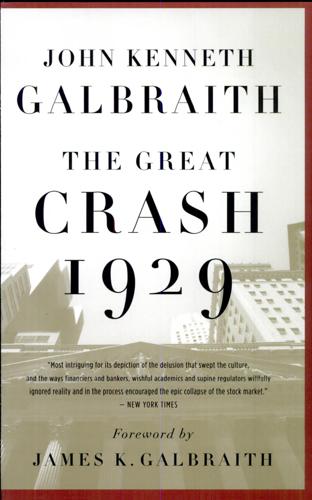
The Great Crash 1929
by John Kenneth Galbraith · 15 Dec 2009 · 319pp · 64,307 words

The Rough Guide to New York City
by Rough Guides · 21 May 2018
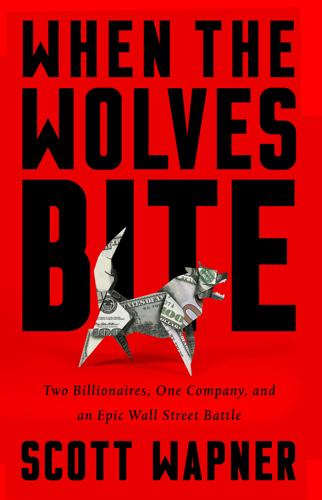
When the Wolves Bite: Two Billionaires, One Company, and an Epic Wall Street Battle
by Scott Wapner · 23 Apr 2018 · 302pp · 80,287 words
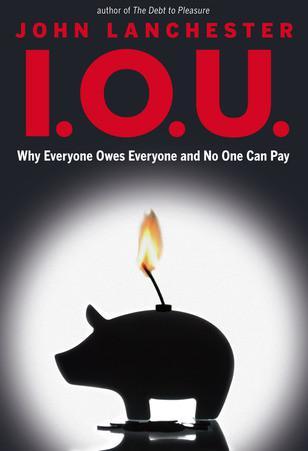
I.O.U.: Why Everyone Owes Everyone and No One Can Pay
by John Lanchester · 14 Dec 2009 · 322pp · 77,341 words
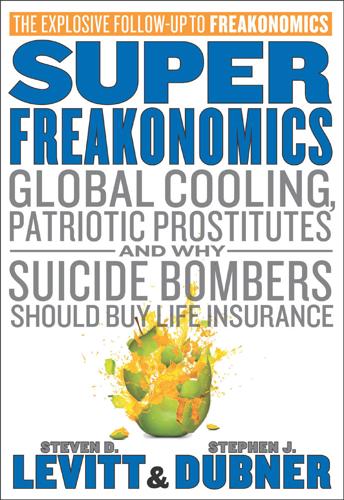
SuperFreakonomics
by Steven D. Levitt and Stephen J. Dubner · 19 Oct 2009 · 302pp · 83,116 words
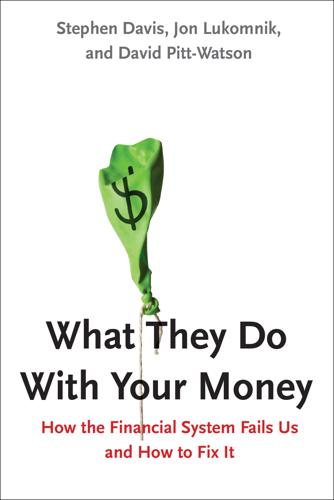
What They Do With Your Money: How the Financial System Fails Us, and How to Fix It
by Stephen Davis, Jon Lukomnik and David Pitt-Watson · 30 Apr 2016 · 304pp · 80,965 words
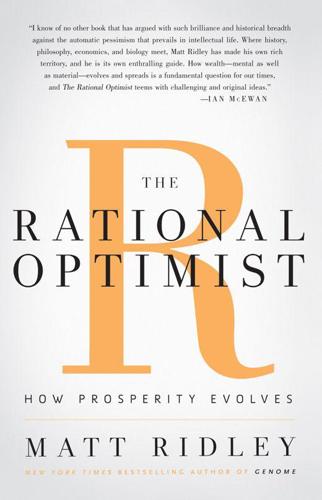
The Rational Optimist: How Prosperity Evolves
by Matt Ridley · 17 May 2010 · 462pp · 150,129 words
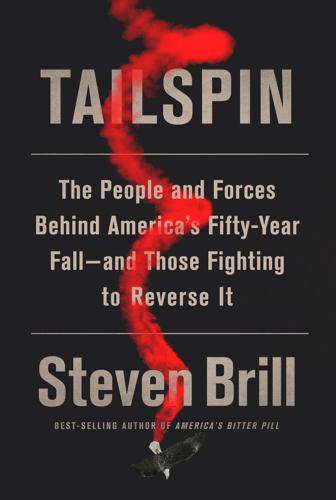
Tailspin: The People and Forces Behind America's Fifty-Year Fall--And Those Fighting to Reverse It
by Steven Brill · 28 May 2018 · 519pp · 155,332 words
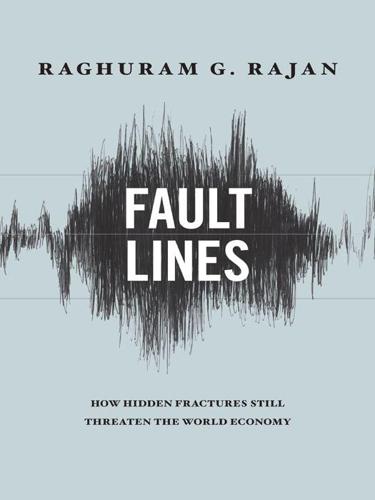
Fault Lines: How Hidden Fractures Still Threaten the World Economy
by Raghuram Rajan · 24 May 2010 · 358pp · 106,729 words
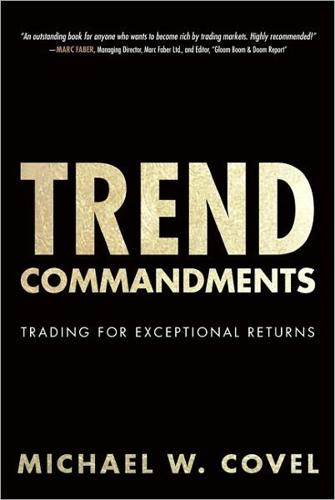
Trend Commandments: Trading for Exceptional Returns
by Michael W. Covel · 14 Jun 2011
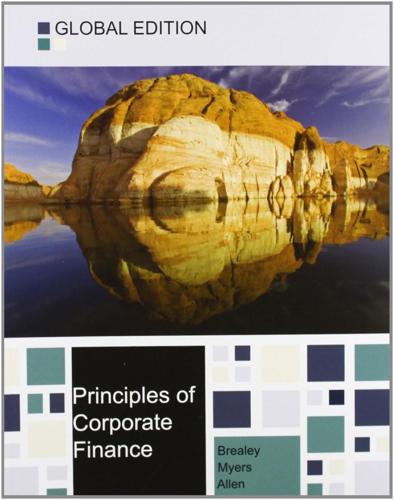
Principles of Corporate Finance
by Richard A. Brealey, Stewart C. Myers and Franklin Allen · 15 Feb 2014
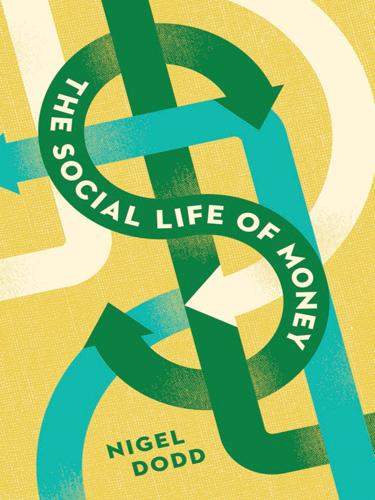
The Social Life of Money
by Nigel Dodd · 14 May 2014 · 700pp · 201,953 words
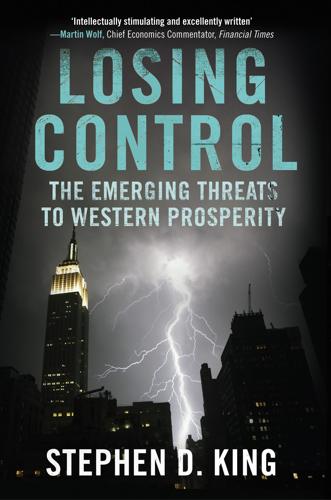
Losing Control: The Emerging Threats to Western Prosperity
by Stephen D. King · 14 Jun 2010 · 561pp · 87,892 words
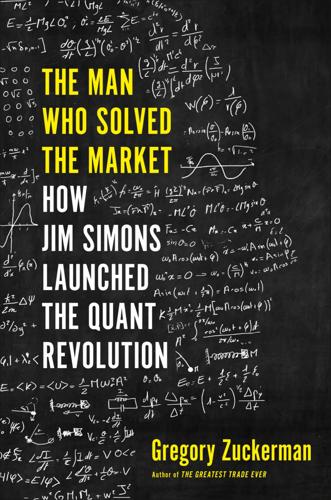
The Man Who Solved the Market: How Jim Simons Launched the Quant Revolution
by Gregory Zuckerman · 5 Nov 2019 · 407pp · 104,622 words
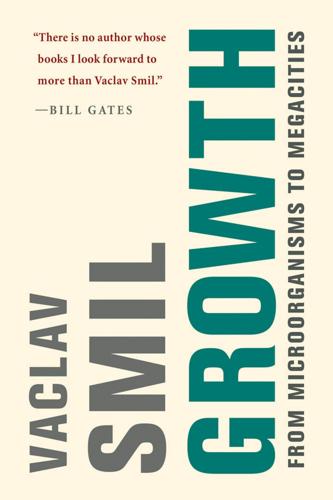
Growth: From Microorganisms to Megacities
by Vaclav Smil · 23 Sep 2019
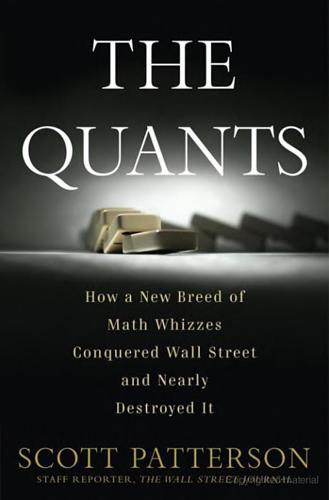
The Quants
by Scott Patterson · 2 Feb 2010 · 374pp · 114,600 words
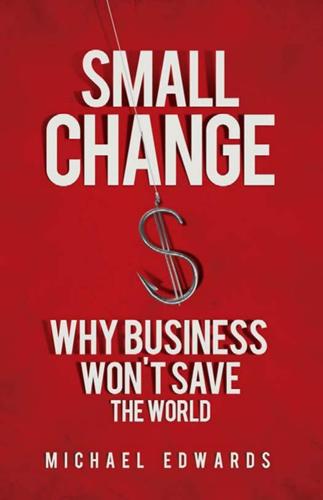
Small Change: Why Business Won't Save the World
by Michael Edwards · 4 Jan 2010
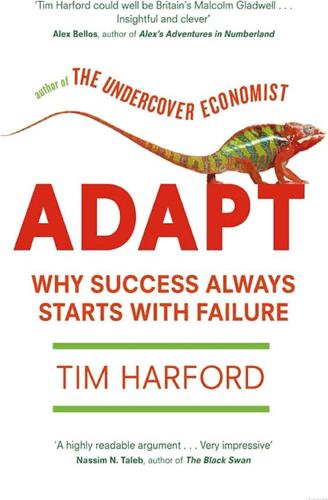
Adapt: Why Success Always Starts With Failure
by Tim Harford · 1 Jun 2011 · 459pp · 103,153 words
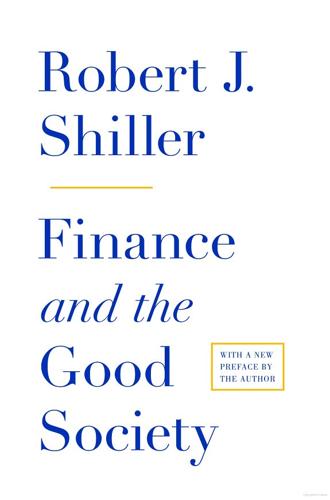
Finance and the Good Society
by Robert J. Shiller · 1 Jan 2012 · 288pp · 16,556 words
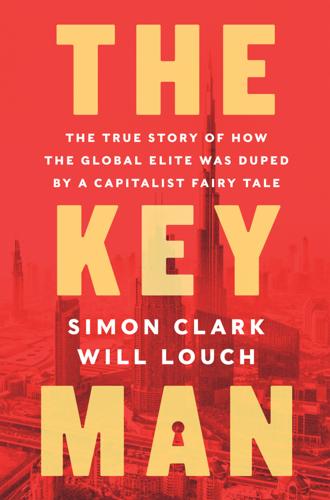
The Key Man: The True Story of How the Global Elite Was Duped by a Capitalist Fairy Tale
by Simon Clark and Will Louch · 14 Jul 2021 · 403pp · 105,550 words
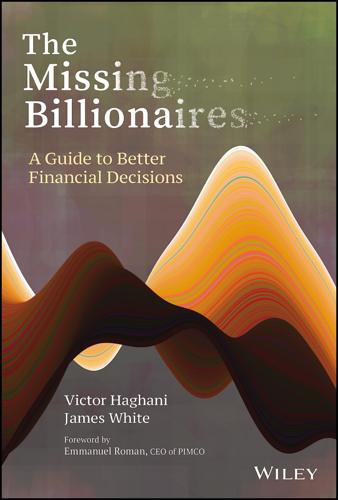
The Missing Billionaires: A Guide to Better Financial Decisions
by Victor Haghani and James White · 27 Aug 2023 · 314pp · 122,534 words
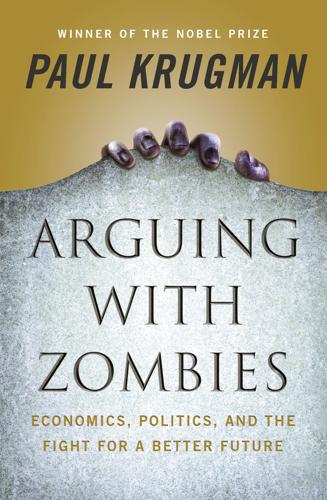
Arguing With Zombies: Economics, Politics, and the Fight for a Better Future
by Paul Krugman · 28 Jan 2020 · 446pp · 117,660 words
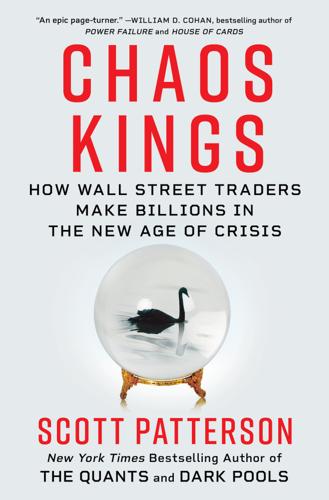
Chaos Kings: How Wall Street Traders Make Billions in the New Age of Crisis
by Scott Patterson · 5 Jun 2023 · 289pp · 95,046 words
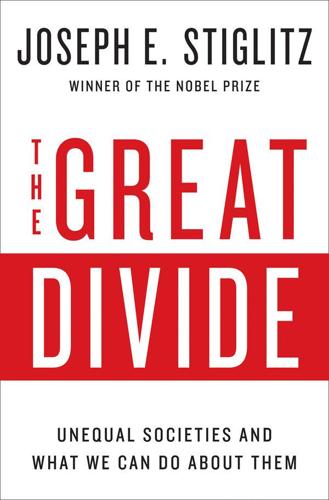
The Great Divide: Unequal Societies and What We Can Do About Them
by Joseph E. Stiglitz · 15 Mar 2015 · 409pp · 125,611 words
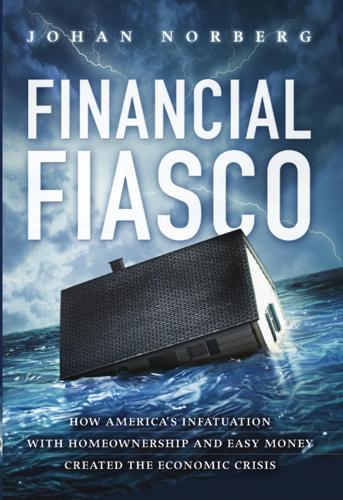
Financial Fiasco: How America's Infatuation With Homeownership and Easy Money Created the Economic Crisis
by Johan Norberg · 14 Sep 2009 · 246pp · 74,341 words
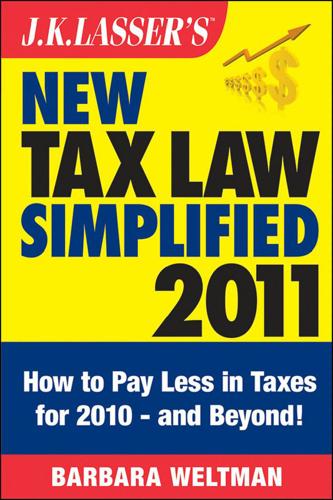
J.K. Lasser's New Tax Law Simplified: Tax Relief From the HIRE Act, Health Care Reform, and More
by Barbara Weltman · 30 Nov 2010
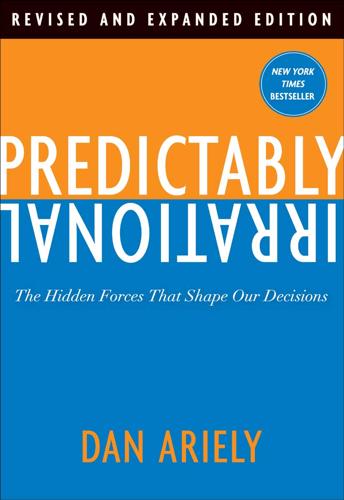
Predictably Irrational, Revised and Expanded Edition: The Hidden Forces That Shape Our Decisions
by Dan Ariely · 19 Feb 2007 · 383pp · 108,266 words
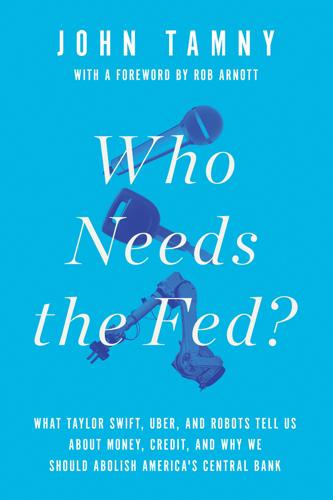
Who Needs the Fed?: What Taylor Swift, Uber, and Robots Tell Us About Money, Credit, and Why We Should Abolish America's Central Bank
by John Tamny · 30 Apr 2016 · 268pp · 74,724 words
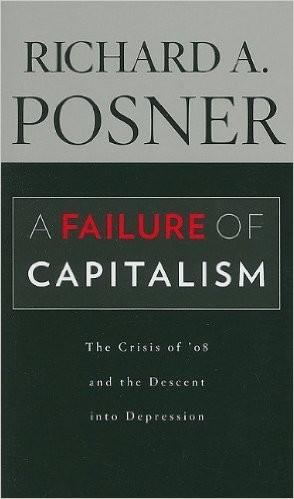
A Failure of Capitalism: The Crisis of '08 and the Descent Into Depression
by Richard A. Posner · 30 Apr 2009 · 305pp · 69,216 words
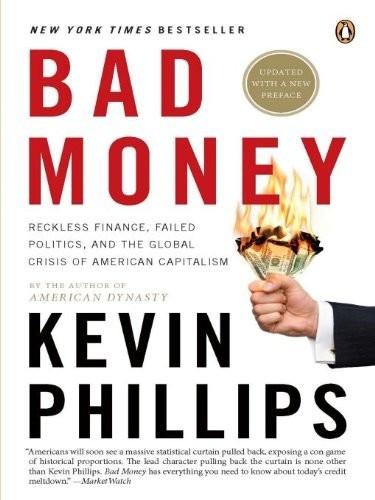
Bad Money: Reckless Finance, Failed Politics, and the Global Crisis of American Capitalism
by Kevin Phillips · 31 Mar 2008 · 422pp · 113,830 words
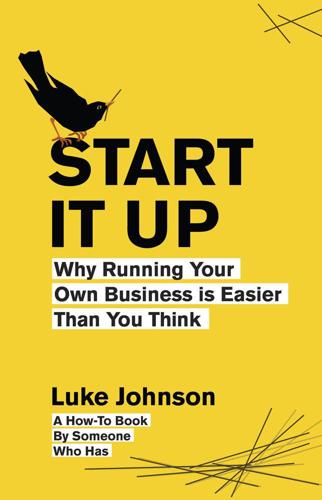
Start It Up: Why Running Your Own Business Is Easier Than You Think
by Luke Johnson · 31 Aug 2011 · 166pp · 49,639 words
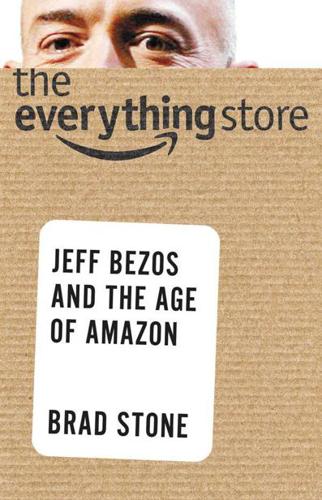
The Everything Store: Jeff Bezos and the Age of Amazon
by Brad Stone · 14 Oct 2013 · 380pp · 118,675 words
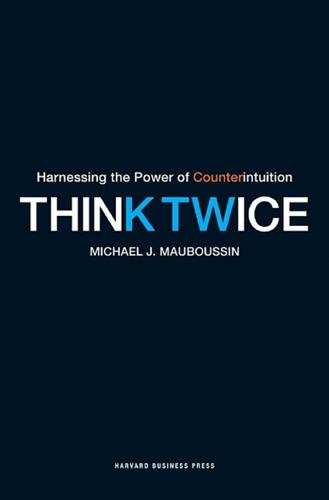
Think Twice: Harnessing the Power of Counterintuition
by Michael J. Mauboussin · 6 Nov 2012 · 256pp · 60,620 words

The Glass Hotel
by Emily St. John Mandel · 14 Jun 2020 · 287pp · 86,870 words
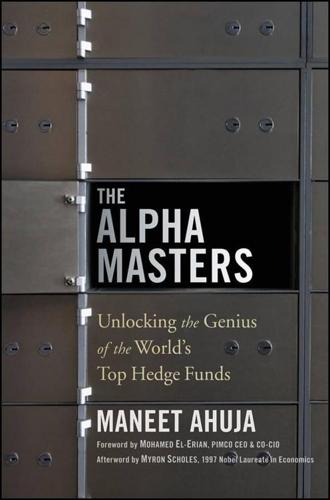
The Alpha Masters: Unlocking the Genius of the World's Top Hedge Funds
by Maneet Ahuja, Myron Scholes and Mohamed El-Erian · 29 May 2012 · 302pp · 86,614 words
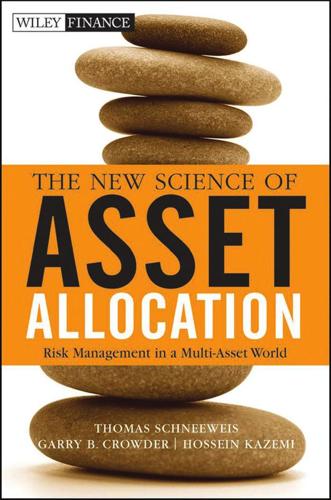
The New Science of Asset Allocation: Risk Management in a Multi-Asset World
by Thomas Schneeweis, Garry B. Crowder and Hossein Kazemi · 8 Mar 2010 · 317pp · 106,130 words
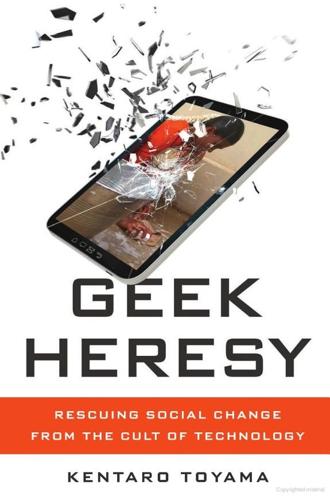
Geek Heresy: Rescuing Social Change From the Cult of Technology
by Kentaro Toyama · 25 May 2015 · 494pp · 116,739 words
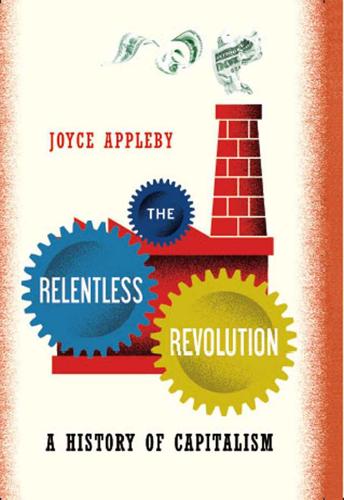
The Relentless Revolution: A History of Capitalism
by Joyce Appleby · 22 Dec 2009 · 540pp · 168,921 words
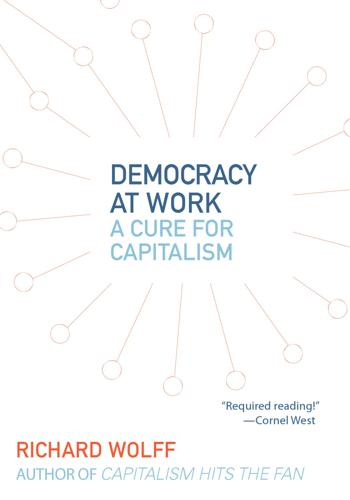
Democracy at Work: A Cure for Capitalism
by Richard D. Wolff · 1 Oct 2012 · 165pp · 48,594 words
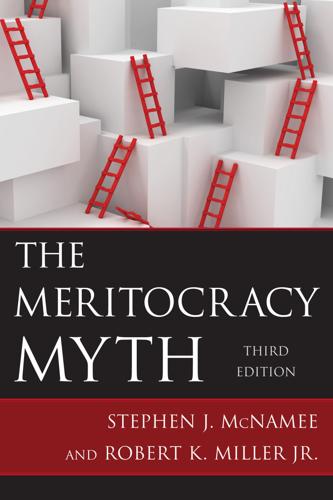
The Meritocracy Myth
by Stephen J. McNamee · 17 Jul 2013 · 440pp · 108,137 words
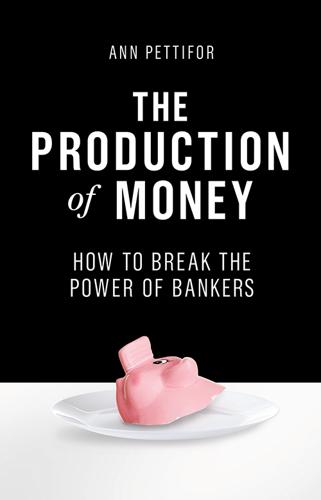
The Production of Money: How to Break the Power of Banks
by Ann Pettifor · 27 Mar 2017 · 182pp · 53,802 words
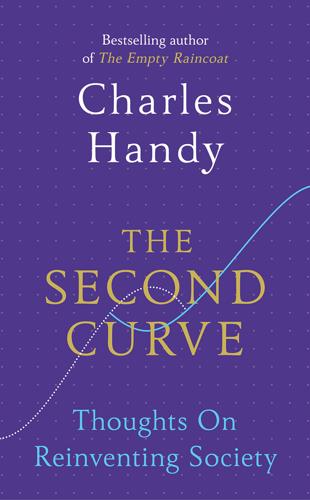
The Second Curve: Thoughts on Reinventing Society
by Charles Handy · 12 Mar 2015 · 164pp · 57,068 words
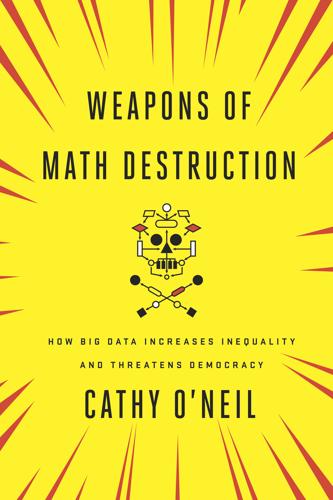
Weapons of Math Destruction: How Big Data Increases Inequality and Threatens Democracy
by Cathy O'Neil · 5 Sep 2016 · 252pp · 72,473 words
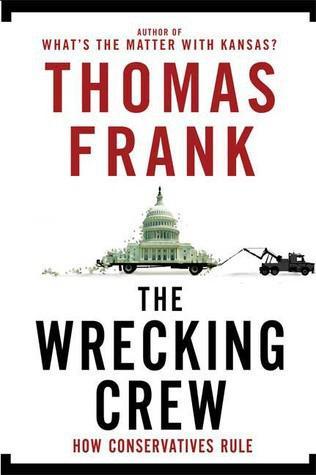
The Wrecking Crew: How Conservatives Rule
by Thomas Frank · 5 Aug 2008 · 482pp · 122,497 words
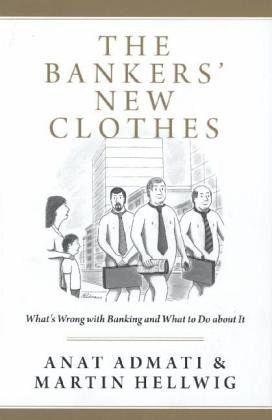
The Bankers' New Clothes: What's Wrong With Banking and What to Do About It
by Anat Admati and Martin Hellwig · 15 Feb 2013 · 726pp · 172,988 words
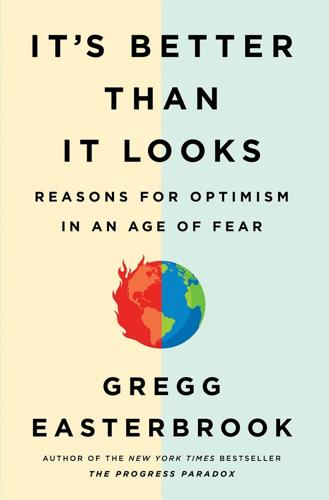
It's Better Than It Looks: Reasons for Optimism in an Age of Fear
by Gregg Easterbrook · 20 Feb 2018 · 424pp · 119,679 words
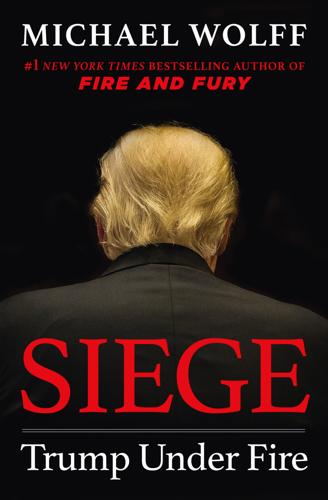
Siege: Trump Under Fire
by Michael Wolff · 3 Jun 2019 · 359pp · 113,847 words